Shows
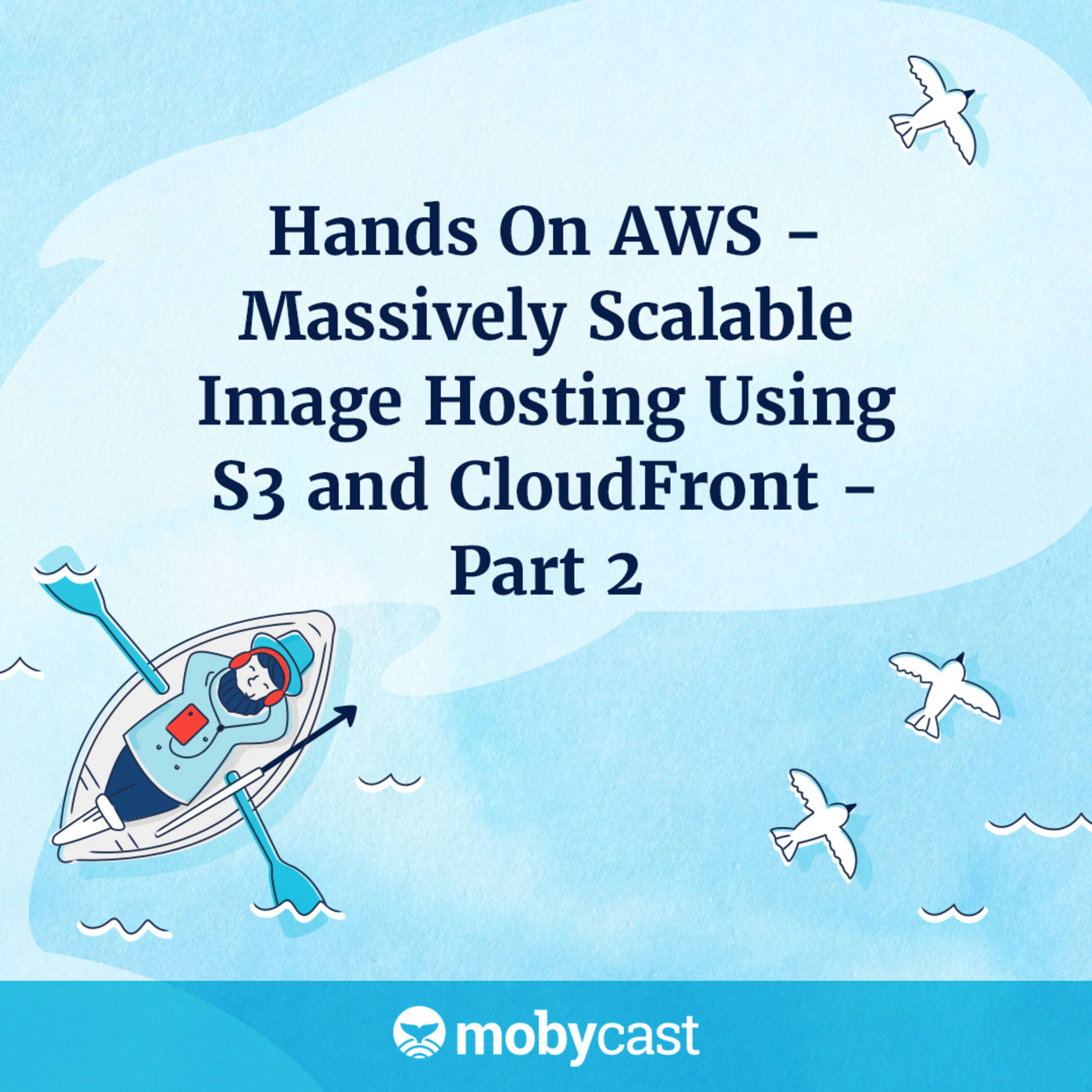
MobycastHands On AWS - Massively Scalable Image Hosting Using S3 and CloudFront - Part 2In episode #109 of Mobycast, we started our discussion on how to build a massively scalable image hosting service. We talked about the general architecture and then dove deep on how to handle image uploads.
But uploading is only half the solution. We also need to allow downloads of the images. Turns out, downloading is a totally different game.
In this episode of Mobycast, Jon and Chris finish their two-part series on building an image hosting solution. We discuss in detail how to enable downloads of files with the help of CloudFront, a global network of edge locations that makes it...
2020-07-0841 min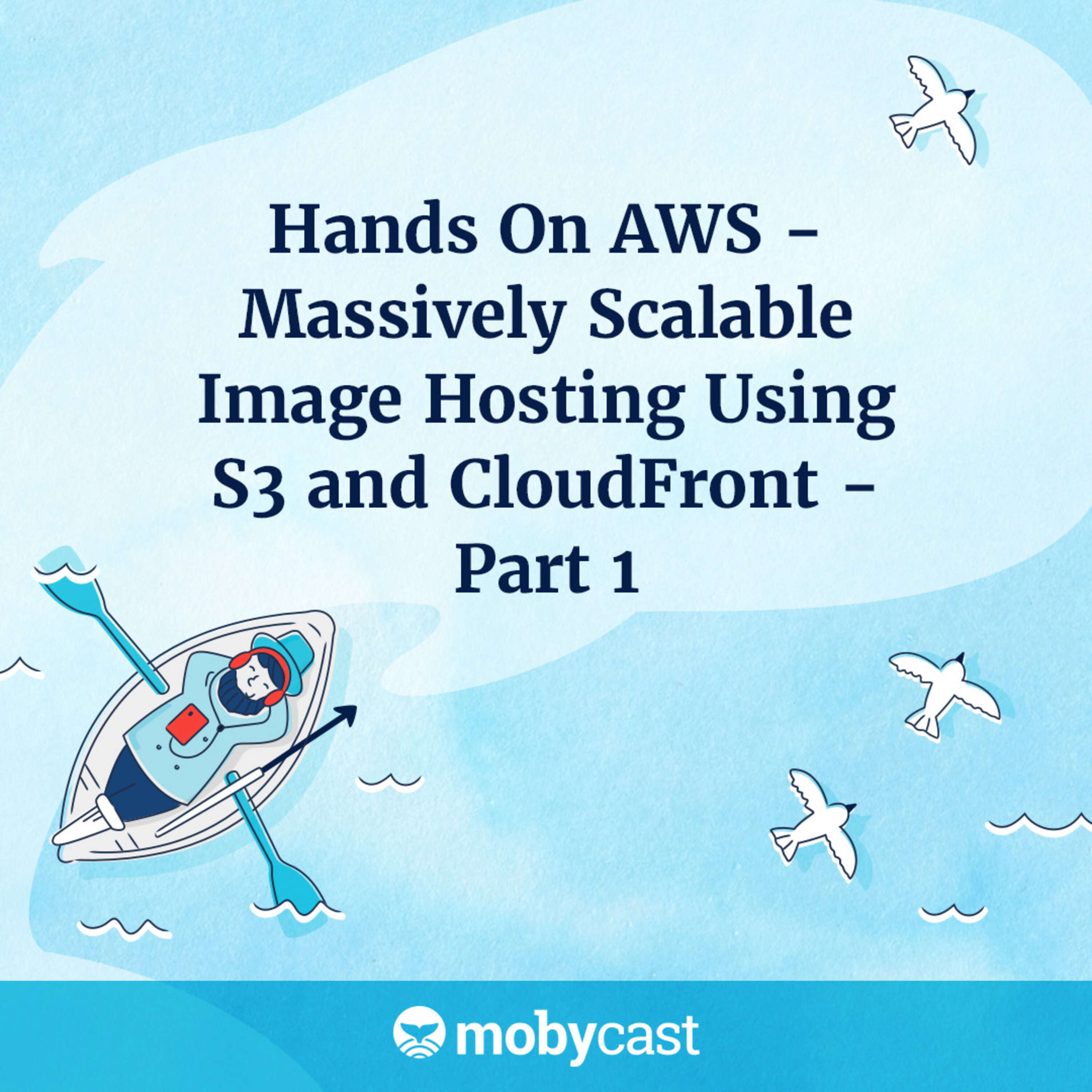
MobycastHands On AWS - Massively Scalable Image Hosting Using S3 and CloudFront - Part 1If you are building software apps, at some point you will likely need to build an image hosting service (let's be honest, probably more than once!). Image hosting is a core feature of many apps, and it's important to get right.
We all know the best practices for building image hosting in the cloud. Start with Amazon S3 for the uploads. Then serve them up with a CDN like CloudFront. Easy, right? Well, as usual, the devil's in the details.
In this episode of Mobycast, Jon and Chris kick off a two-part series detailing how to build a massively scalable...
2020-07-0143 min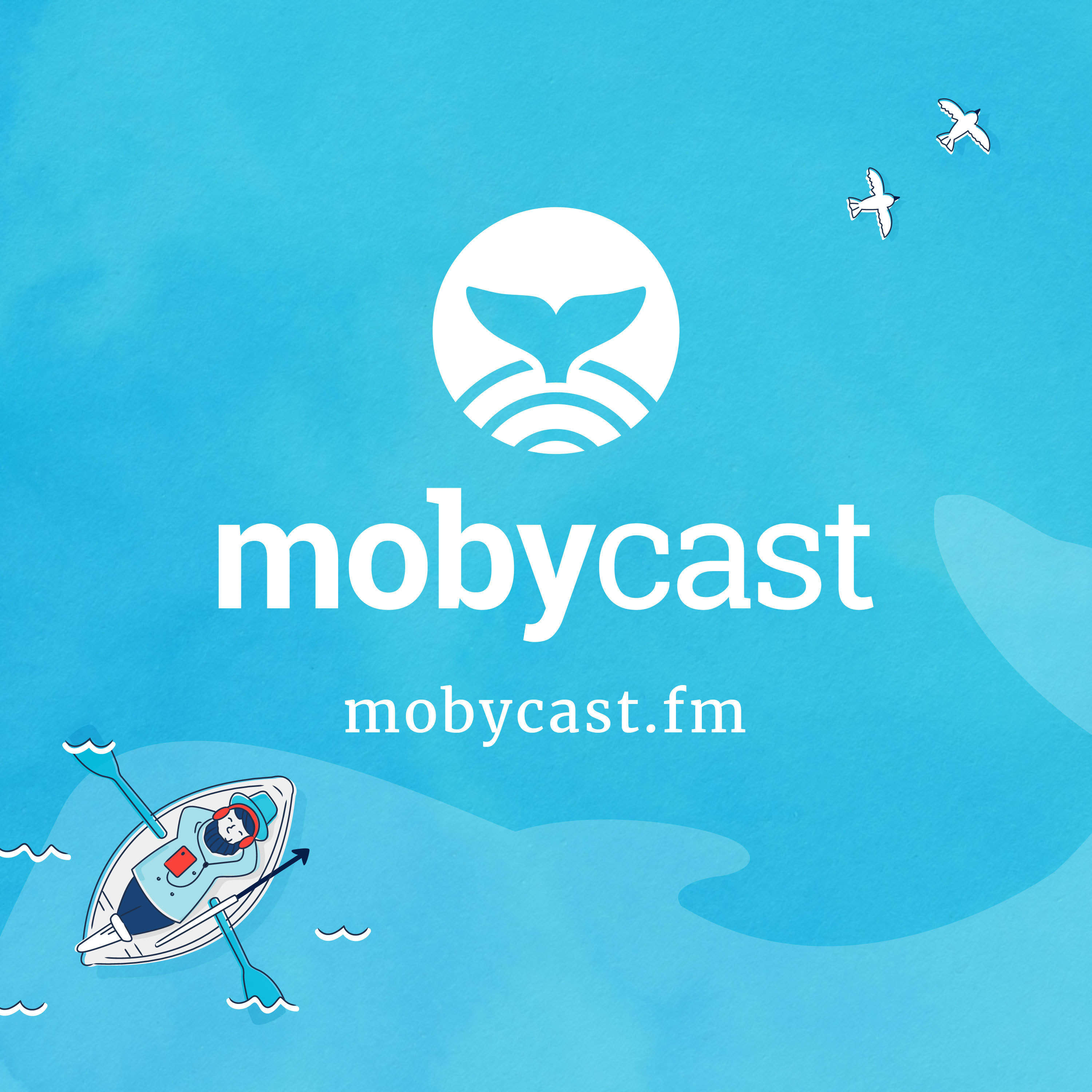
MobycastReplay of Ep 42 - The Birth of NoSQL and DynamoDb – Part 4Welcome to Mobycast! This is the fourth episode that we’re re-releasing from back when we told Chris’s personal story of starting Viathan, which was a software startup built to create one of the first internet scale databases. In this episode we finish our deep dive into the technical details of how AWS’s Dynamo DB works. If you’re just joining us at Mobycast, thanks for sticking with us through this five part series. By the end, you’ll be ready to join us on any of our other technical deep dives.
2020-04-0841 min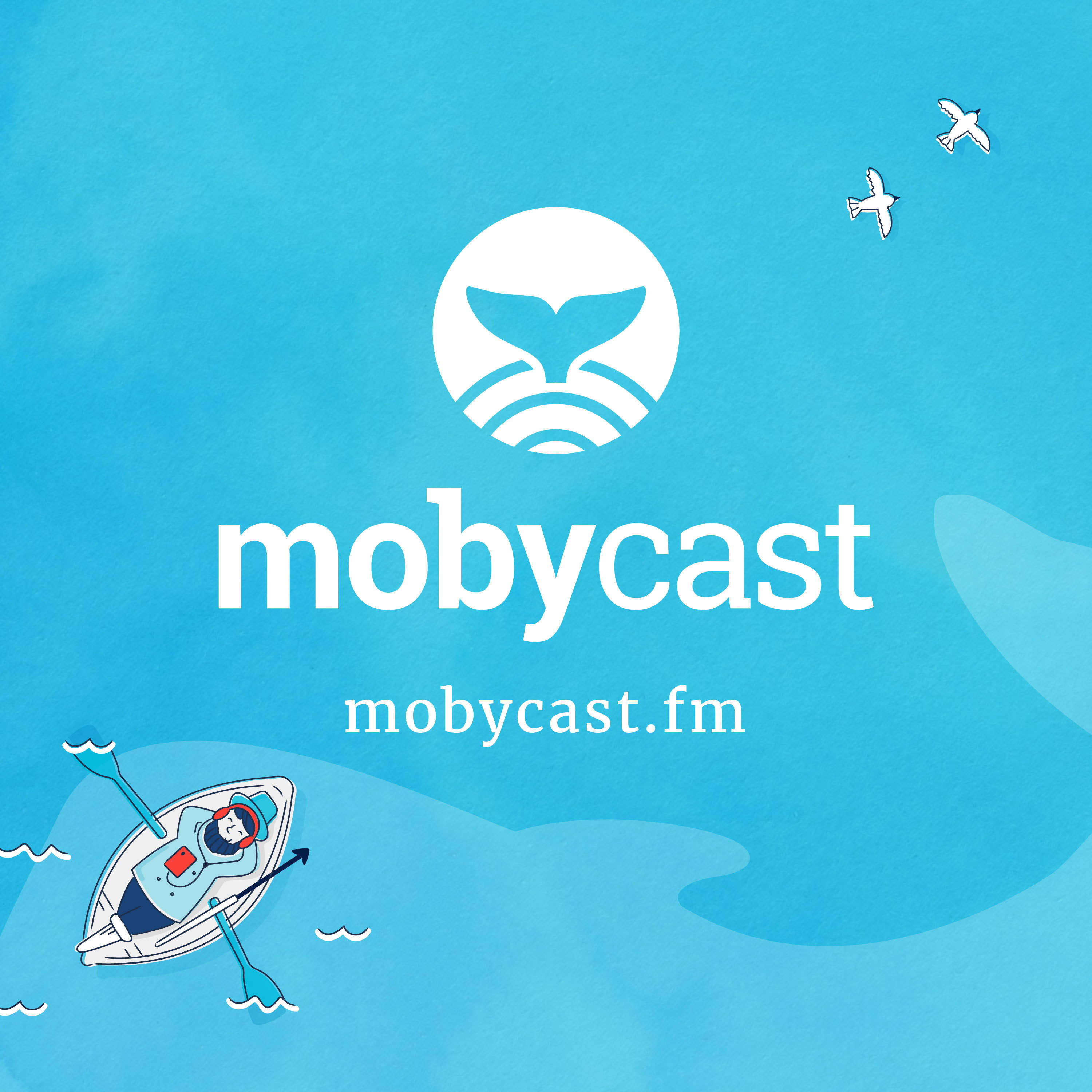
MobycastReplay of Ep 41 - The Birth of NoSQL and DynamoDb – Part 3Welcome to Mobycast! This is the third episode that we’re re-releasing from back when we told Chris’s personal story of starting Viathan, which was a software startup built to create one of the first internet scale databases. In this episode we start to dive into the technical details of how AWS’s Dynamo DB works. If you’re just joining us at Mobycast, this will be your first taste of getting technical with us as we ease you into our library of curated, important cloud-native development topics.
2020-04-0129 min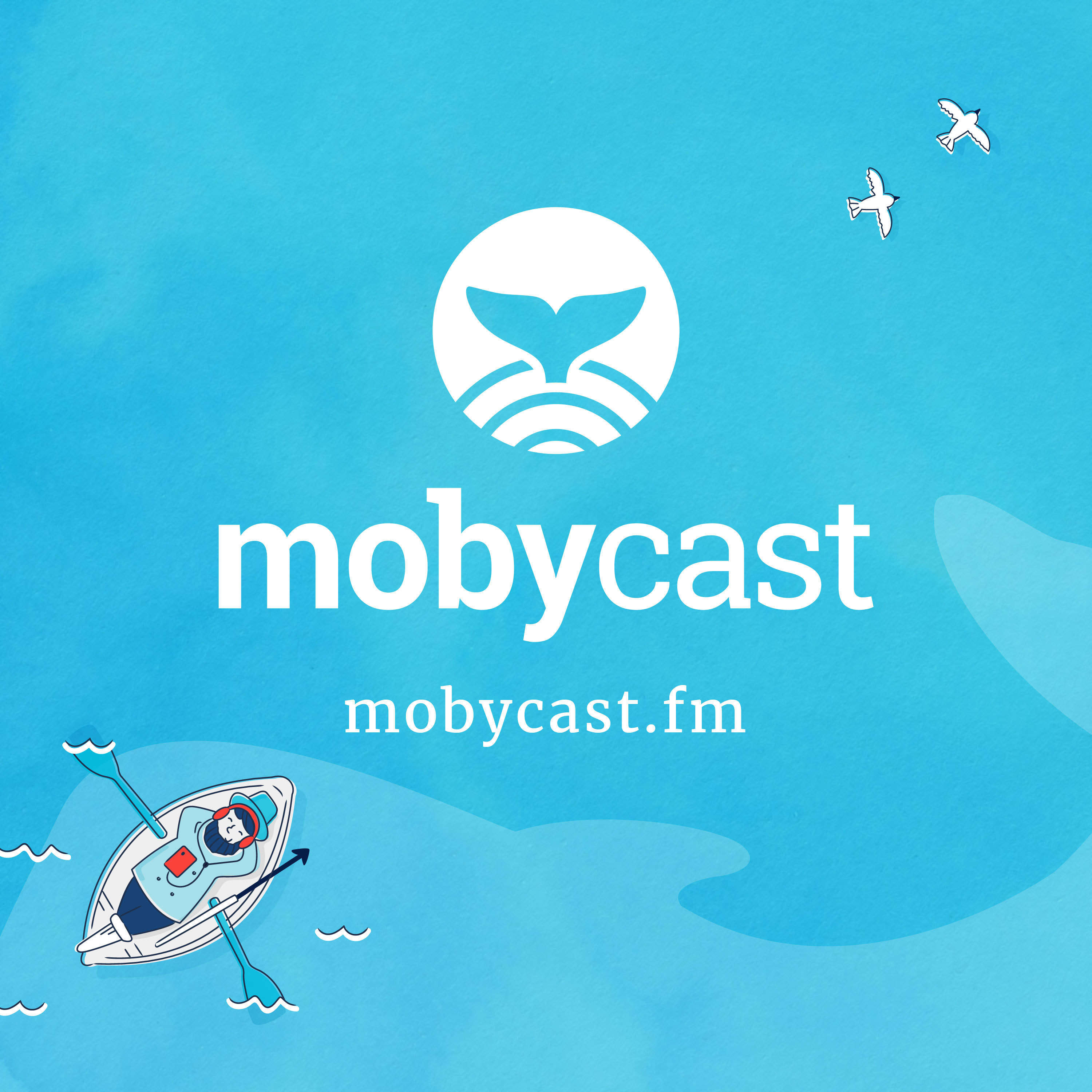
MobycastReplay of Ep 40 - The Birth of NoSQL and DynamoDb – Part 2Welcome to Mobycast! This is the second episode that we’re re-releasing from back when we told Chris’s personal story of starting Viathan, which was a software startup built to create one of the first internet scale databases. You’ll get to see how his work in the early 2000’s/late 90’s was instrumental to what later became the databases that we count on today. Anyway, the reason that you should listen to this is not because it’s a fun story but because we’re asking you to trust us here at Mobycast when we tell you what we think is th...
2020-03-2533 min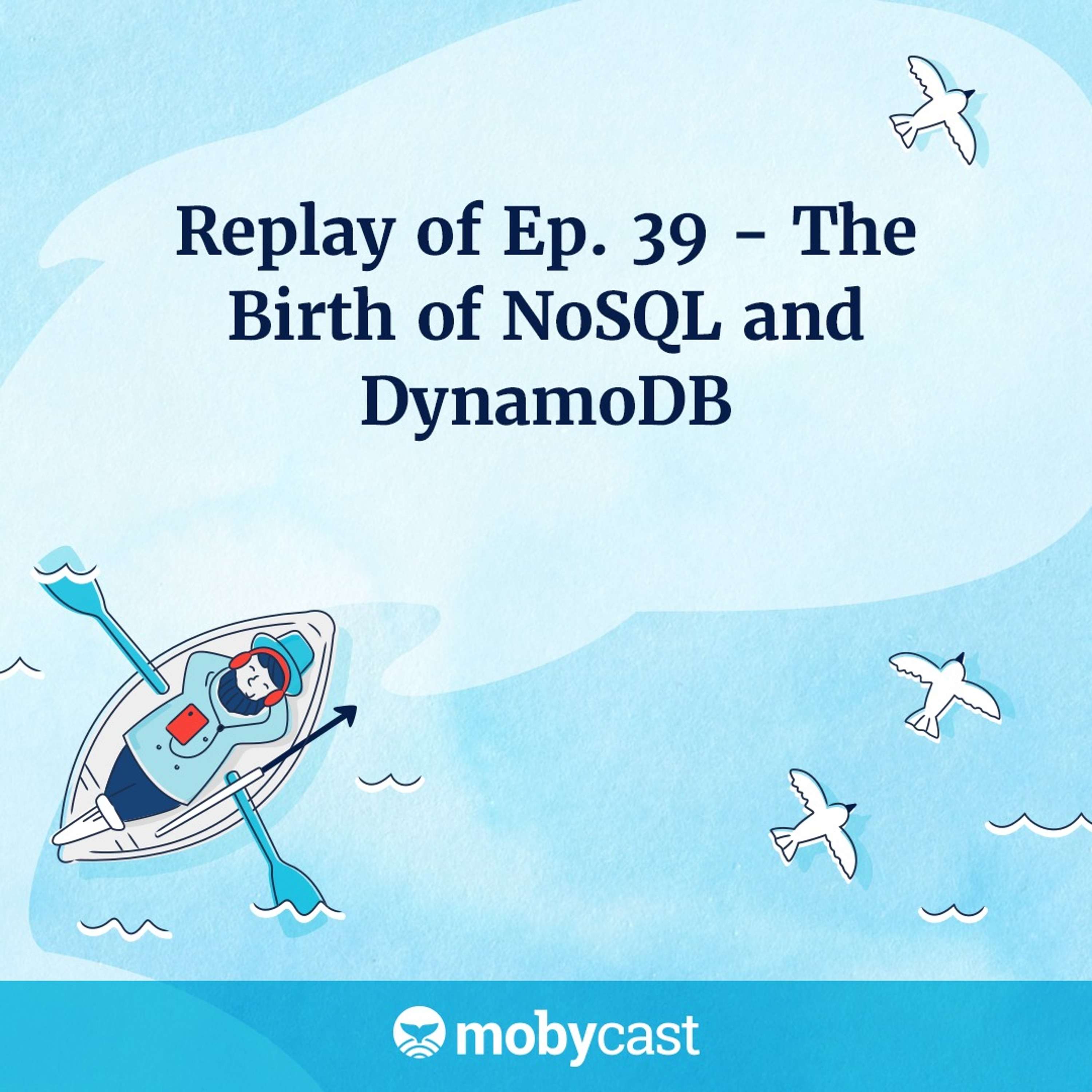
MobycastReplay of Ep 39 - The Birth of NoSQL and DynamoDBWe present to you a remastered and re-released version of one of our early shows from 2018. It was one of our most popular shows of all time, and in it, Chris Hickman recounts his story of being a Microsoft employee dealing with issues of internet scaling in the late 90s to becoming one of the pioneers of NoSQL. Listen to this series to get to know Chris. These are the formative years of the guy who made Mobycast possible with his incredible depth and breadth of development experience.
2020-03-1833 min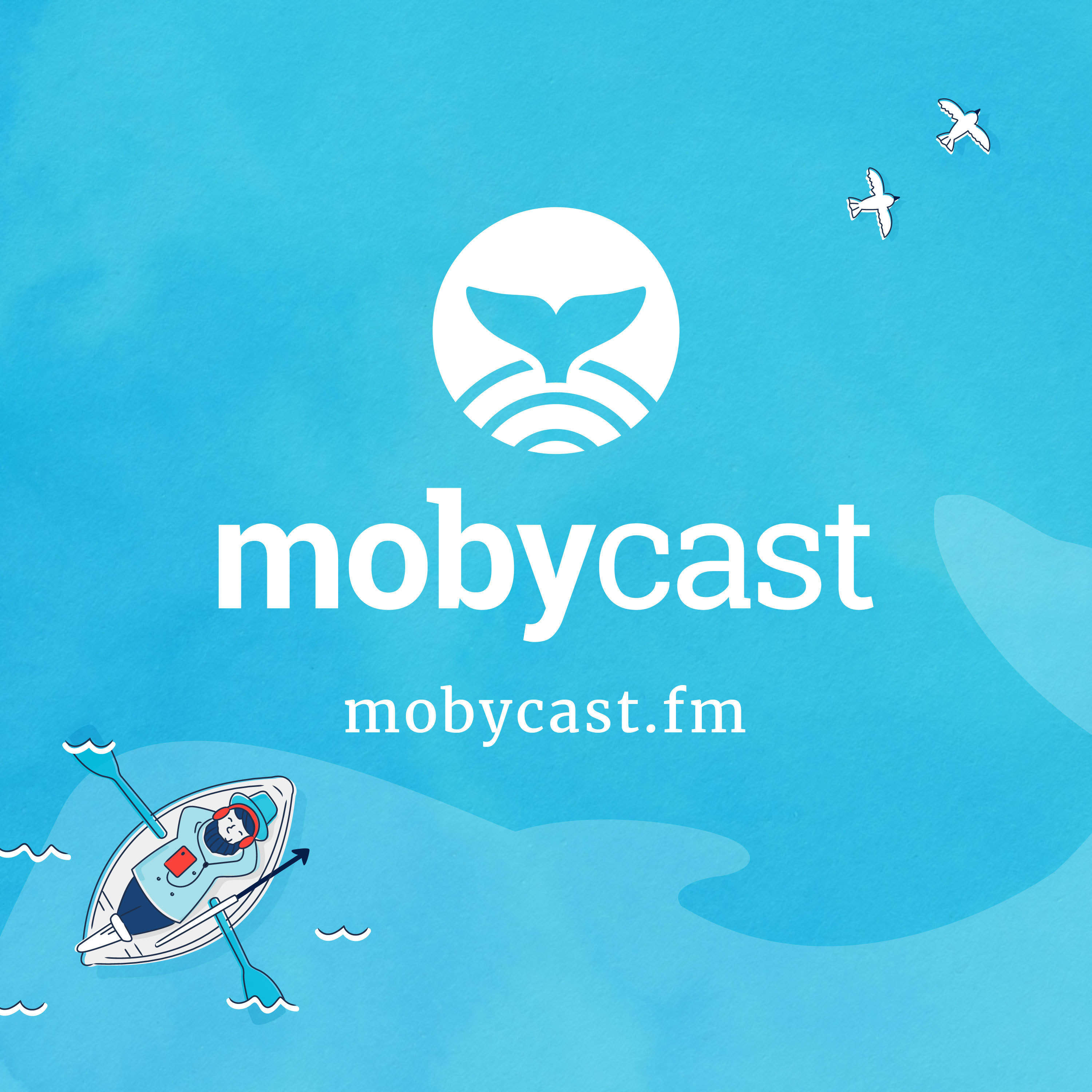
MobycastAutomate all the things - Updating container secrets using CloudWatch Events + LambdaBack in episode #94 of Mobycast, we showed how Amazon Elastic Container Service (or ECS) makes it easy to inject sensitive data into your containers.
However, ECS only injects secrets at container startup. It's up to you to ensure that the container is restarted if secrets are updated. But who wants to manually restart containers?
In this episode of Mobycast, Jon and Chris are back to provide an automated solution to this problem. We show you step-by-step how to leverage CloudWatch Events and Lambda to automatically update your container secrets. After listening, you'll be able to "automate all things". Well... at...
2020-03-041h 08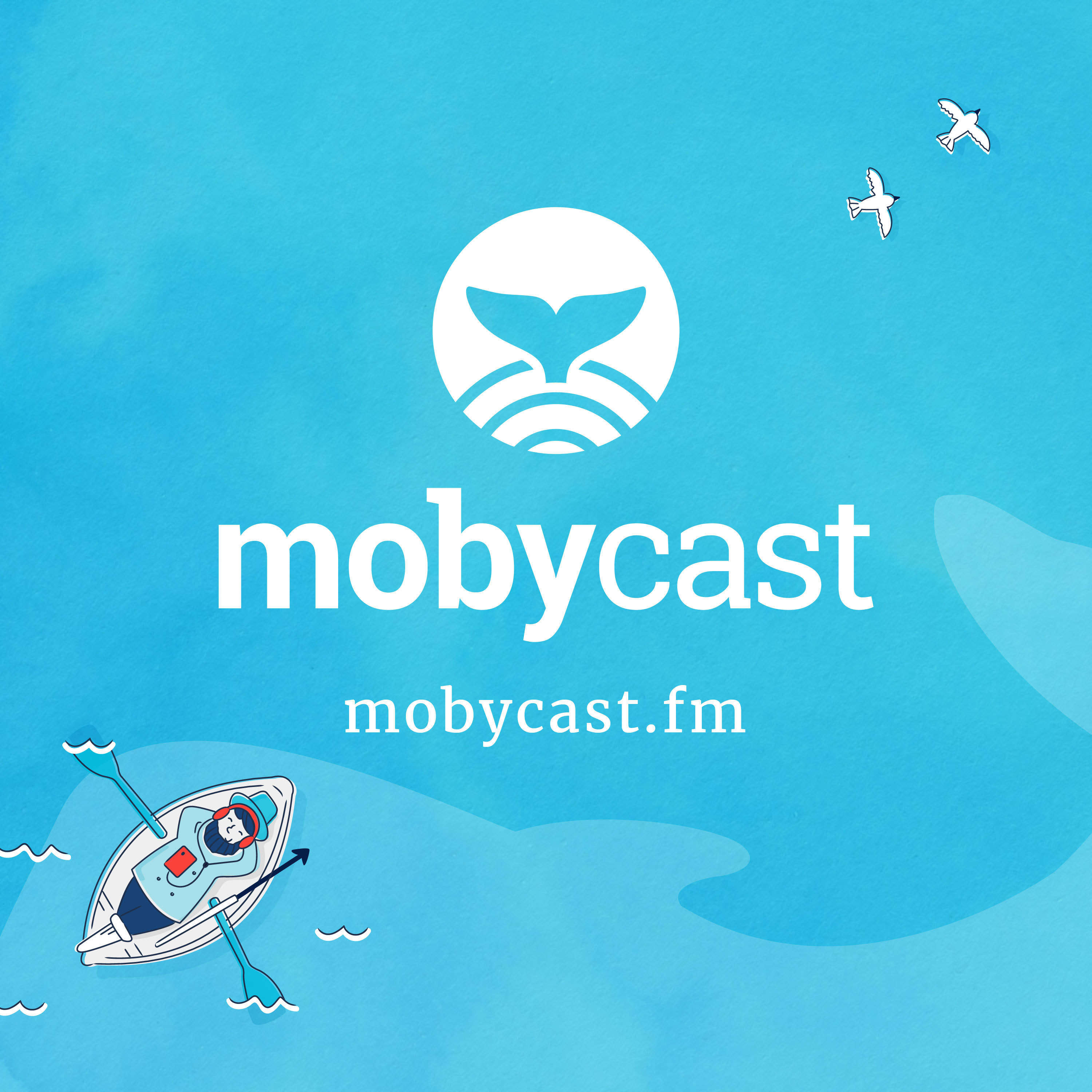
MobycastDatabase Soup - Explaining ACID, BASE, CAP - Part 3This week on Mobycast, Jon and Chris conclude their multi-part series on "database soup", where we make sense of the jumbled acronyms of consistency models.
In this episode, we learn about eventual consistency and the BASE properties. Eventual consistency may sound like a beer guy meme - "I am not always consistent, but when I am, I get there eventually.". But it's no joke - eventual consistency is a key technique for scaling systems, and it's important to know what it is and when to use it.
We finish up by summarizing what we have learned about ACID and BASE...
2020-02-2649 min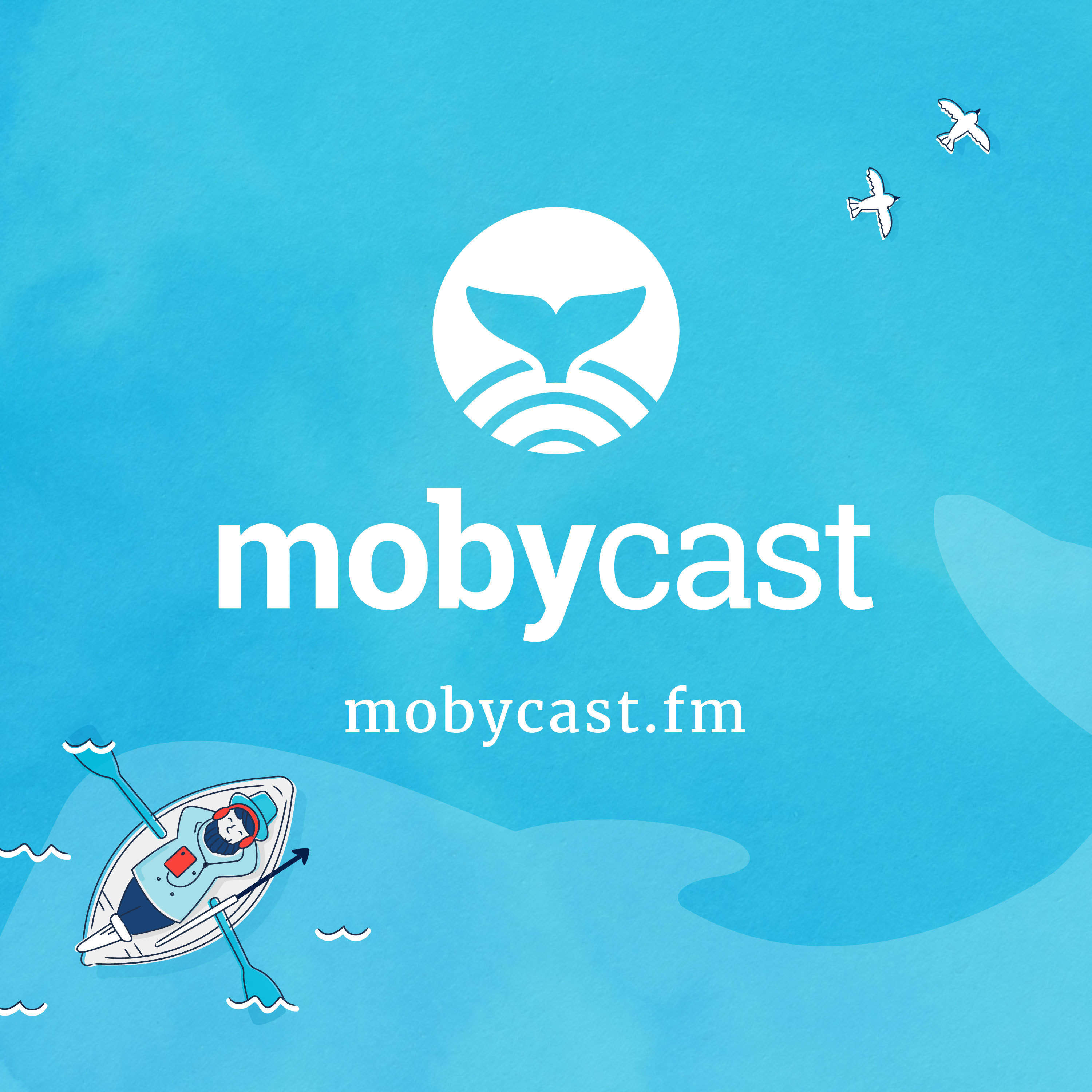
MobycastDatabase Soup - Explaining ACID, BASE, CAP - Part 2This is part 2 of our three-part series where we make sense of the alphabet soup of acronyms for database consistency models.
In this episode of Mobycast, we learn how the explosion of the Internet created new challenges for strongly consistent systems, leading to the "discovery" of the CAP theorem. The CAP theorem reminds us that as systems scale, errors will become more likely, forcing us to choose our priorities.
We also learn what Chris shares in common with Eric Brewer, the creator of the CAP theorem. It's a roller coaster ride that comes to a crashing halt.
2020-02-1945 min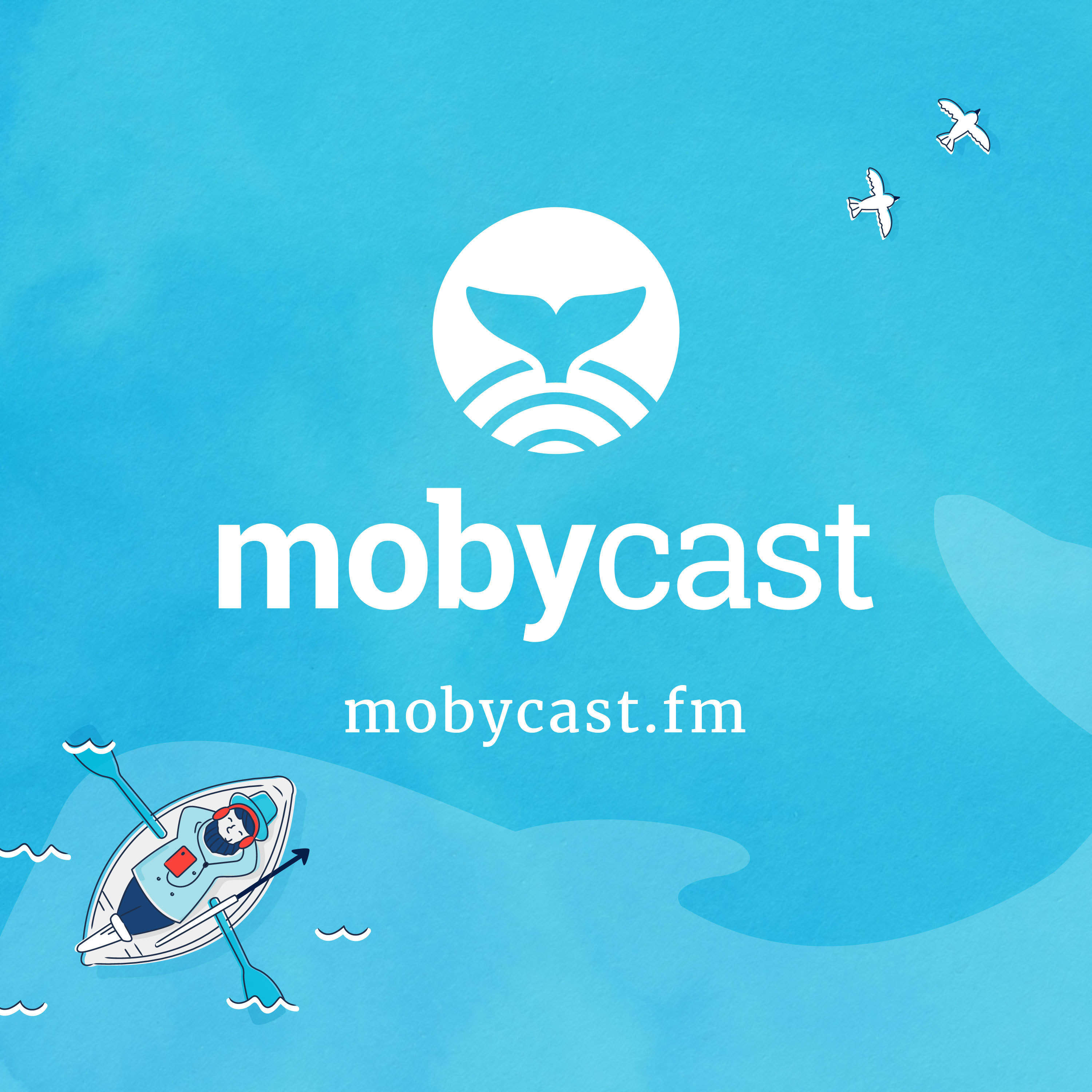
MobycastDatabase Soup - Explaining ACID, BASE, CAP - Part 1Databases are one of the fundamental building blocks for cloud-native apps. And with so many types of databases to choose from, it's important to understand their consistency models so that we can make smart choices.
But with acronyms such as ACID and BASE, making sense of them can feel like swimming in a big bowl of database soup. Spoiler alert, they have nothing to do with high school chemistry class.
In this episode of Mobycast, Jon and Chris kick off a three-part series where we dive deep on this database soup. In part 1, we learn about transaction processing, the ACID...
2020-02-1241 min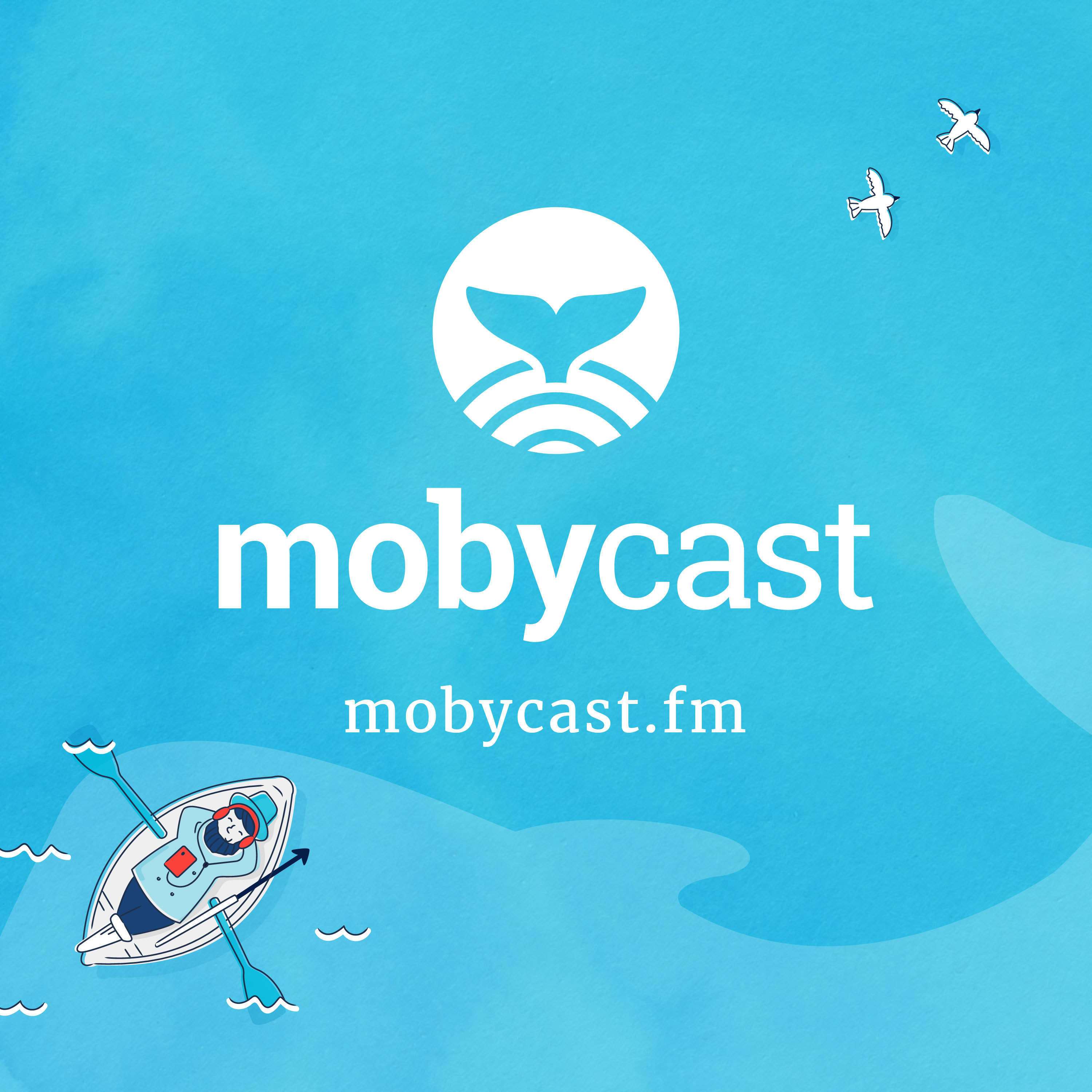
MobycastYour Most Important SkillTechnology is changing rapidly and it is a major investment to learn a new skill, technique or technology. Our knowledge gained is so hard fought that it is only natural to rely on it dearly.
But it's a mistake to hold on to this knowledge for too long - you must be open to new ideas.
In this episode of Mobycast, Chris shares with Jon a personal story about learning and growth. After being blindsided by relying on a familiar pattern, a valuable lesson is learned, one summed up well by author Stephen King when he implores us to "kill...
2020-02-0559 min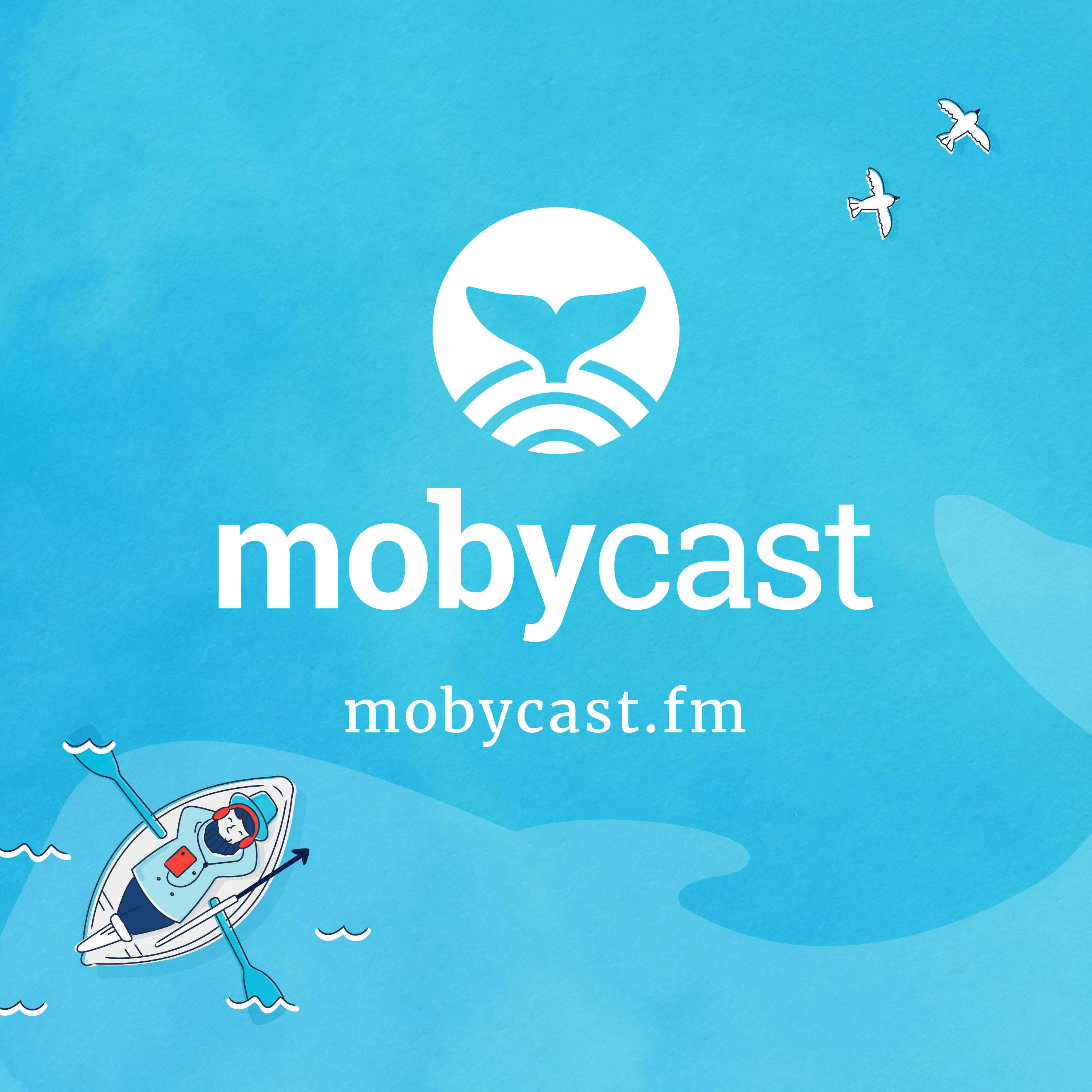
MobycastThe Future of Containers - Part 3 - UnikernelsWhat is the future of containers? In this three-part series, we are exploring the promising technologies aiming to make our cloud-native apps more secure without giving up performance.
Previously, we learned all about microVMs, taking a deep dive on the most talked about microVM - AWS Firecracker.
This week on Mobycast, we finish looking at microVMs with a discussion of Kata Containers. Then we explore the world of unikernels, which promise the same benefits as microVMs but with a dramatically different approach. Oh... and somewhere along the way, Chris accidentally invents a new technology - "conternels".
2020-01-2957 min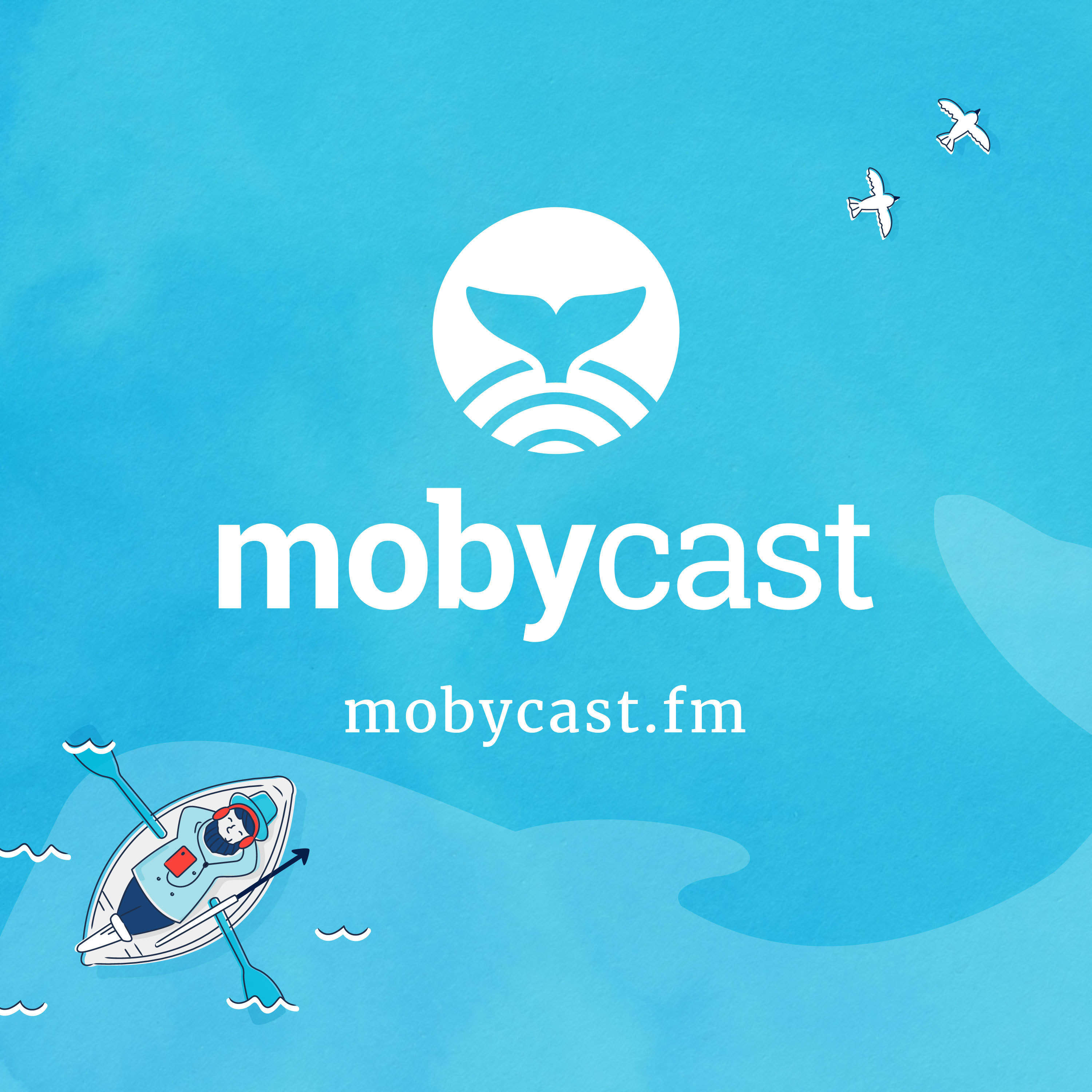
MobycastThe Future of Containers - Part 2 - Making Sense of MicroVMs (continued)Maybe you've heard some of the buzzwords everyone seems to be talking about when discussing the future of containers. Strange words like "microVMs"... "unikernels"... "sandboxes".
Have you wondered what these things are and how you can use them? Or, for that matter, should you use them?
In this episode of Mobycast, Jon and Chris continue their three-part series on the future of containers. We go deep on the most talked about microVM - AWS Firecracker. We learn how Amazon uses Firecracker and its tremendous benefits. We then discuss how to use Firecracker for your own containers and get the same...
2020-01-221h 00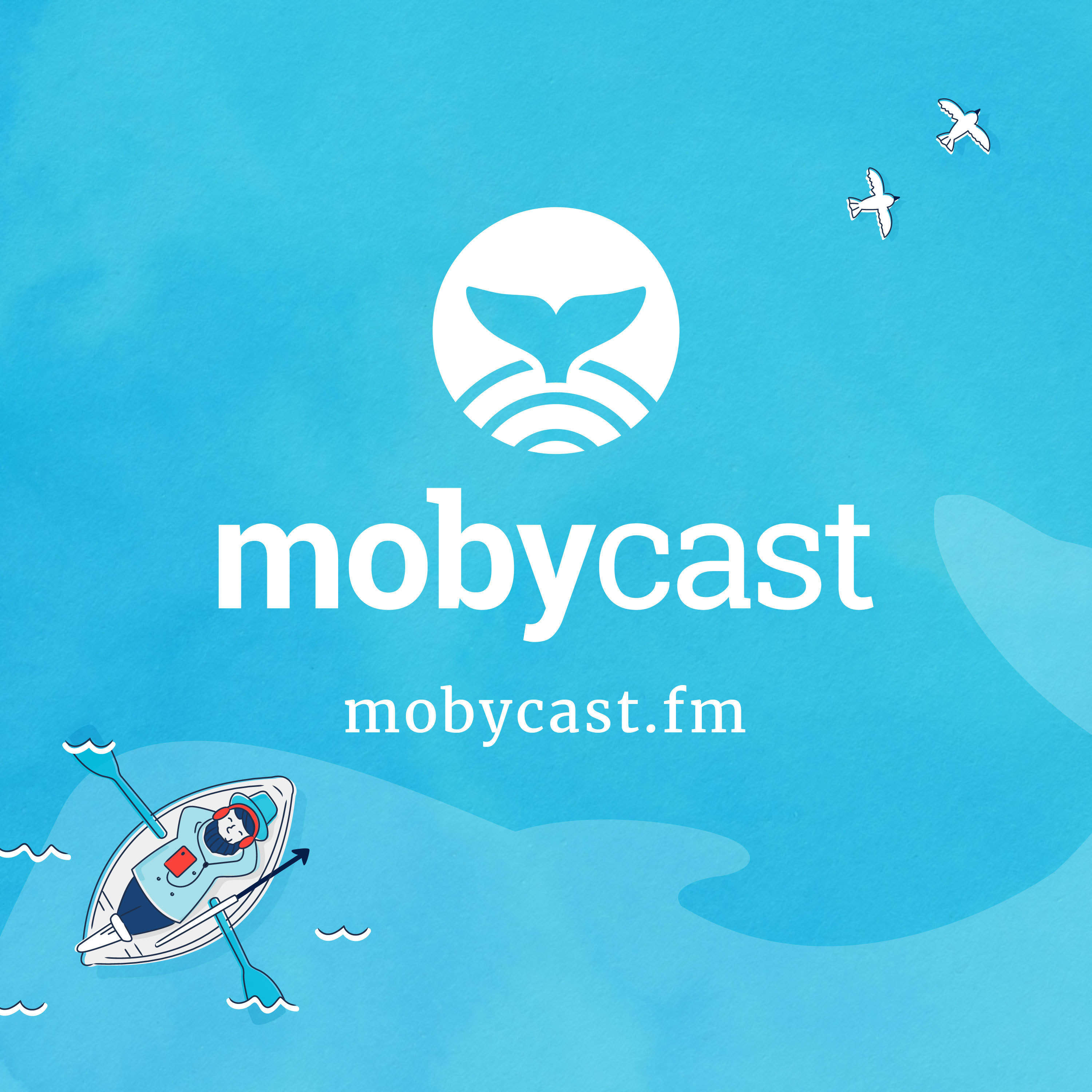
MobycastThe Future of Containers - Part 1 - Making Sense of MicroVMsWith cloud computing, we started with virtual machines. They allow us to virtualize an entire server, while providing strong isolation and security.
Then containers came along. They allow us to virtualize just our applications, making containers faster and less resource intensive than VMs. But with these gains we lose strong isolation.
What if we could have the speed and resource efficiency of containers coupled with the enhanced security and isolation of VMs?
In this episode of Mobycast, Jon and Chris kick off a three-part series on the future of containers. We dive deep on microVMs, unikernels and container sandboxes, understanding...
2020-01-151h 08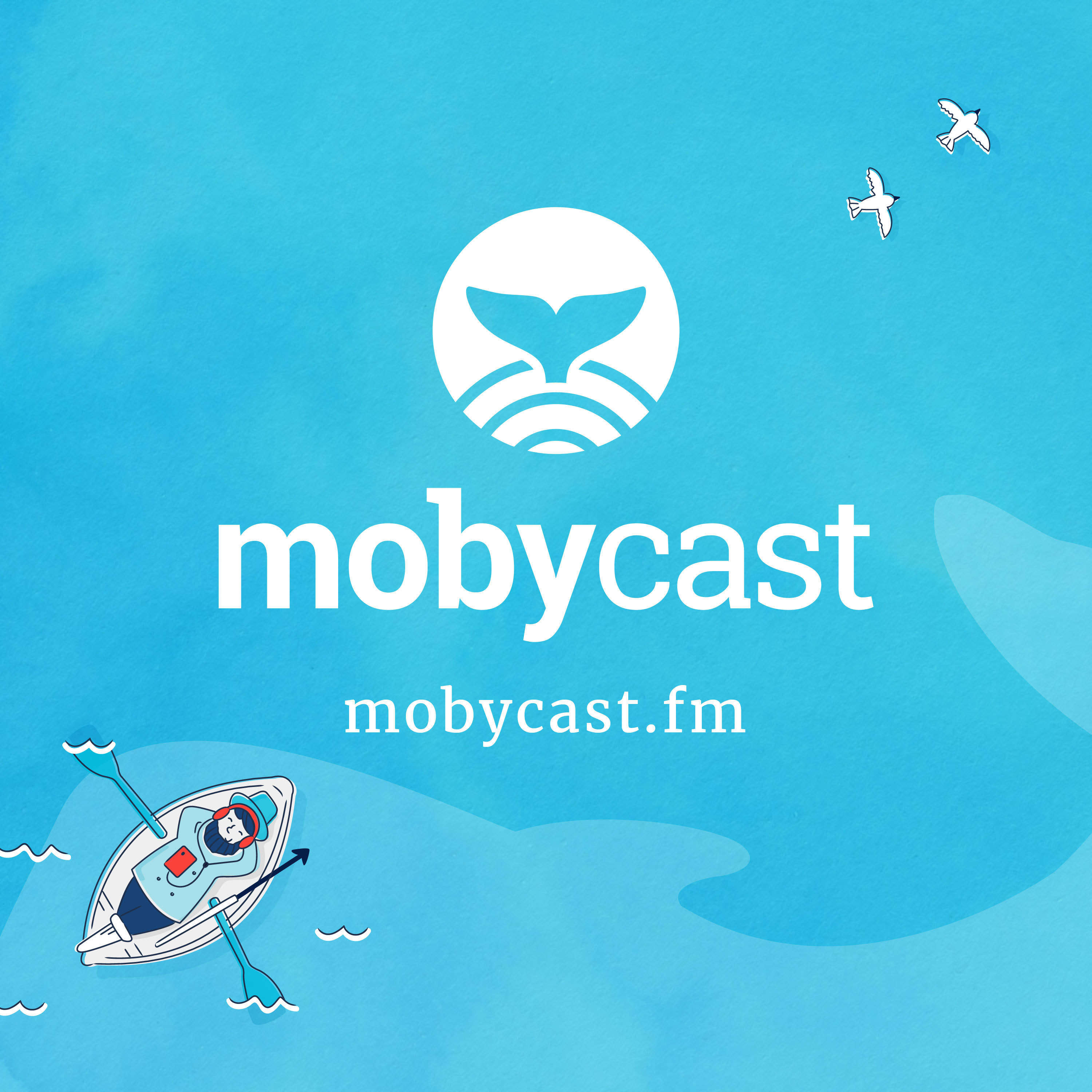
MobycastPsst... Secrets Handling for Cloud-Native Apps - Part 2In episode #93 of Mobycast, we discussed secrets management for our cloud-native applications. We learned why we need secrets management and some of the possible solutions available to us.
Now that we know the "theory", it's time to put that knowledge into practice.
In this episode of Mobycast, Jon and Chris finish their two-part series on handling secrets with cloud-native apps. We show you how to easily implement secrets management for a containerized application running on Amazon Elastic Container Service (or ECS). After this episode, you'll be a pro at keeping a secret!
2020-01-0846 min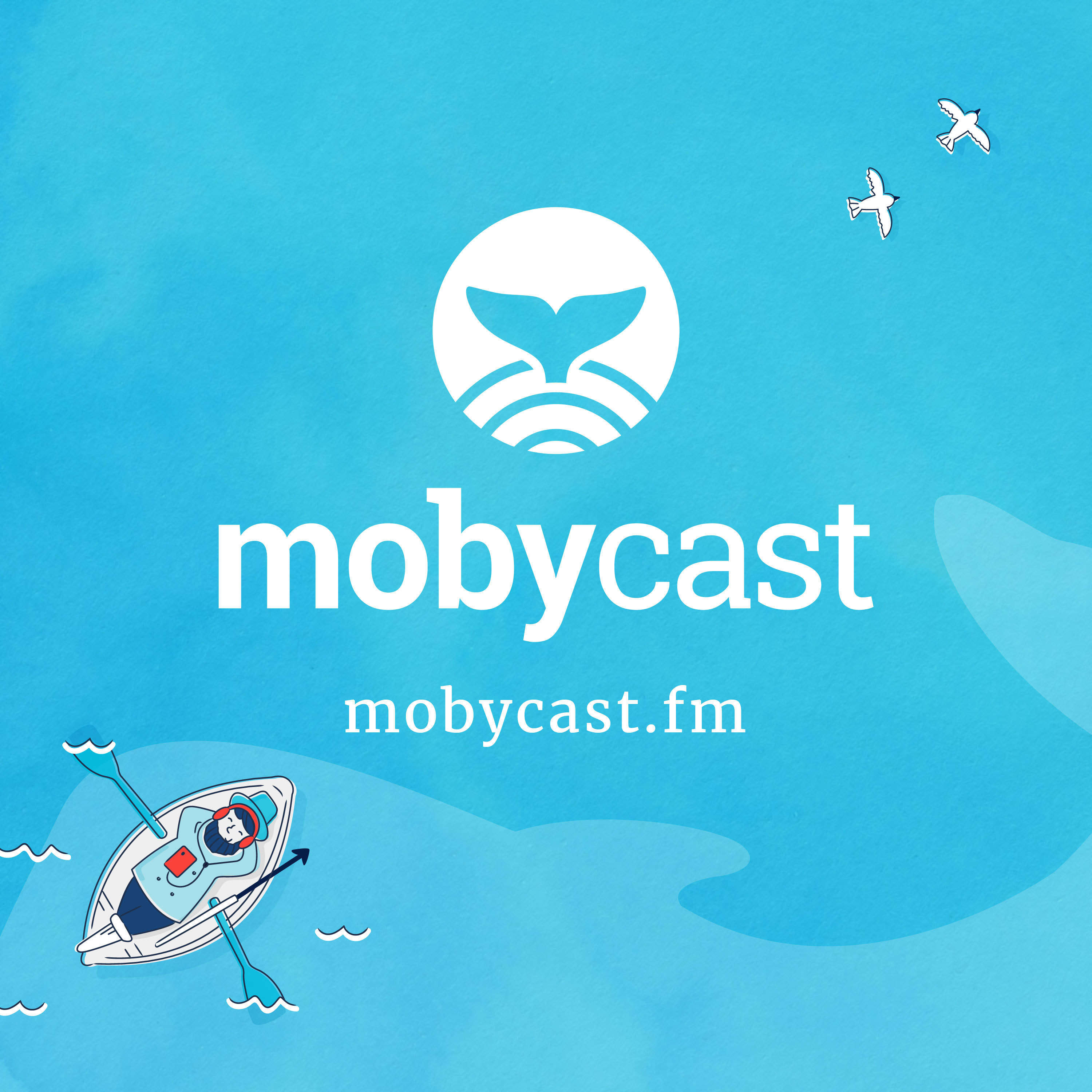
MobycastPsst... Secrets Handling for Cloud-Native Apps - Part 1Applications frequently need access to sensitive data, such as database credentials, API keys, passwords and tokens.
Of course, we can't just store these secrets in plain text or hard-coded into our applications. Rather, we need to securely protect this sensitive information to ensure that only those with a "need to know" basis can access it.
In this episode of Mobycast, Jon and Chris kick off a two-part series on handling secrets for your cloud-native applications. We discuss various approaches to secrets management, ranging from basic roll-your-own techniques to fully managed solutions. We explore some of the most popular options out...
2020-01-0155 min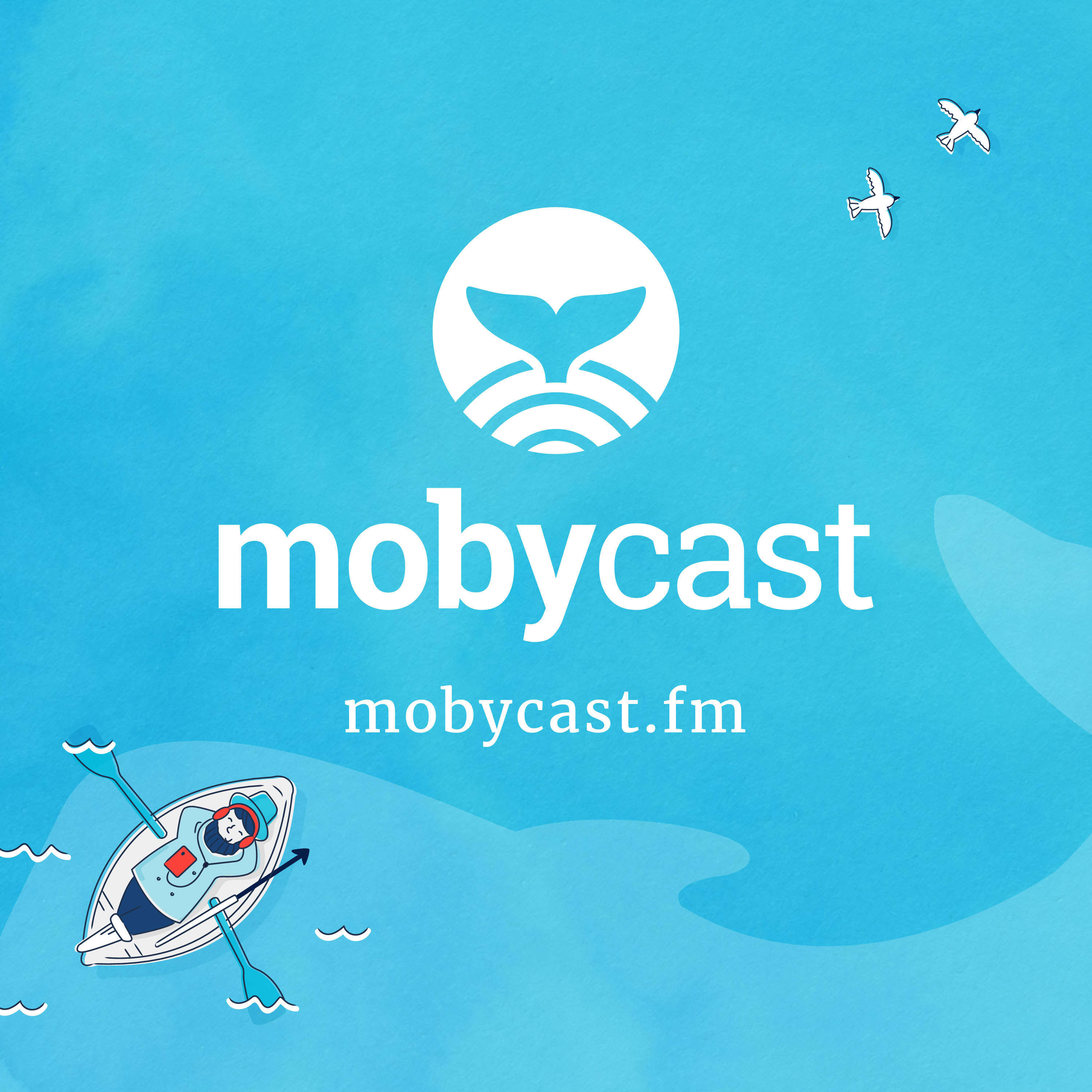
MobycastVPC Ninja - Part 3 - Moving an ECS Application to Private SubnetsIn the first two episodes of this series, we learned how to build a VPC with public and private subnets. We did a deep dive on NAT, or network address translation, and then setup a software-only VPN for secure access to the private subnets.
Now, it's time to put everything together and earn our cloud networking black belt.
This week on Mobycast, Jon and Chris conclude their three-part series on how to incorporate private subnets for your cloud network. We finish by explaining step-by-step how to move an existing ECS application onto our new private subnets. Now... go build, ninja!
2019-12-2553 min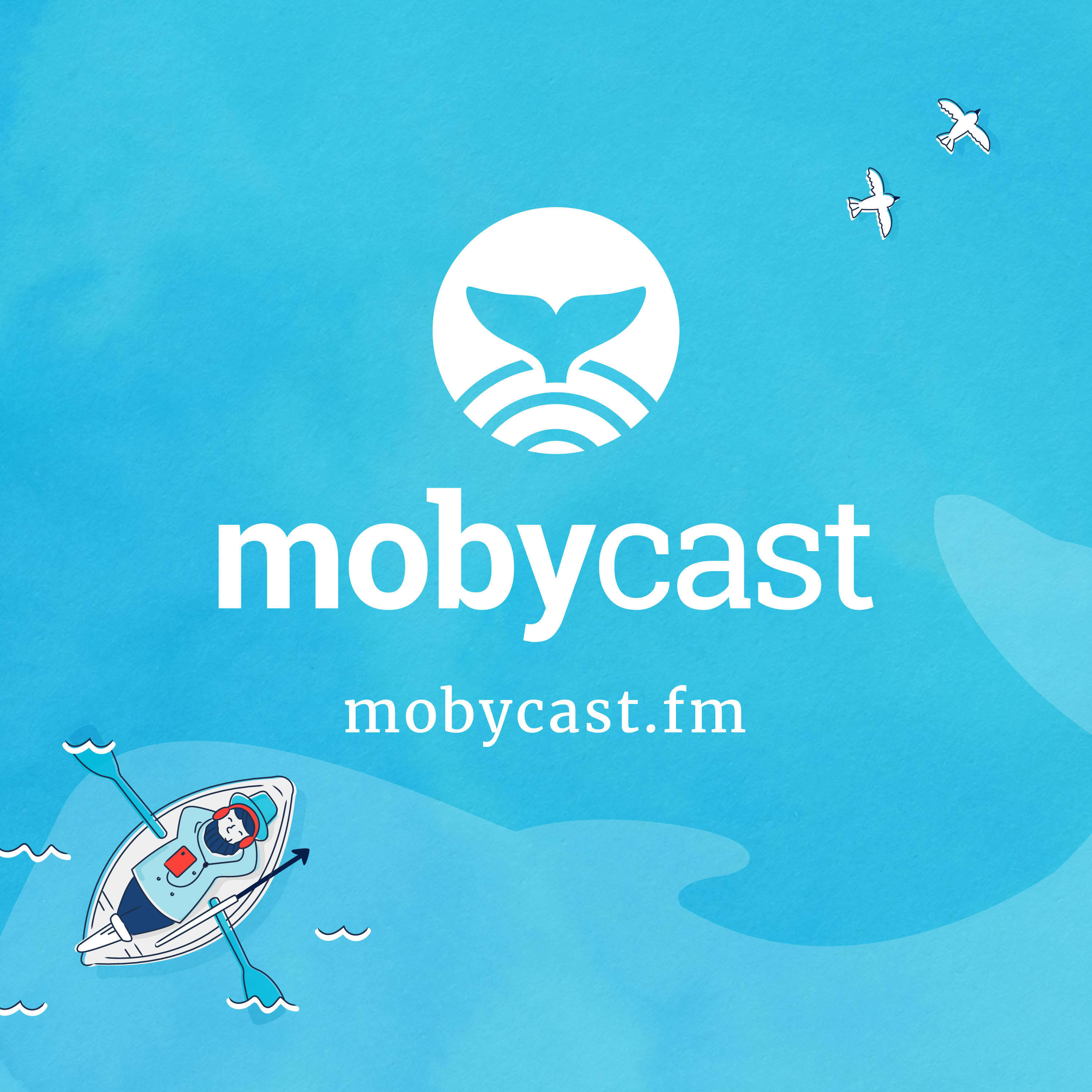
MobycastThat's a Wrap - AWS re:Invent 2019 Takeaways - Part 2Last episode of Mobycast, we began our post-coverage analysis of AWS re:Invent 2019. With a major theme of "transformation", we walked through some of the key advancements being made by AWS to drive innovation now and into the future. From supercomputing to networking to AI and ML, AWS is proof that there is "no compression algorithm for experience."
In this episode of Mobycast, Jon and Chris conclude their special two-part mini-series on this year's re:Invent conference. We finish recapping the big keynote sessions and highlight the major themes of this year's show. We close it all out by sharing...
2019-12-1945 min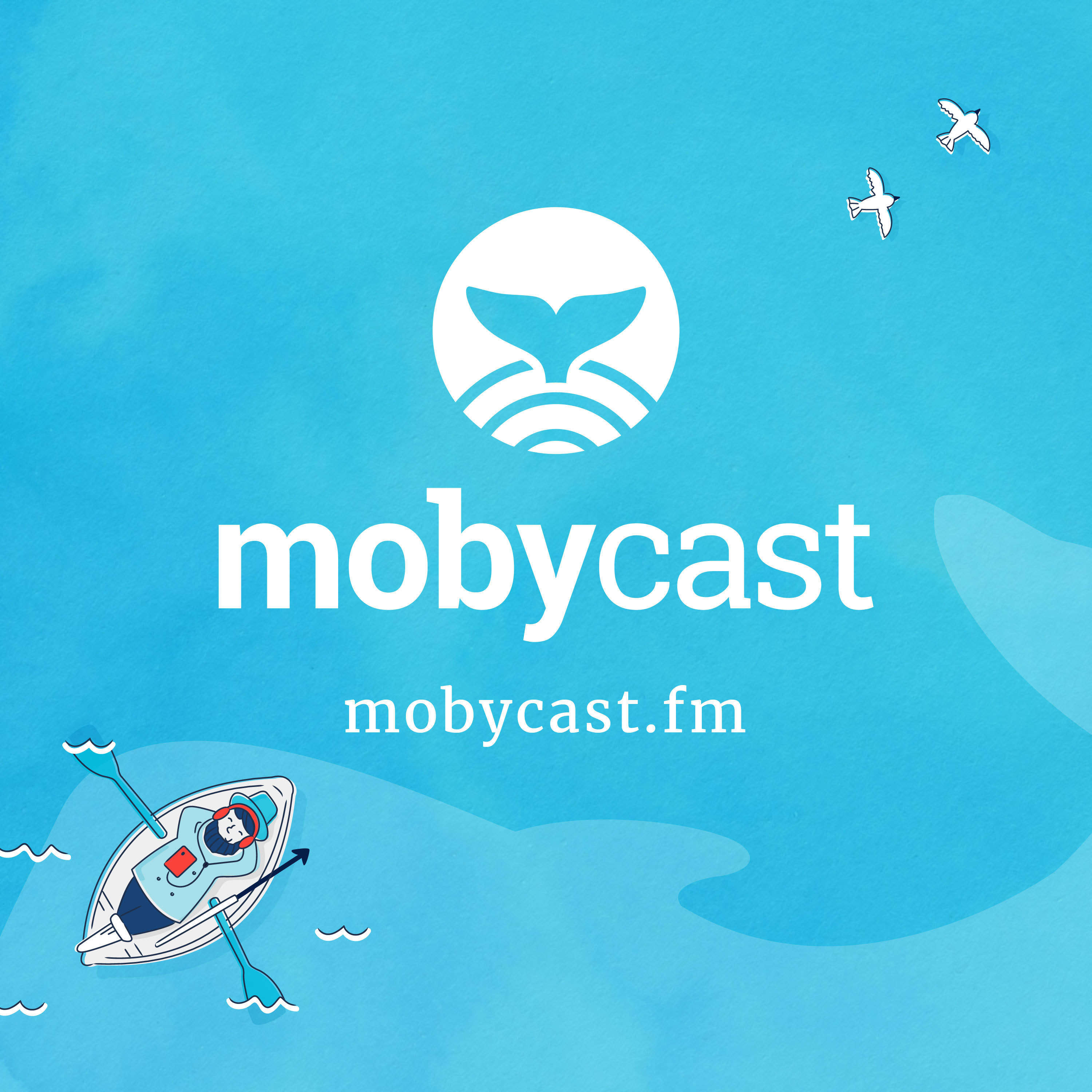
MobycastThat's a Wrap - AWS re:Invent 2019 Takeaways - Part 1We're happy to report that we are back and survived AWS re:Invent. As promised, re:Invent is a heavyweight of a conference and this year did not disappoint!
With 4 keynotes, over 3,000 sessions, and hundreds of new product and feature announcements, we've got a lot of ground to cover. In fact, we have so much to share with you, that we are splitting this into a special two-part mini-series.
In this episode of Mobycast, we start by recapping some of the big keynote sessions and discuss the new products and technologies that we are most excited about.
2019-12-1851 min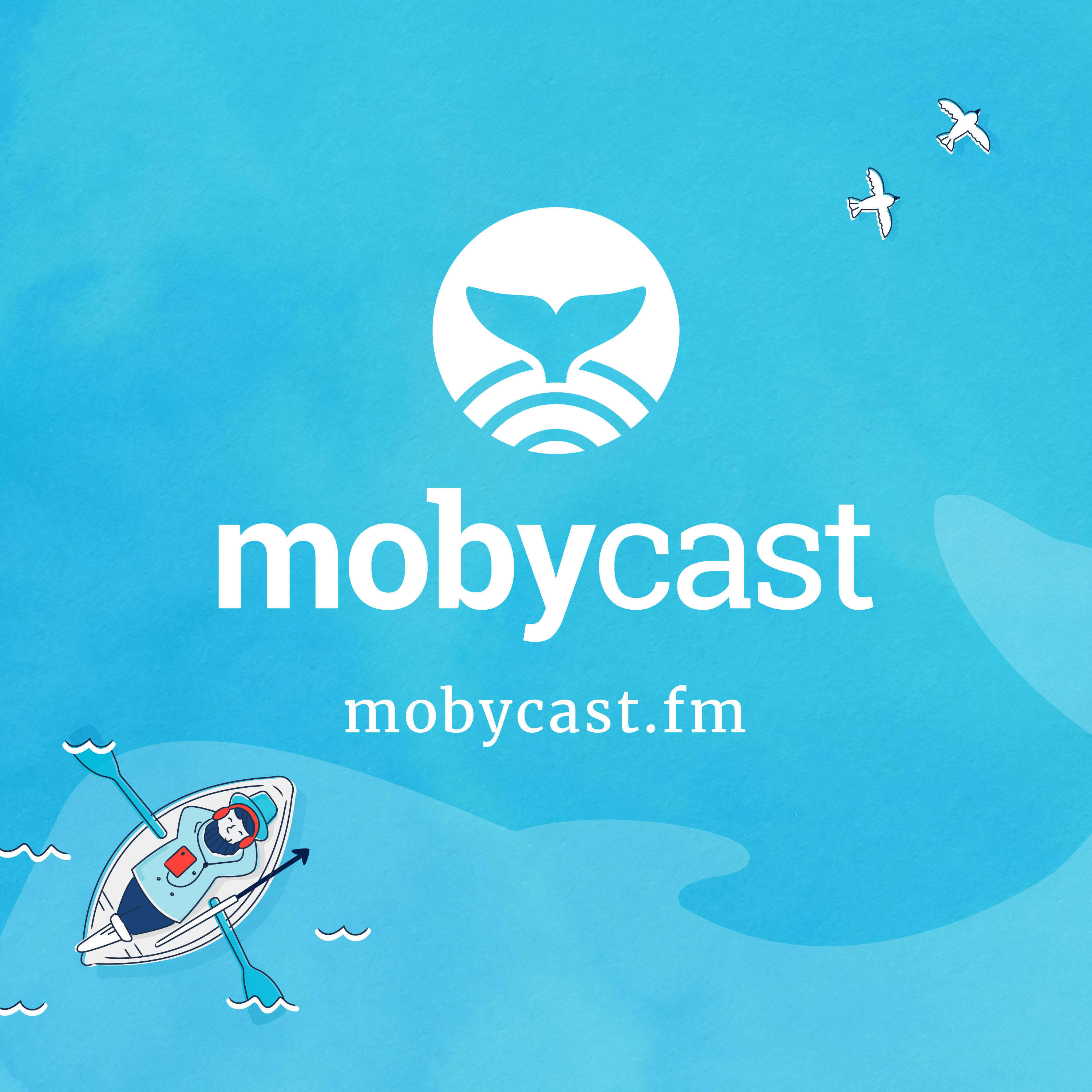
MobycastVPC Ninja - Part 2 - Private subnets with VPN (continued)In episode #89 of Mobycast, we introduced using private subnets for your cloud network. We learned about the differences between public and private subnets, as well as some of the key technologies they depend upon such as NAT, or network address translation.
We also learned that using private subnets comes with a new problem - how to access these private resources? We discussed three primary approaches, before settling on VPN as our choice.
In this episode of Mobycast, Jon and Chris continue their three-part series on using private subnets with your cloud network. We finish our network design by guiding you...
2019-12-111h 01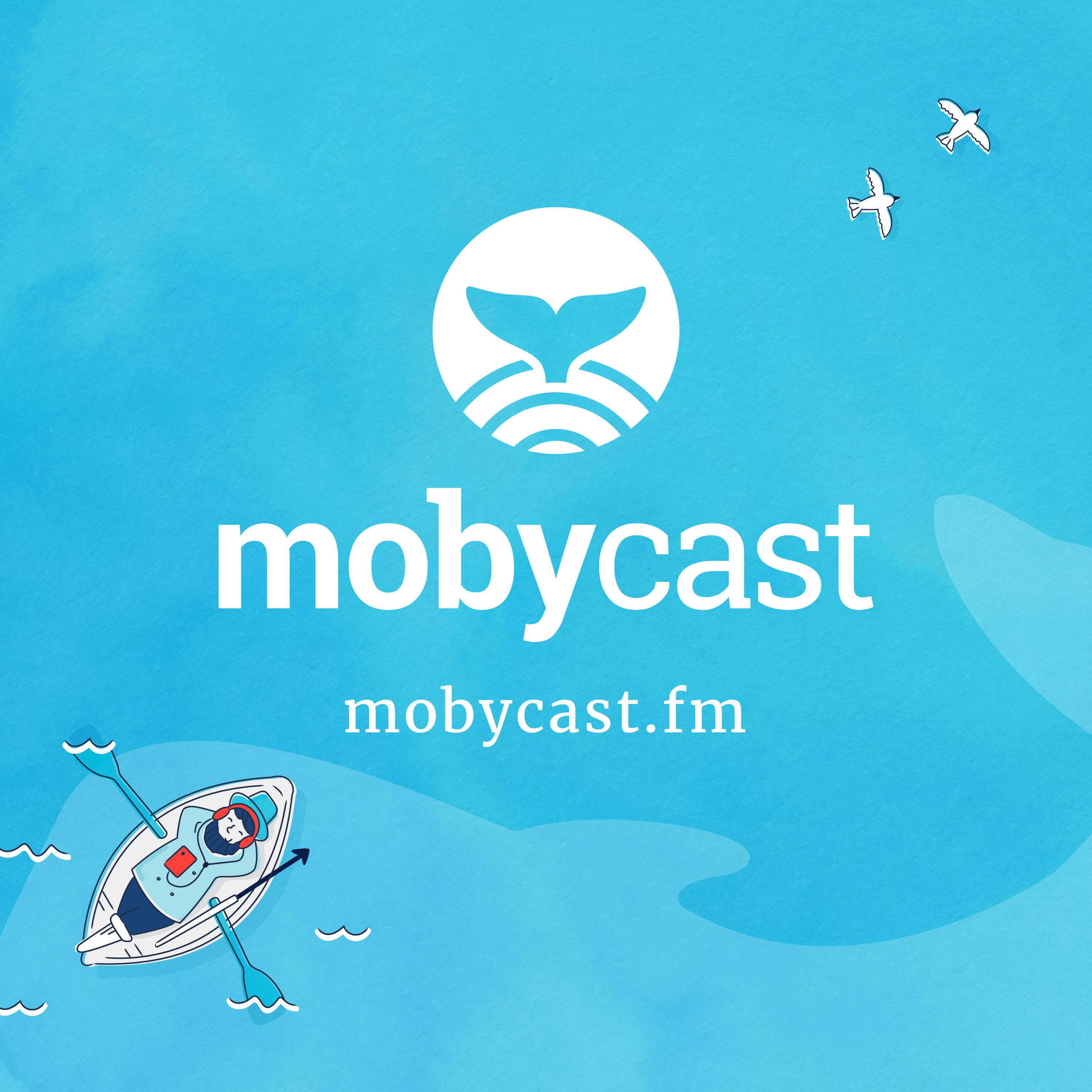
MobycastVPC Ninja - Part 1 - Private Subnets with VPNYou may know that it is best practice to use private subnets for your cloud network. But, have you actually implemented them?
They can be challenging to setup, especially if you have an existing VPC. And using private subnets creates a new dilemma... how do you even connect to these resources?
Jon sometimes complains that Mobycast makes him eat his "security broccoli". Well, its time we add "networking cauliflower" to the mix to ensure that he (and you!) have a well-balanced cloud-native diet.
In this episode of Mobycast, we kick off a three-part series detailing step-by-step how to incorporate private...
2019-12-0457 min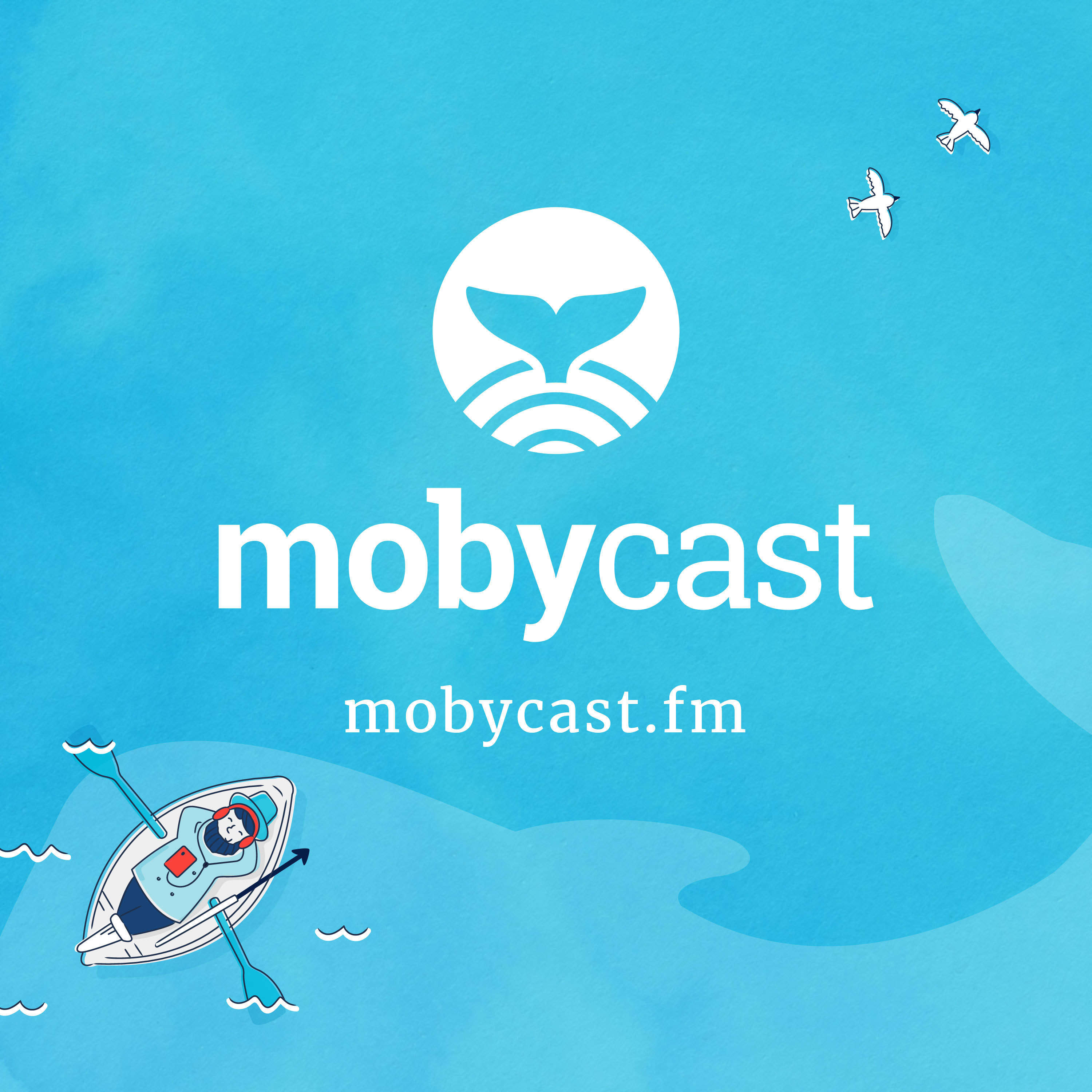
MobycastAWS re:Invent 2019 - A Preview ShowLet's get ready to rumble! It's that time of year when we head to Las Vegas with 50,000 of our closest friends for the biggest AWS event of the year: re:Invent.
Five days long, with more than 2,500 sessions, taking place in 6 huge venues spread over 2.5 miles, re:Invent is a heavyweight of a conference. If you don't plan ahead, re:Invent will take you down in a TKO.
In this episode of Mobycast, Jon and Chris are in your corner, breaking down this year's event with the tips, tricks and secrets you need to make the most of re:Invent.
2019-11-271h 01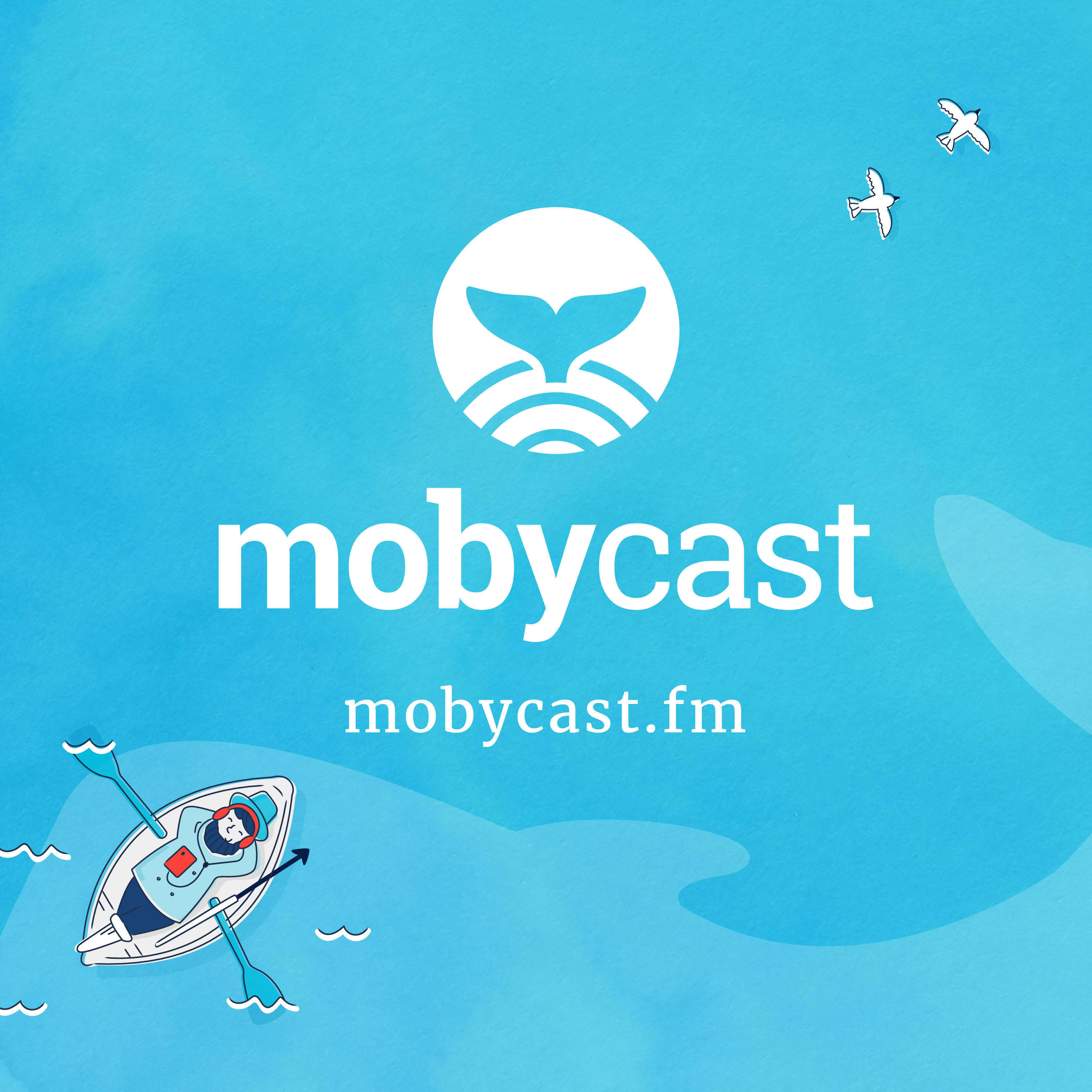
MobycastServerless Containers with ECS Fargate - Part 3You may not be an expert on container networking, but wouldn't you like to impress guests at your next party by explaining the difference between "host" and "bridge" networking?
This week on Mobycast, Jon and Chris conclude their three-part series on serverless containers with AWS Fargate. We wrap our heads around container networking and its various networking modes, with particular emphasis on task networking (aka "awsvpc" mode).
We finish by pulling together everything we learned over these 3 episodes to walk step-by-step through the migration of a container from EC2 to Fargate. After this episode, you'll be the life of the...
2019-11-2058 min
MobycastBonus Episode! Docker Is Kind of Acquired By ... Who Is Mirantis?Docker sold its Docker Enterprise business to Mirantis last week. The internet has been abuzz with hot takes and laments for the once high flying unicorn.
In this short bonus episode of Mobycast, Jon and Chris discuss what this really means for Docker, we use some logic to calculate what the likely sale price was, and we make a prediction for what will happen to what is left of Docker within the next year.
Chris has been taking careful notes on Docker as a business for a few years now, so he has absolutely brilliant insight into what this sale...
2019-11-1723 min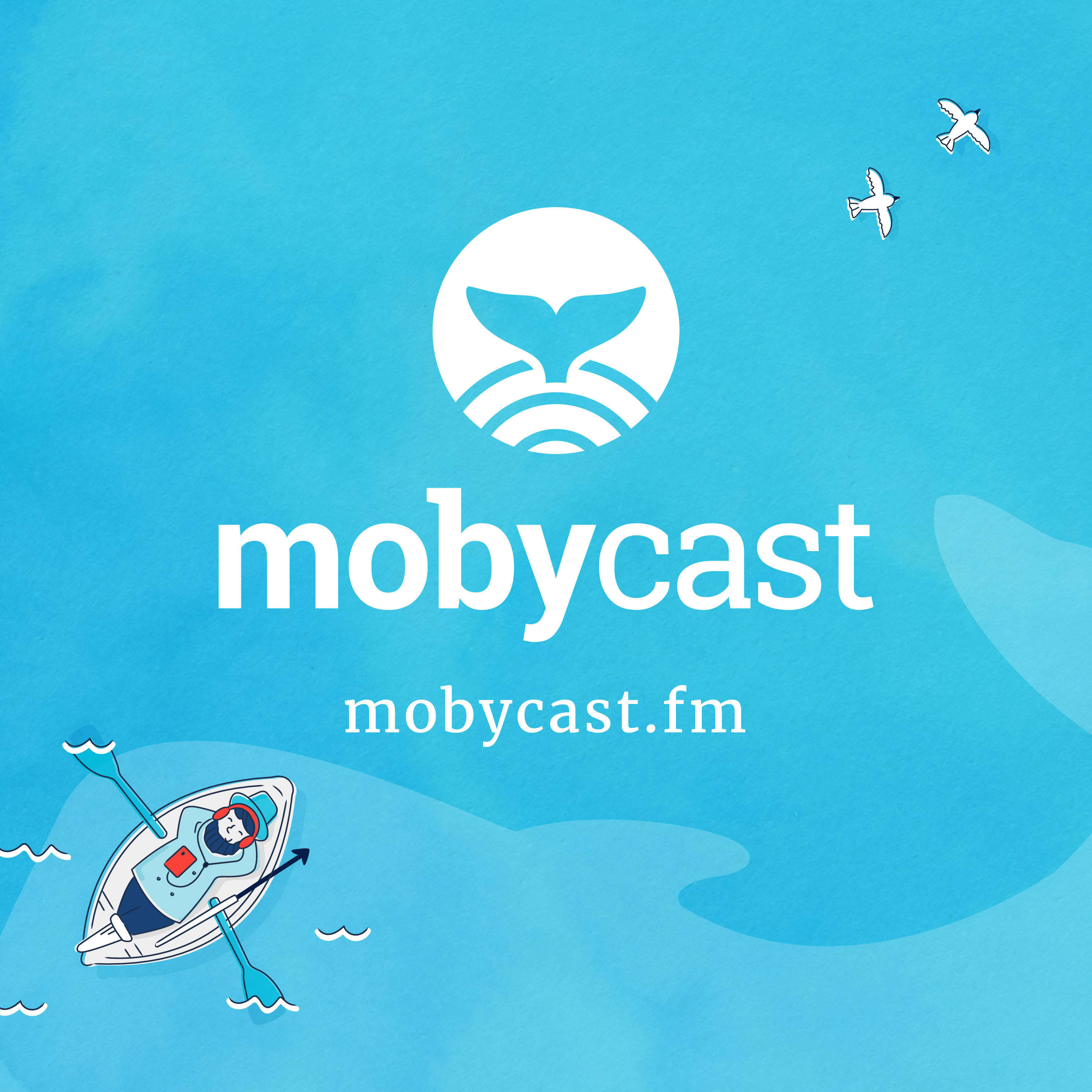
MobycastServerless Containers with ECS Fargate - Part 2In episode #85 of Mobycast, we introduced AWS Fargate, which brings the serverless concept to running containers on ECS. We discussed the features and benefits of Fargate, as well as how it differs from normal EC2 launch types.
Now it's time to dive deeper into some of the details you need to know to successfully run your containers on Fargate.
In this episode of Mobycast, Jon and Chris continue their three-part series on serverless containers with an in-depth discussion of identity and access management for ECS. We learn about the various roles you will encounter, why they are needed and how...
2019-11-1357 min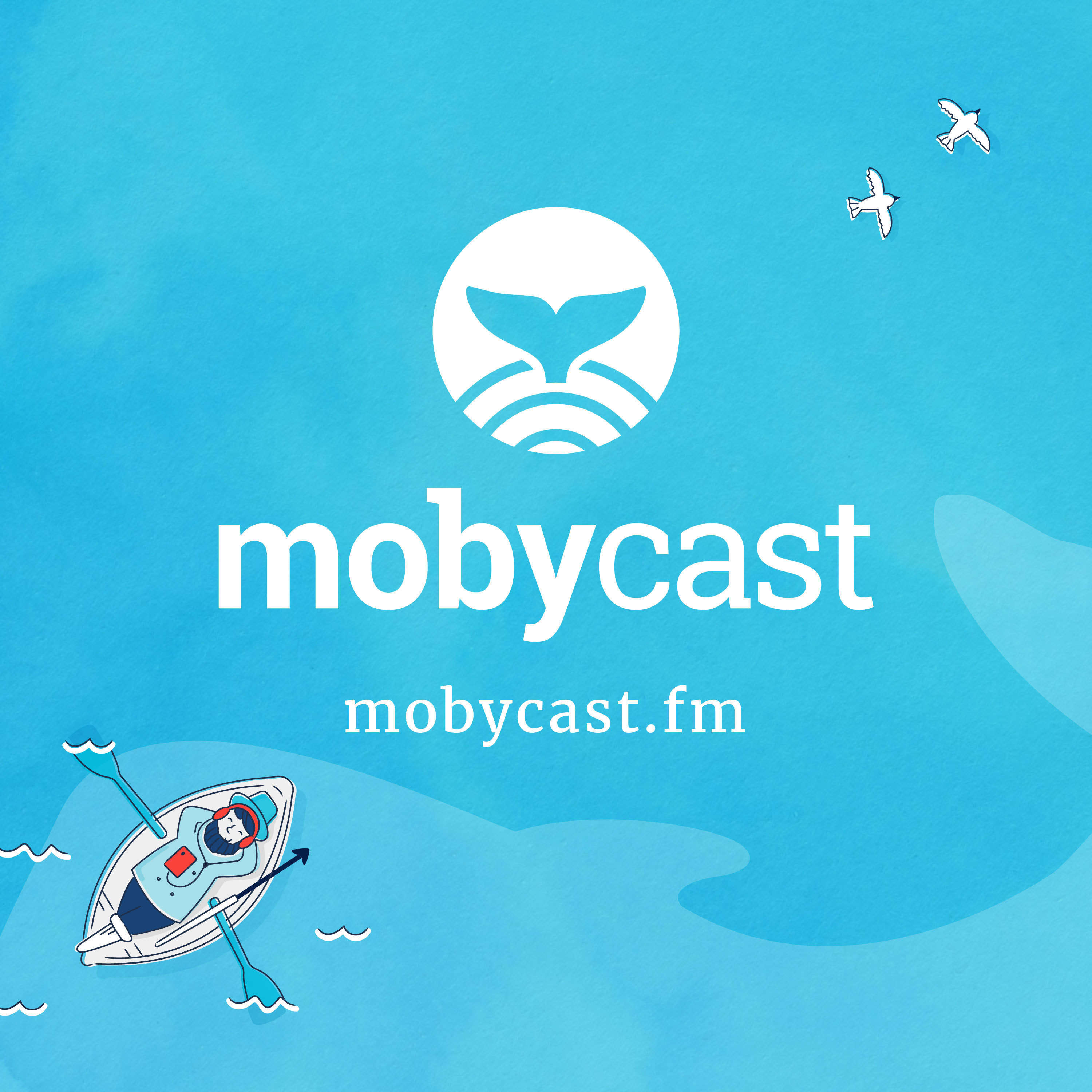
MobycastServerless Containers with ECS Fargate - Part 1The Amazon Elastic Container Service (or ECS) is the container orchestration system built by AWS. ECS features tight integration with many AWS services, and is a powerful choice for running containers in the cloud.
We first discussed ECS back in episode 3 of Mobycast. But so much has changed in the 18 months since then, bringing many major improvements. One new feature is Fargate, which brings the serverless concept to containers.
With Fargate, you no longer need to manage servers. You don't pay for idle CPU. And there is the promise of seamless scaling. Sounds perfect, right? Well, as with most things...
2019-11-061h 04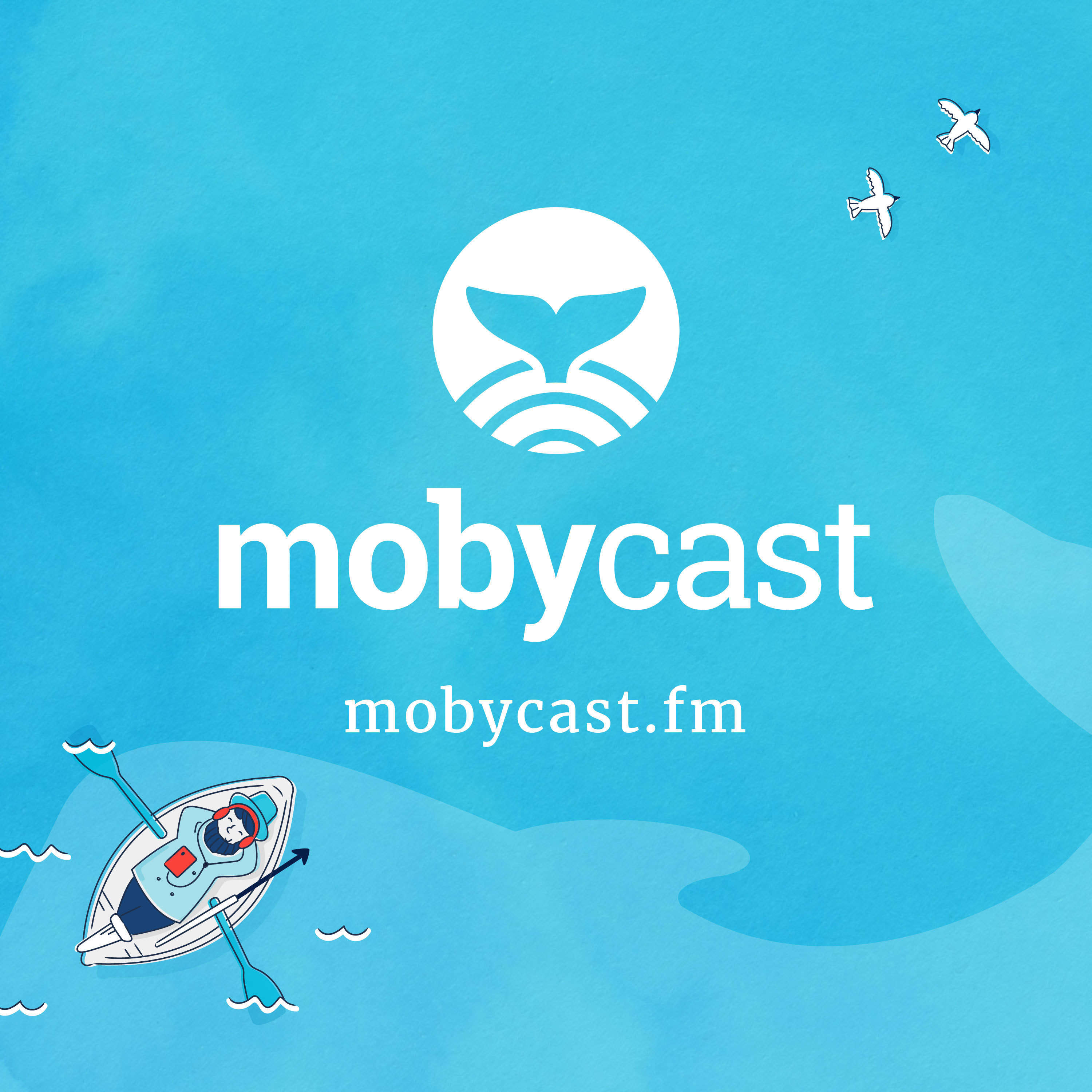
MobycastVirtual Machines vs. Containers Revisited - Part 4In episode #83 of Mobycast, we learned that containers are normal Linux processes. But they take advantage of powerful operating system functionality that gives these processes their container superpowers. In particular, we learned about namespaces and control groups and how these features give rise to containers.
This week on Mobycast, Jon and Chris wrap up their four-part series by discussing the runtimes and platforms used to run containers in production. We dive deep on ContainerD and RunC, arguably the most important container runtime out there. We also revisit our pseudo code example of how to build a container from scratch, bringing...
2019-10-3056 min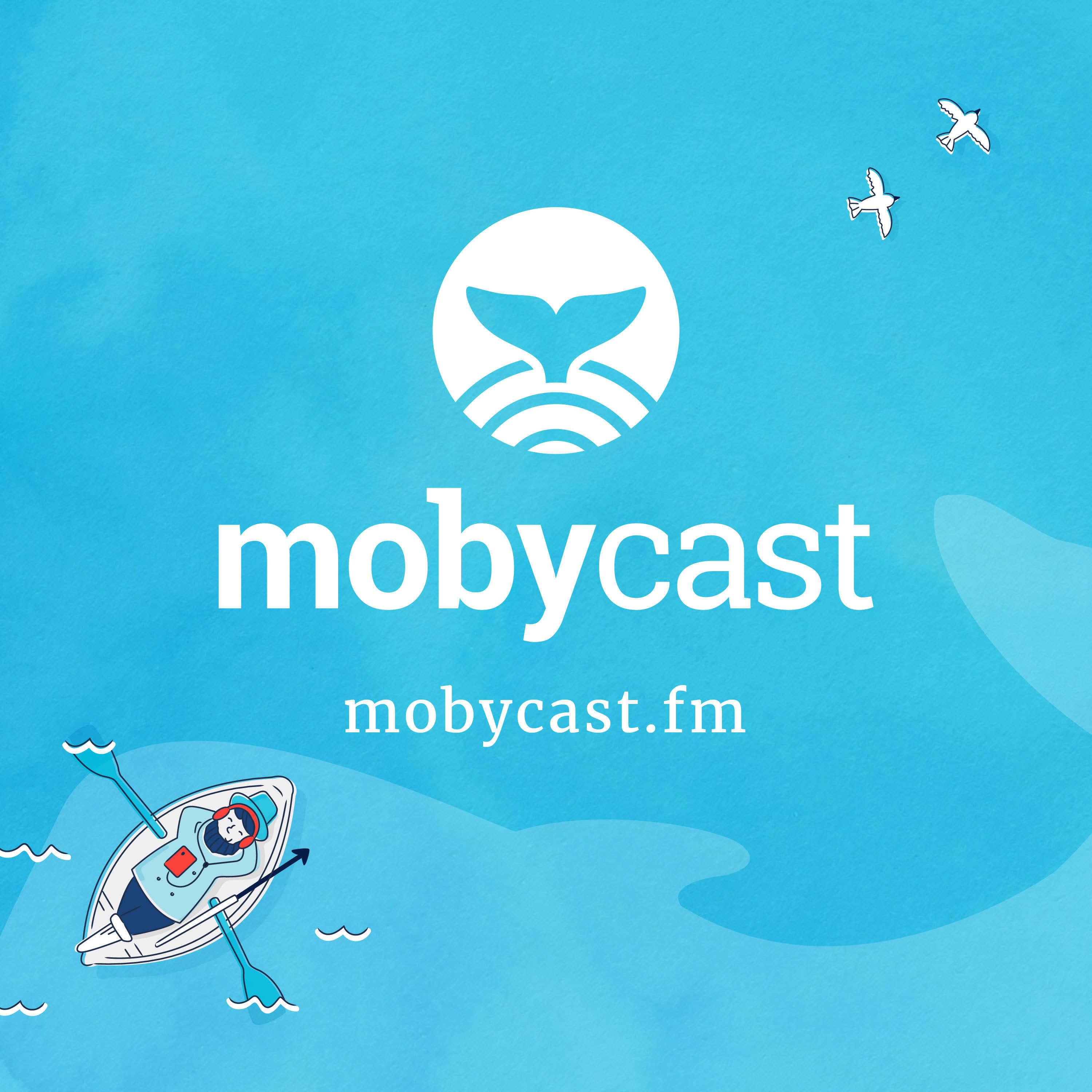
MobycastVirtual Machines vs. Containers Revisited - Part 3Containers are just lightweight virtual machines, right? No, not really. There's much more to the story than that, so we decided to do a four-part series on virtual machines versus containers.
In parts 1 and 2, we discussed virtual machines in detail and how they work. Now, in parts 3 and 4, we turn our attention to containers. Turns out, containers are not very complicated. They are just normal Linux processes with some isolation superpowers.
In today's episode of Mobycast, Jon and Chris go into depth on containers, their history and the underlying operating system technologies that make them possible. If you ever wondered...
2019-10-2358 min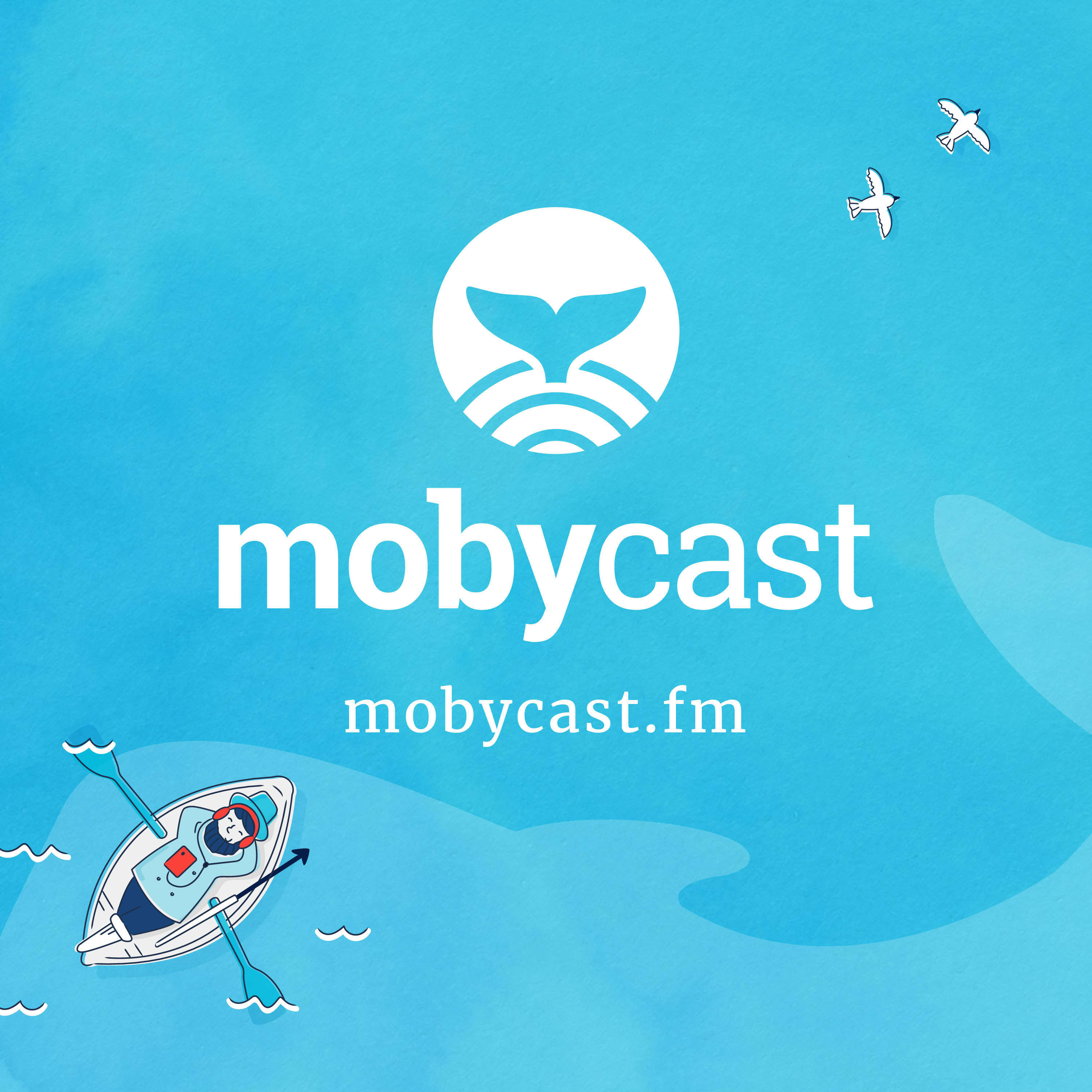
MobycastVirtual Machines vs. Containers Revisited - Part 2Cloud computing would not be possible if not for virtual machines. They are the fundamental resource for cloud-native applications. Then along came Docker with its containers, and the virtualization scene got a bit more complicated and confusing.
So, we kicked off a new series where we go deep on virtual machines and containers, aiming to clear up any confusion between these important technologies.
In episode #81 of Mobycast, we discussed full virtualization, also known as virtual machines. We explained hypervisors, the fundamental technology that enables virtual machines. And then we took a detailed look at how Type 1 hypervisors work.
In today's...
2019-10-1649 min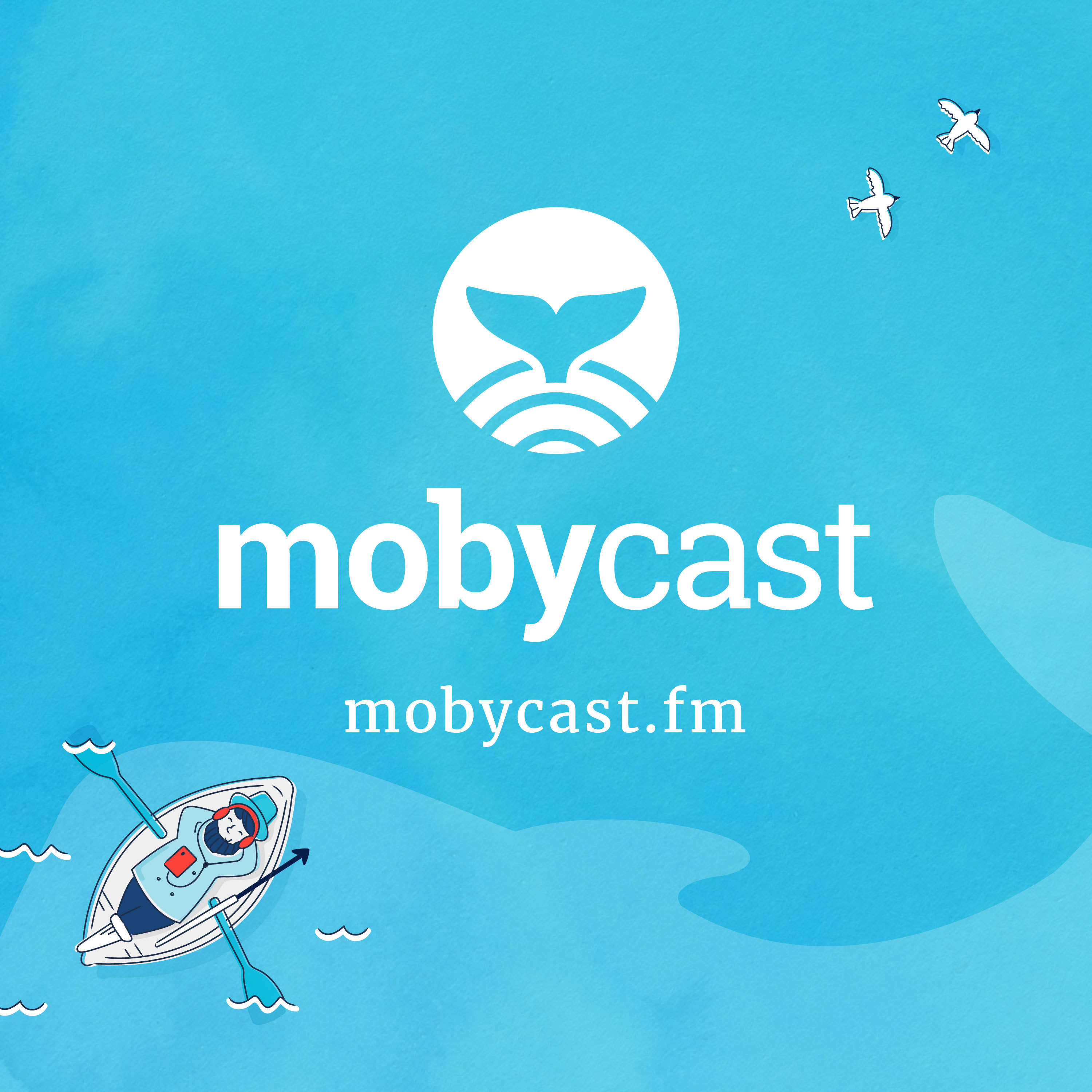
MobycastVirtual Machines vs. Containers Revisited - Part 1Back in January 2018, Jon, Rich and Chris were having lunch together in Denver. The subject of virtualization came up, and Rich said he was confused on the difference between containers and virtual machines. As we answered Rich's question, we realized that explaining a complicated technical concept in a straight-forward manner would make for a great podcast format. And thus the idea of Mobycast was formed.
When we first discussed "Virtual Machines vs. Containers" in episode 1, we got most of it right, but there were some inconsistencies and holes. We didn't prepare as well as we should have for that first...
2019-10-0947 min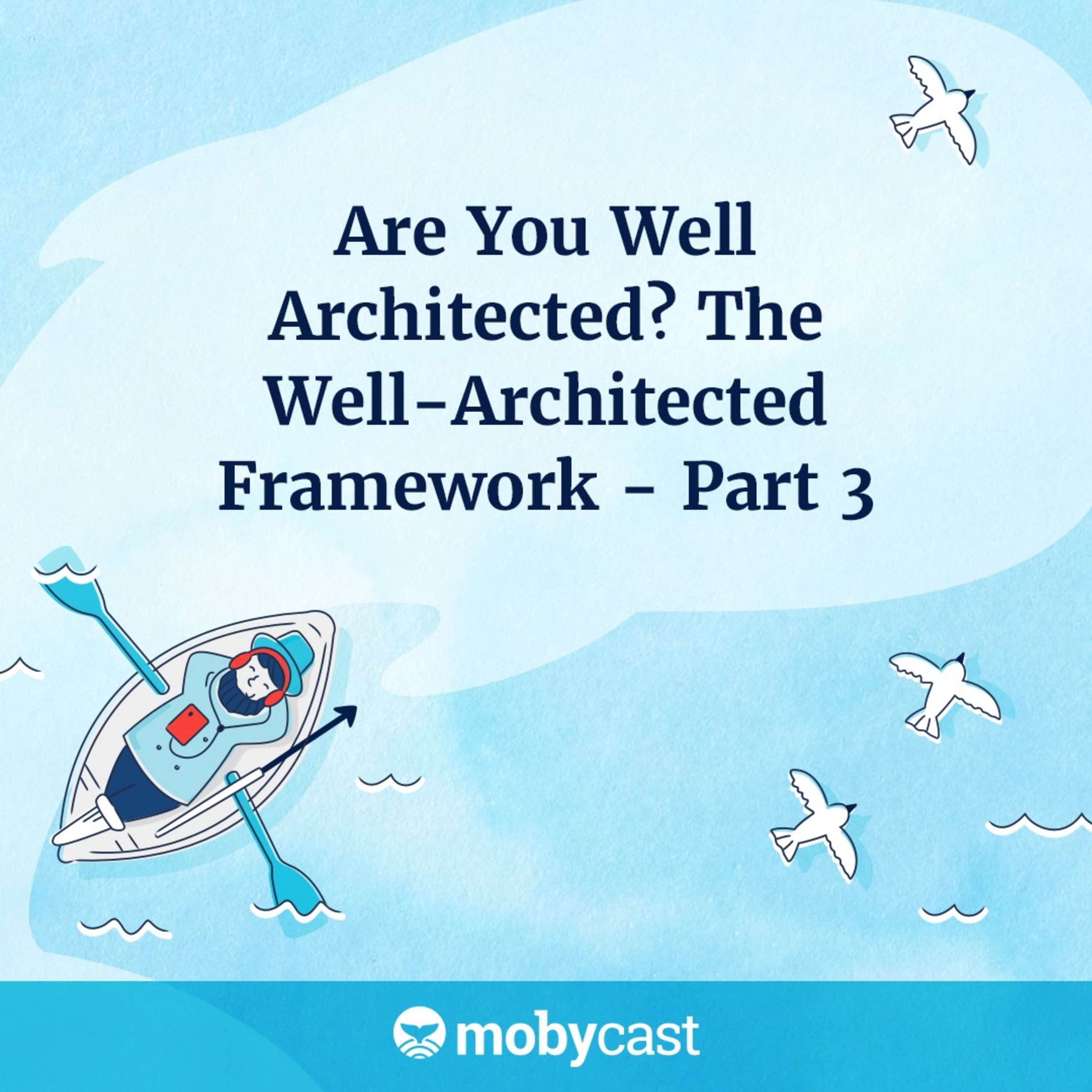
MobycastAre You Well Architected? The Well-Architected Framework - Part 3Previously on Mobycast...
In episodes #78 and #79, we broke down the AWS Well-Architected Framework, and covered the first three pillars of excellence: "Operational Excellence", "Security" and "Reliability".
This week on Mobycast, Jon and Chris wrap up their three-part series and discuss the last two pillars of excellence, "Performance Efficiency" and "Cost Optimization". We then bring it all together by explaining how to perform a Well-Architected Review. Spoiler alert: the Well-Architected Tool is a fabulous resource that you need to have in your toolkit.
2019-10-0255 min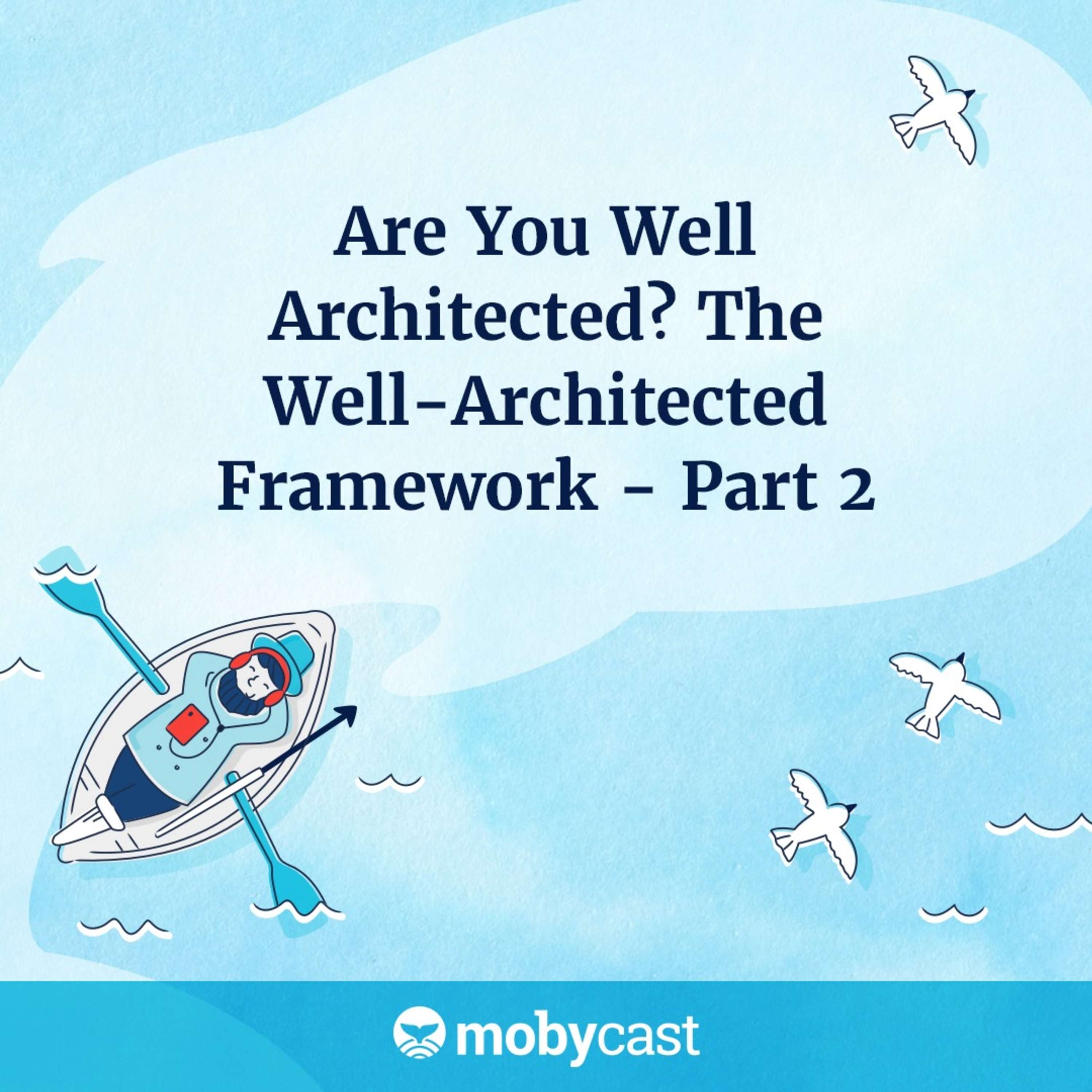
MobycastAre You Well Architected? The Well-Architected Framework - Part 2In episode #78 of Mobycast, we introduced the AWS Well-Architected Framework, an indispensable resource of best practices when running workloads in the cloud. We explained that the framework defines five pillars of excellence, and we dug deep on the first pillar, "Operational Excellence".
If you missed that episode, hit pause now and go listen to that one first. It's ok, we'll wait for you.
Now, in this episode of Mobycast, Jon and Chris continue their three-part series on the AWS Well-Architected Framework and discuss the next two pillars of excellence: "Security" and "Reliability".
2019-09-251h 04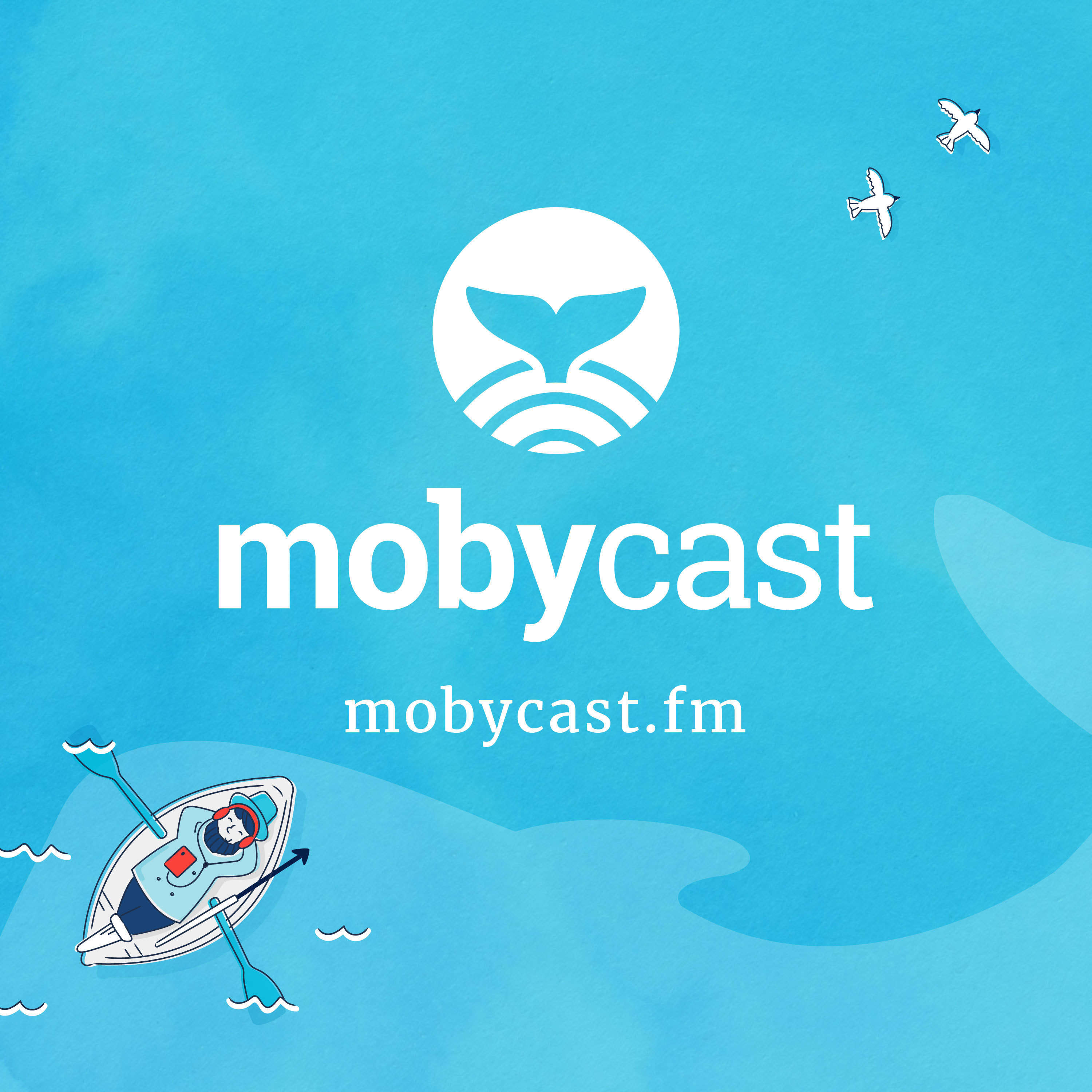
MobycastAre You Well Architected? The Well-Architected Framework - Part 1Just as the Twelve-Factor App methodology was born from real world experience of deploying successful apps at Heroku, architects at AWS created the Well-Architected Framework to document best practices they observed when running workloads in the cloud.
Originally announced as a whitepaper in October 2015, the Well-Architected Framework got center stage treatment at re:Invent 2016 during Werner Vogels' keynote address. Since then, it has evolved to become an indispensable resource when building and running workloads in AWS.
But the Well-Architected Framework is massive, consisting of 6 core whitepapers that total over 400 pages. It would be easy to dismiss it as just another...
2019-09-1855 min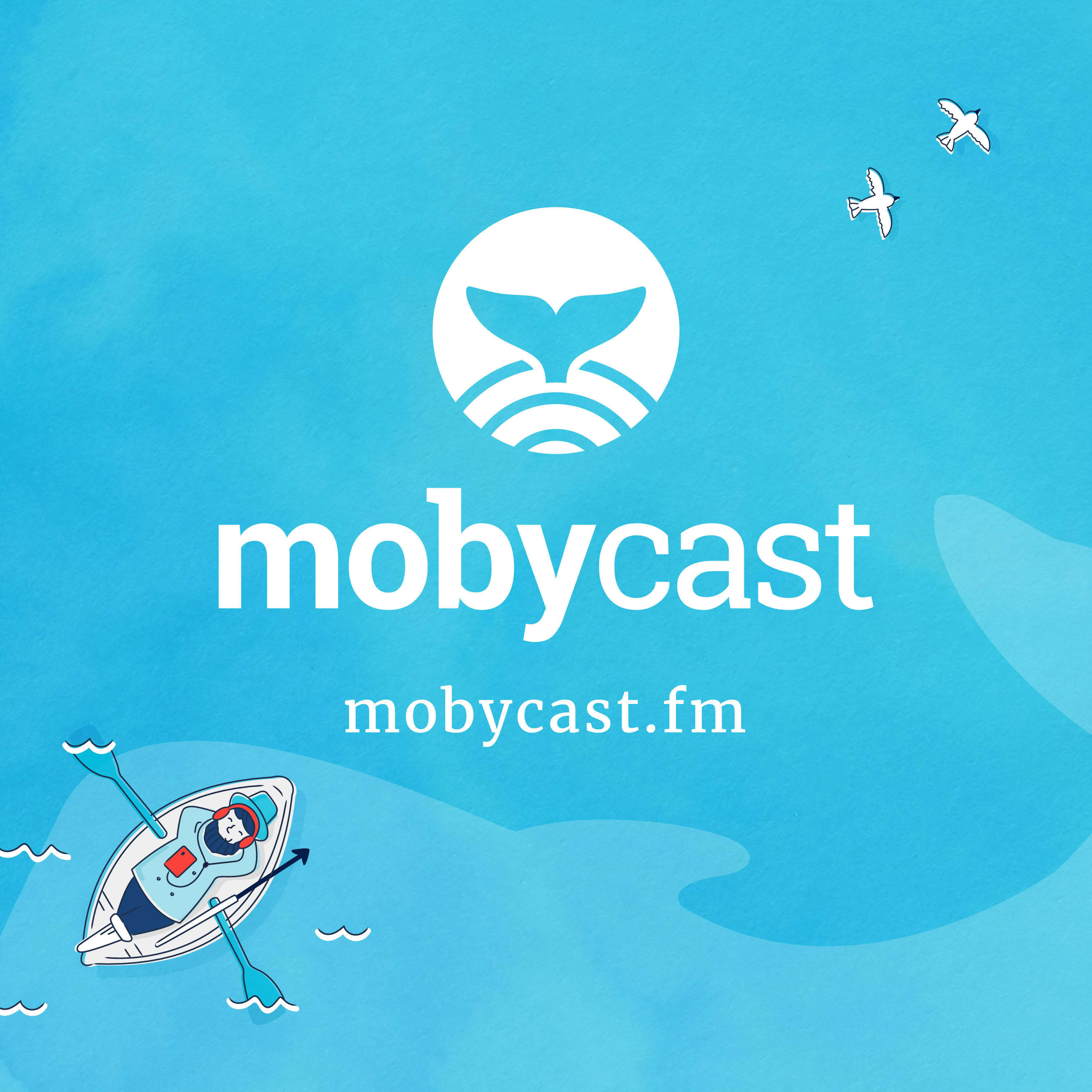
MobycastThe Twelve-Factor App: 12 Best Practices for MicroservicesThe 12 factor app methodology was created by developers at Heroku after their experience working with hundreds of thousands of apps on the Heroku platform. They noticed that successful apps shared a core set of things in common. First published in 2012, the 12 Factor App attempts to distill these commonalities into 12 principals. But the 12 Factor App is now over 7 years old which is several lifetimes in the technology world. Is it still applicable to today’s modern, cloud-native applications? In this episode of Mobycast, Jon and Chris go through the 12 factors explaining each one in detail and debating its relevance to today’s cl...
2019-09-1151 min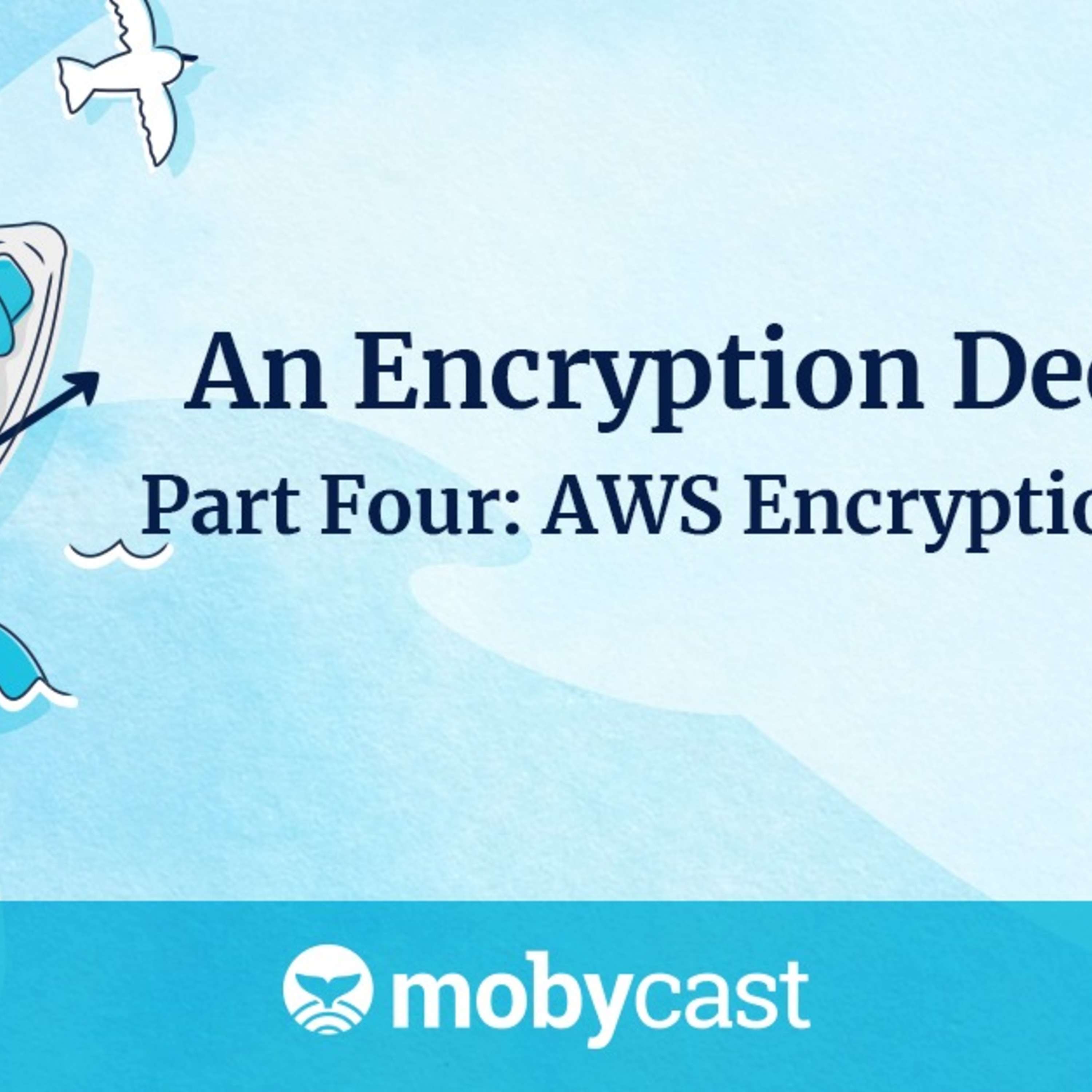
MobycastAn Encryption Deep Dive - Part FourIn Episode 76 of Mobycast, Jon and Chris finish our series on encryption by digging into AWS’ encryption services. Welcome to Mobycast, a weekly conversation about cloud-native development, AWS, and building distributed systems.
2019-09-0452 min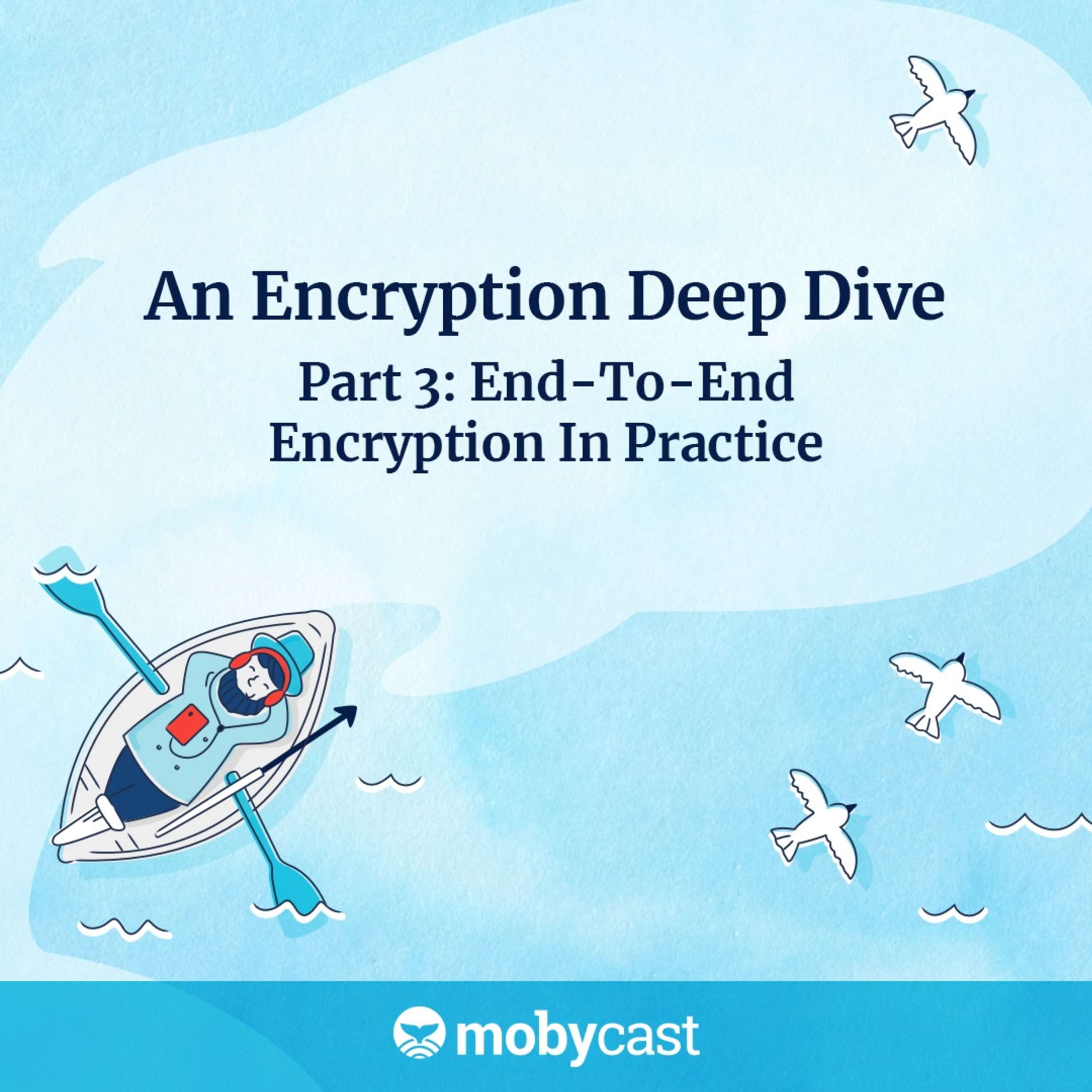
MobycastAn Encryption Deep Dive - Part ThreeIn Episode 75 of Mobycast, we continue with part three of our series on encryption. In particular, we discuss end-to-end encryption in practice. Welcome to Mobycast, a weekly conversation about cloud-native development, AWS, and building distributed systems.
2019-08-2832 min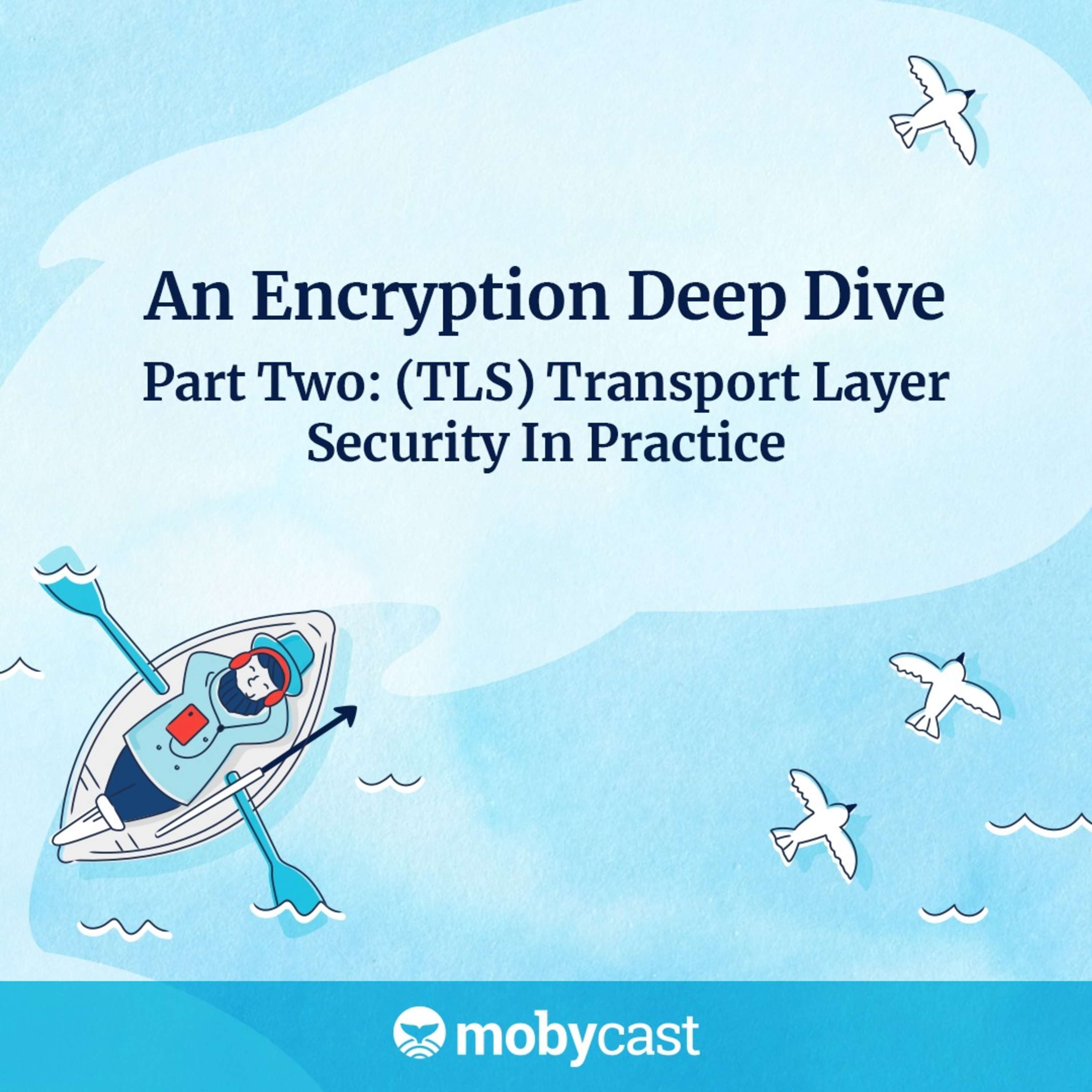
MobycastAn Encryption Deep Dive - Part TwoIn episode 74 of Mobycast, we continue with part two of our series on encryption. In particular, we'll discuss Transport Layer Security in practice. Welcome to Mobycast, a weekly conversation about cloud-native development, AWS, and building distributed systems.
2019-08-2136 min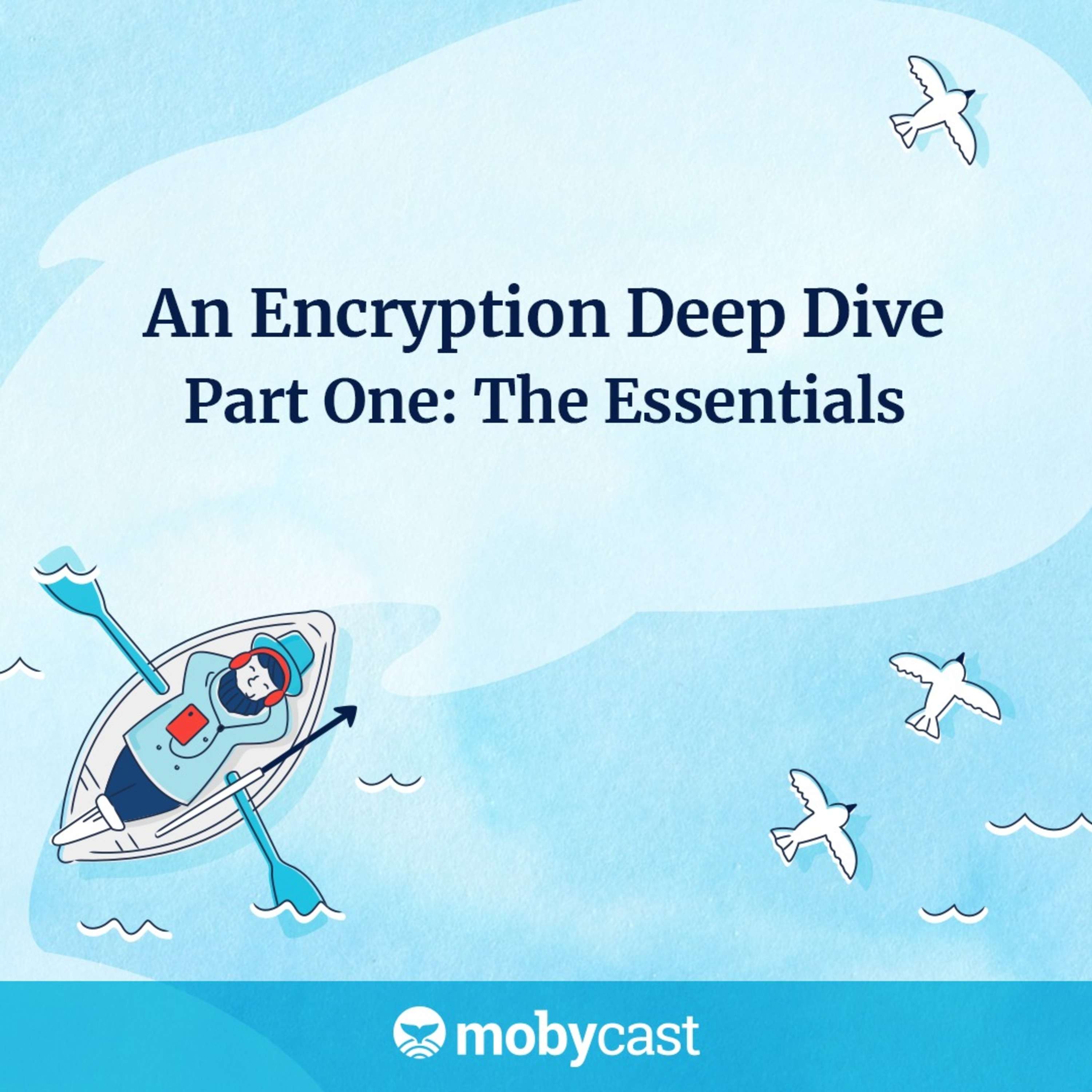
MobycastAn Encryption Deep Dive - Part OneIn episode 73 of Mobycast, we start a new series on encryption and dive into the essentials. Welcome to Mobycast, a weekly conversation about cloud-native development, AWS, and building distributed systems.
2019-08-1442 min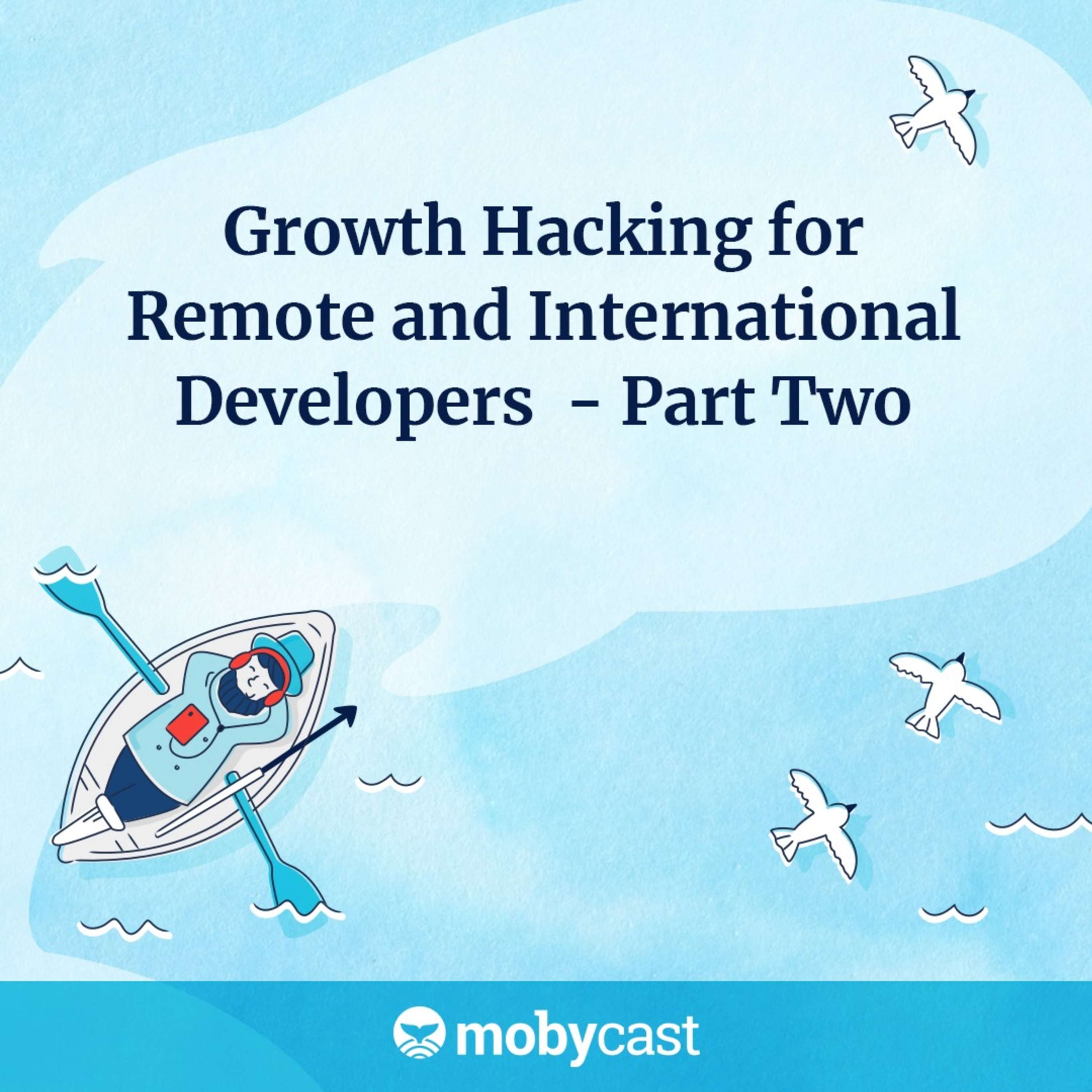
MobycastGrowth Hacking for Remote and International Developers - Part 2In Episode 72 of Mobycast, we dive into part two of our discussion on growing high performing remote and international engineering teams. Welcome to Mobycast, a weekly conversation about cloud-native development, AWS, and building distributed systems.
2019-08-0742 min
MobycastGrowth Hacking for Remote and International Developers - Part 1In episode 71 of Mobycast, Jon and Chris discuss lessons learned while working with remote and international engineering teams. Welcome to Mobycast, a weekly conversation about cloud-native development, AWS, and building distributed systems.
2019-07-3130 min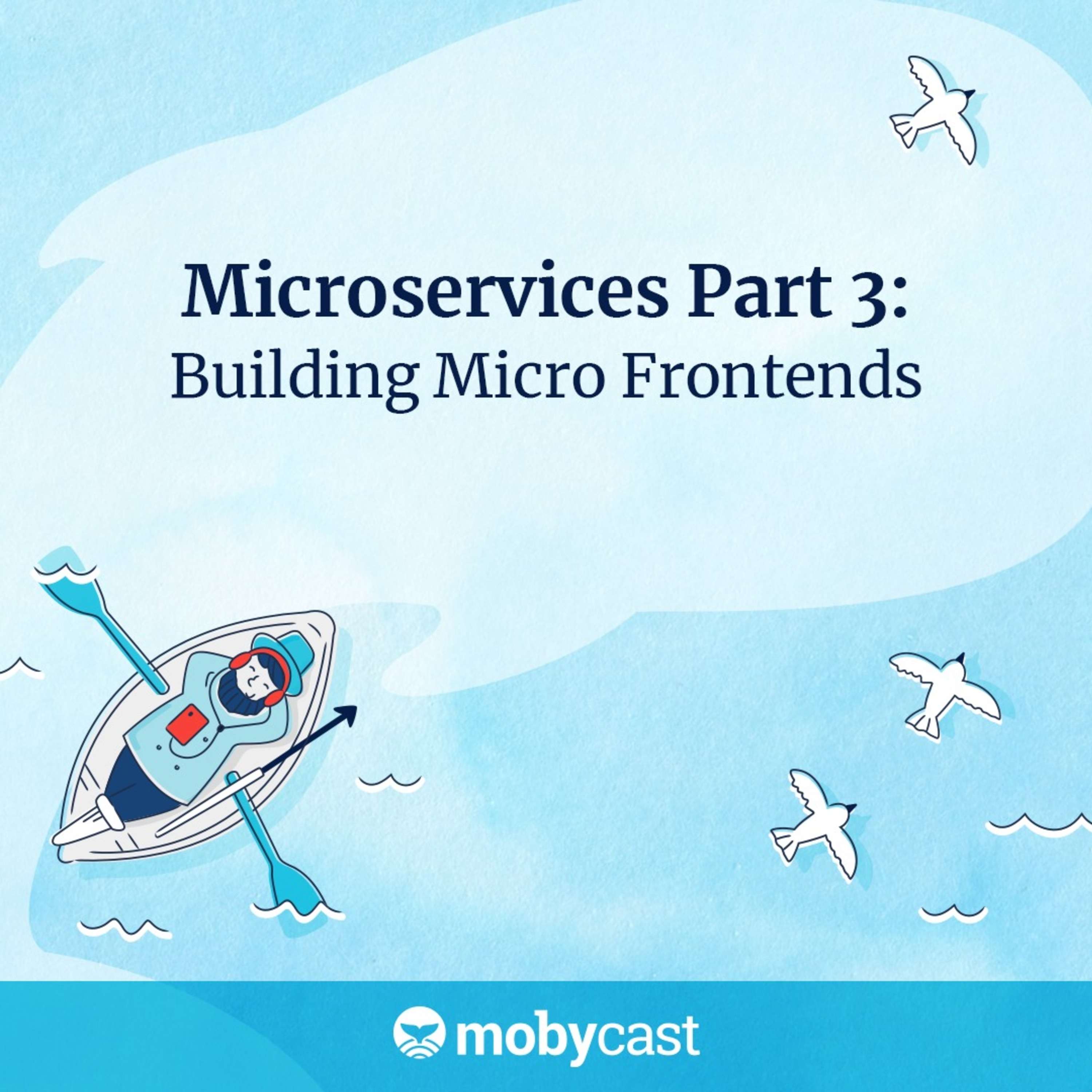
MobycastMicroservices Bootcamp 3 - Micro FrontendsIn Episode 70 of Mobycast, we wrap up our bootcamp on Microservices with the discussion on Micro Frontends. Welcome to Mobycast, a weekly conversation about cloud-native development, AWS, and building distributed systems.
2019-07-2437 min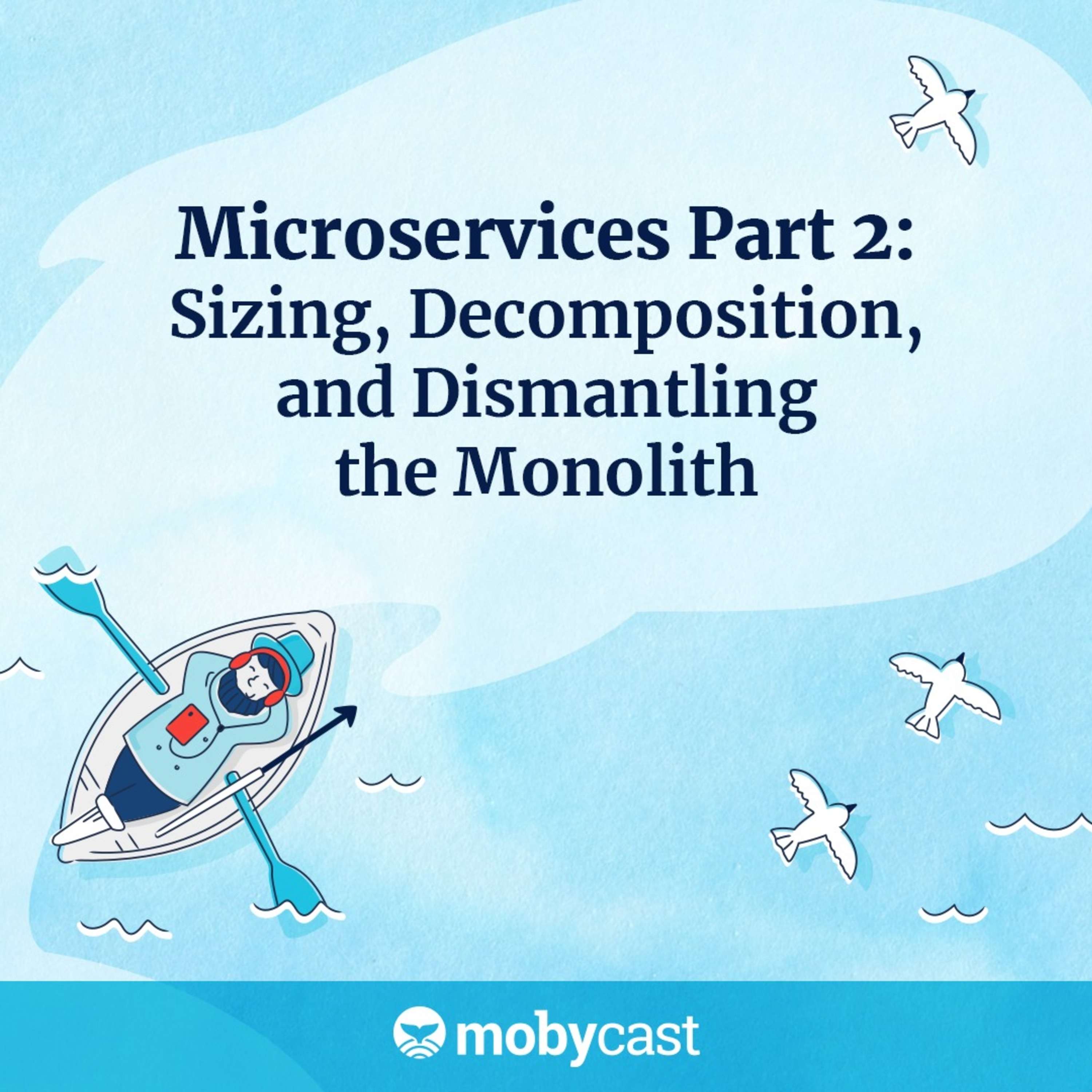
MobycastMicroservices Part 2: Sizing, Decomposition, and Dismantling the MonolithIn Episode 69 of Mobycast, we get hands-on with part two of our Microservices bootcamp and discuss sizing, decomposition, and dismantling monolith. Welcome to Mobycast, a weekly conversation about cloud-native development, AWS, and building distributed systems.
2019-07-1841 min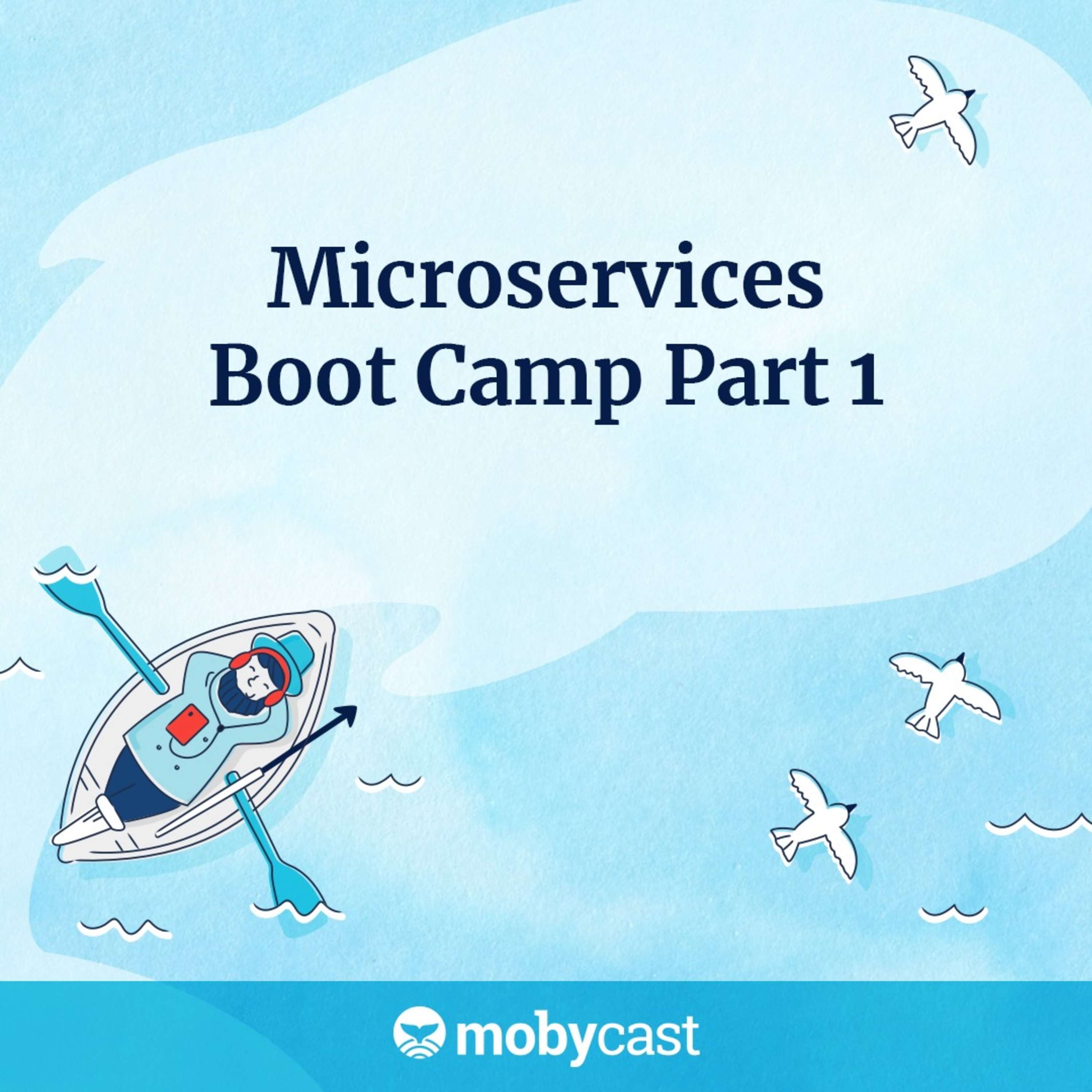
MobycastMicroservices Boot Camp Part 1In episode 68 of Mobycast, Jon and Chris kick off part one of our Microservices bootcamp, answering the essential questions of what, why, and how. Welcome to Mobycast, a weekly conversation about Cloud native development, AWS, and building distributed systems.
2019-07-1037 min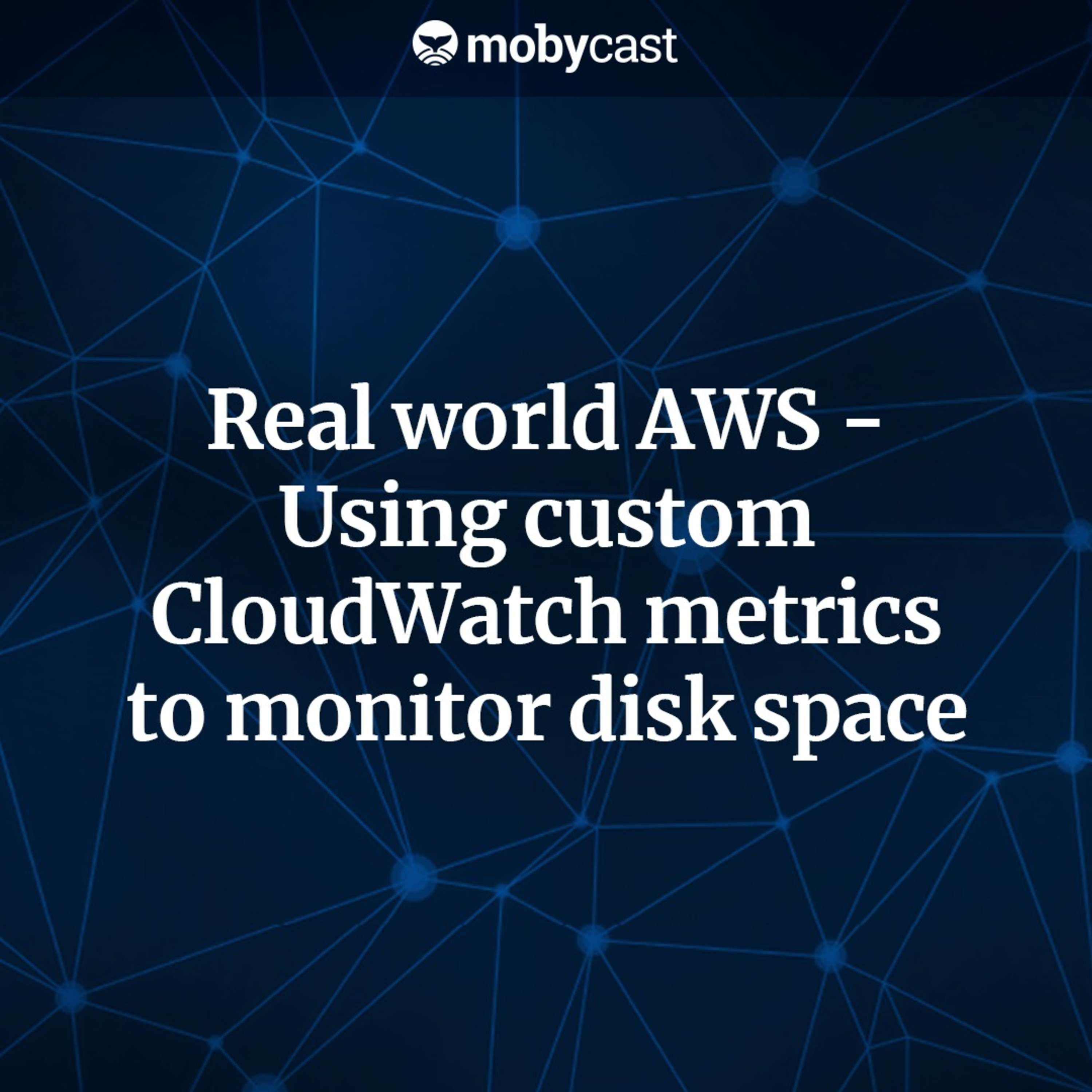
MobycastReal World AWS - Using Custom CloudWatch Metrics to Monitor Disk SpaceIn Episode 67 of Mobycast, Jon and Chris discuss using custom CloudWatch metrics to monitor disk space. Welcome to Mobycast, a weekly conversation about cloud-native development, AWS, and building distributed systems.
2019-07-0335 min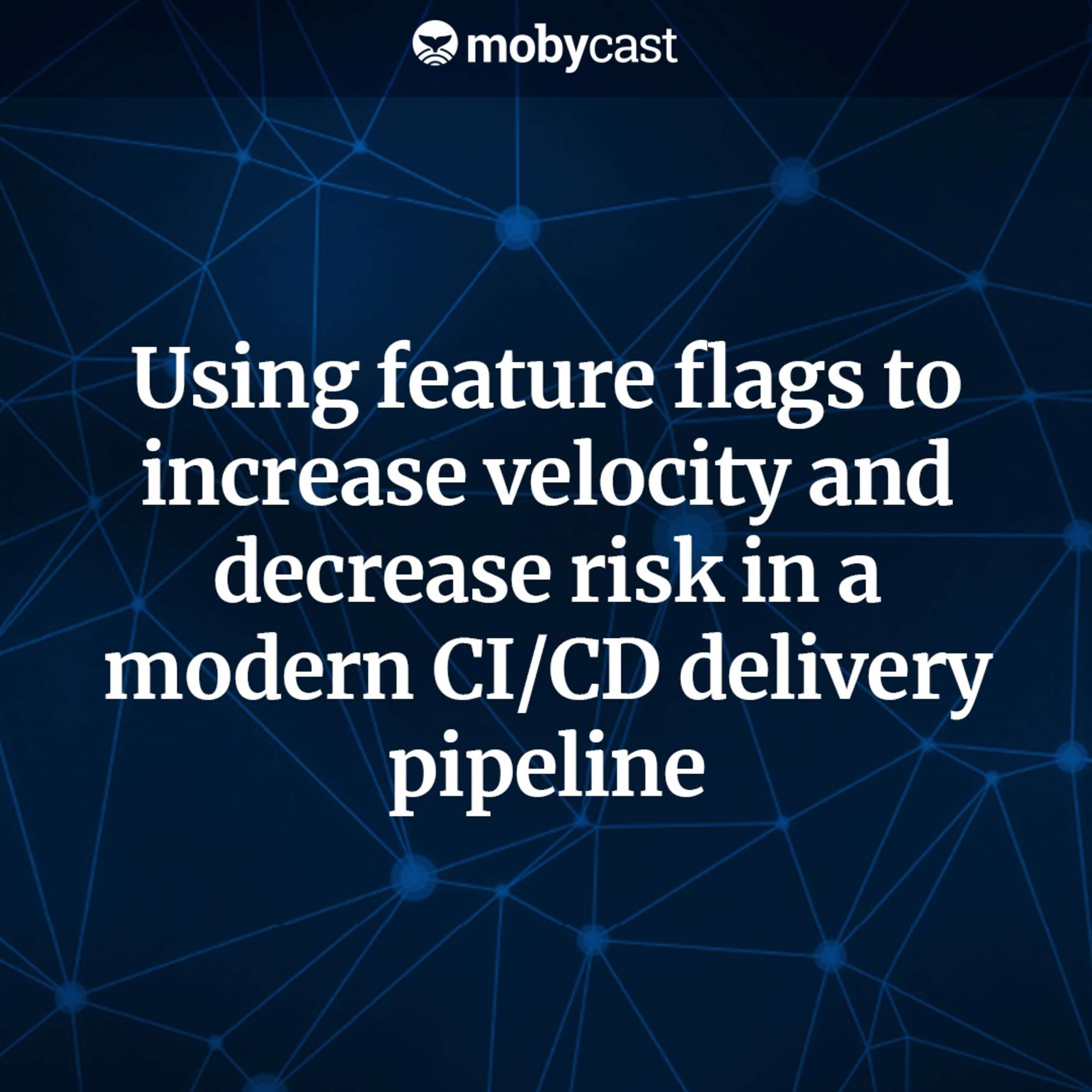
MobycastUsing Feature Flags to Increase Velocity and Decrease Risk in a Modern CI:CD Delivery PipelineIn Episode 66 of Mobycast, Jon and Chris discuss using feature flags to increase velocity and decrease risk in your CI/CD pipeline. Welcome to Mobycast, a weekly conversation about cloud-native development, AWS, and building distributed systems.
2019-06-2631 min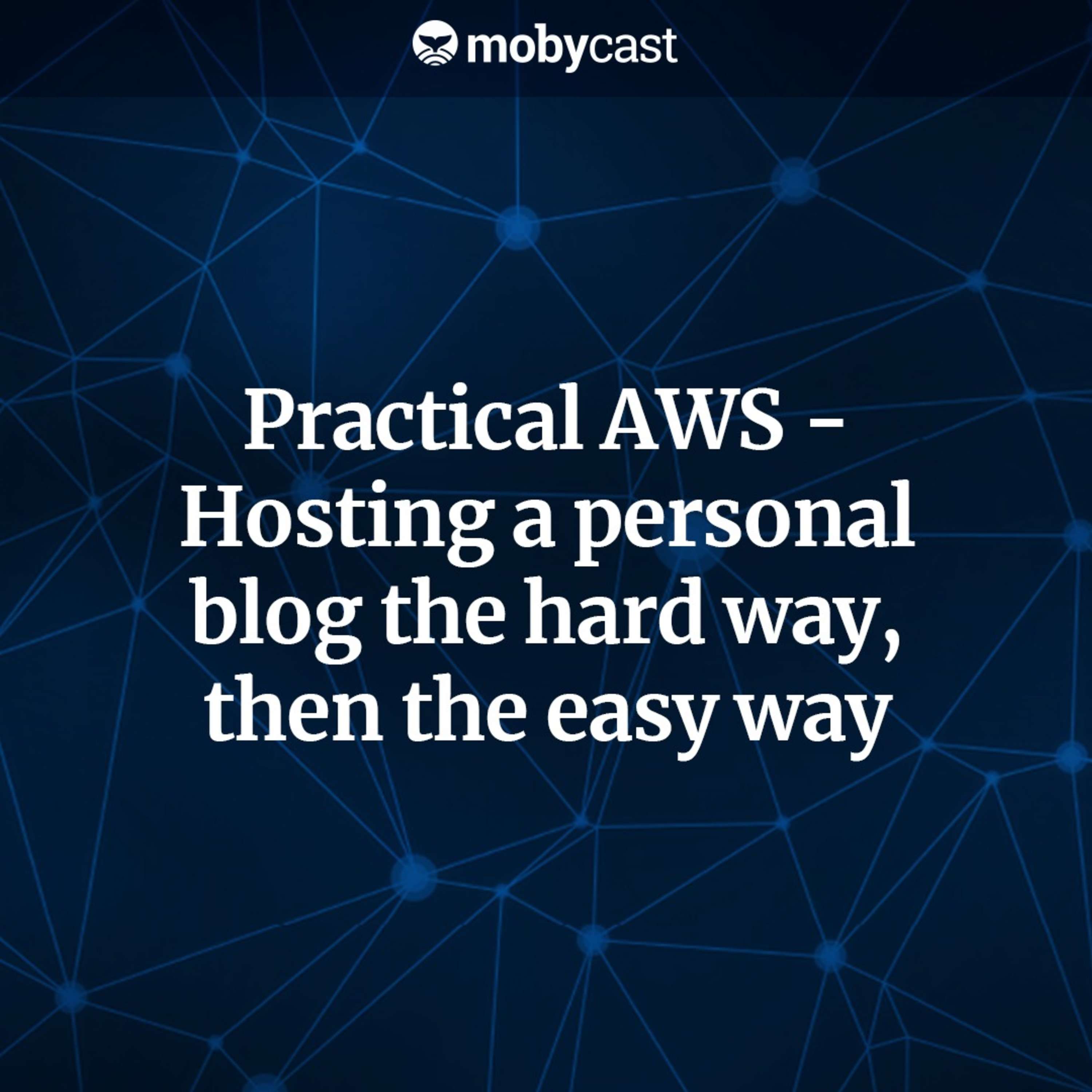
MobycastPractical AWS - Hosting a Personal Blog the Hard Way, Then the Easy WayIn Episode 65 of Mobycast, Chris walks us through the setup of his personal blog using Ghost. Welcome to Mobycast, a weekly conversation about cloud-native development, AWS, and building distributed systems.
2019-06-1930 min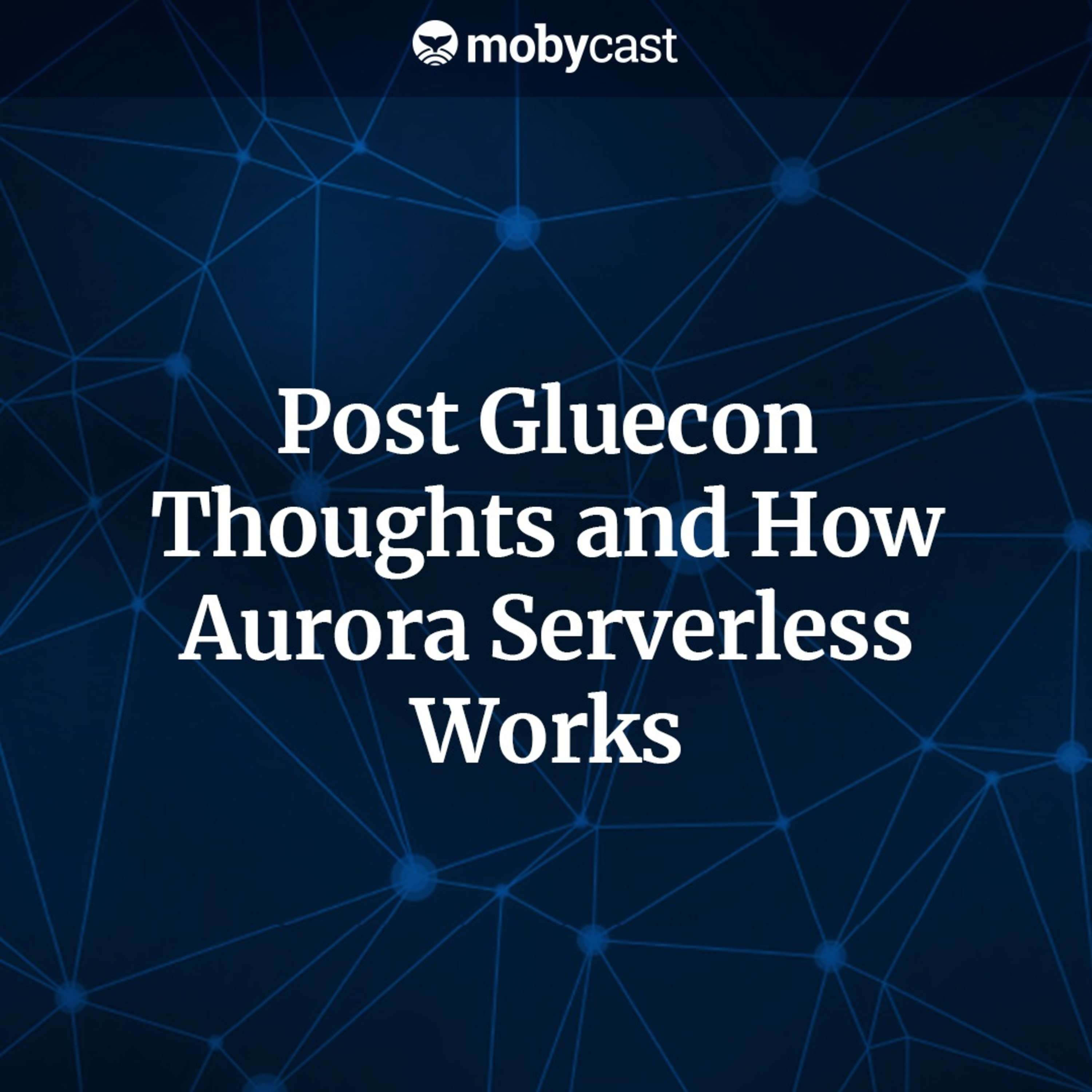
MobycastPost Gluecon Thoughts and How Aurora Serverless WorksIn Episode 64 of Mobycast, Jon shares his thoughts on Gluecon 2019 and then dives into one of his favorite sessions which focused on AWS’ Aurora Serverless. Welcome to Mobycast, a weekly conversation about cloud-native development, AWS, and building distributed systems.
2019-06-1231 min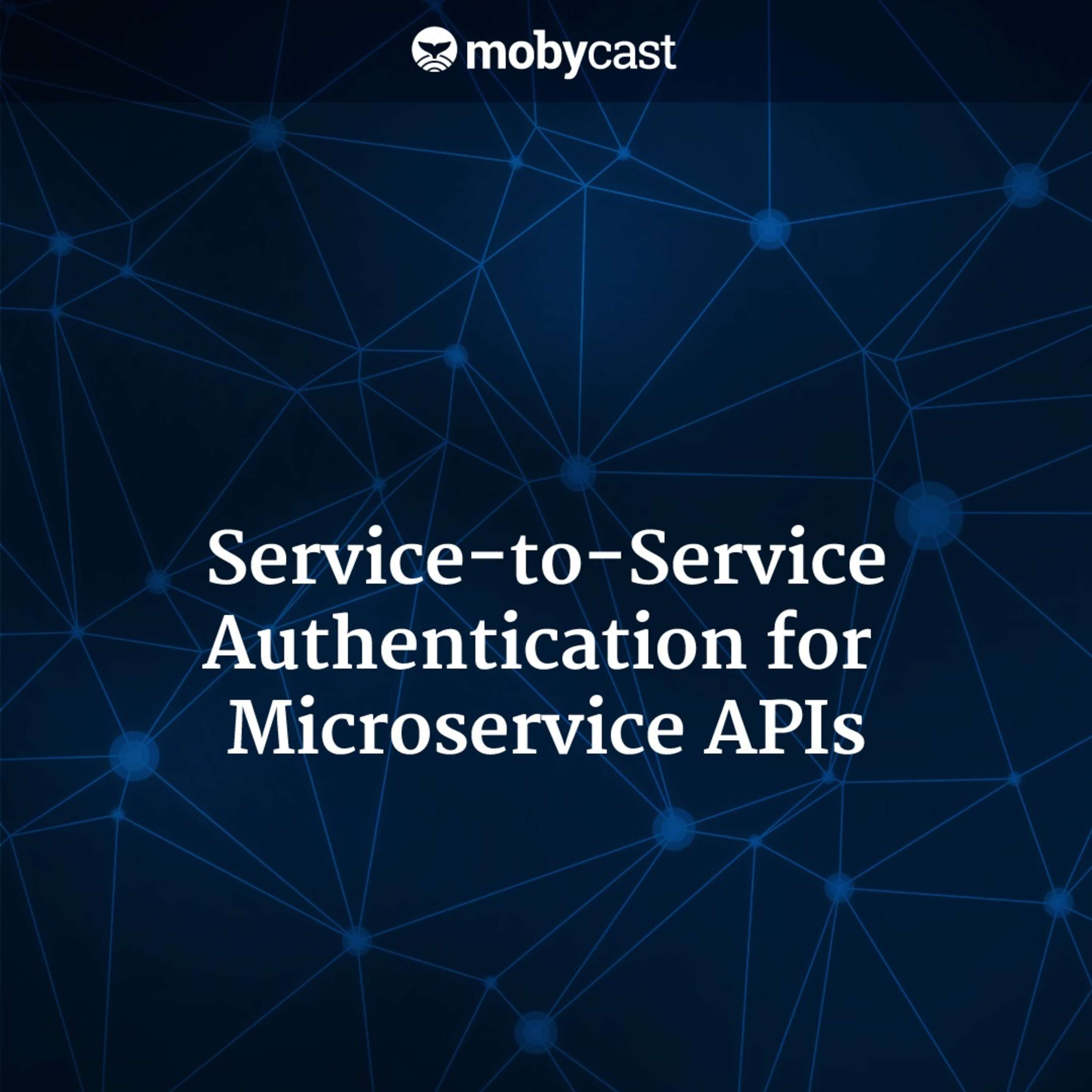
MobycastService-to-Service Authentication for Microservice APIsIn Episode 63 of Mobycast, Jon and Chris discuss service-to-service authentication for microservice APIs. Welcome to Mobycast, a weekly conversation about cloud-native development, AWS, and building distributed systems.
2019-06-0543 min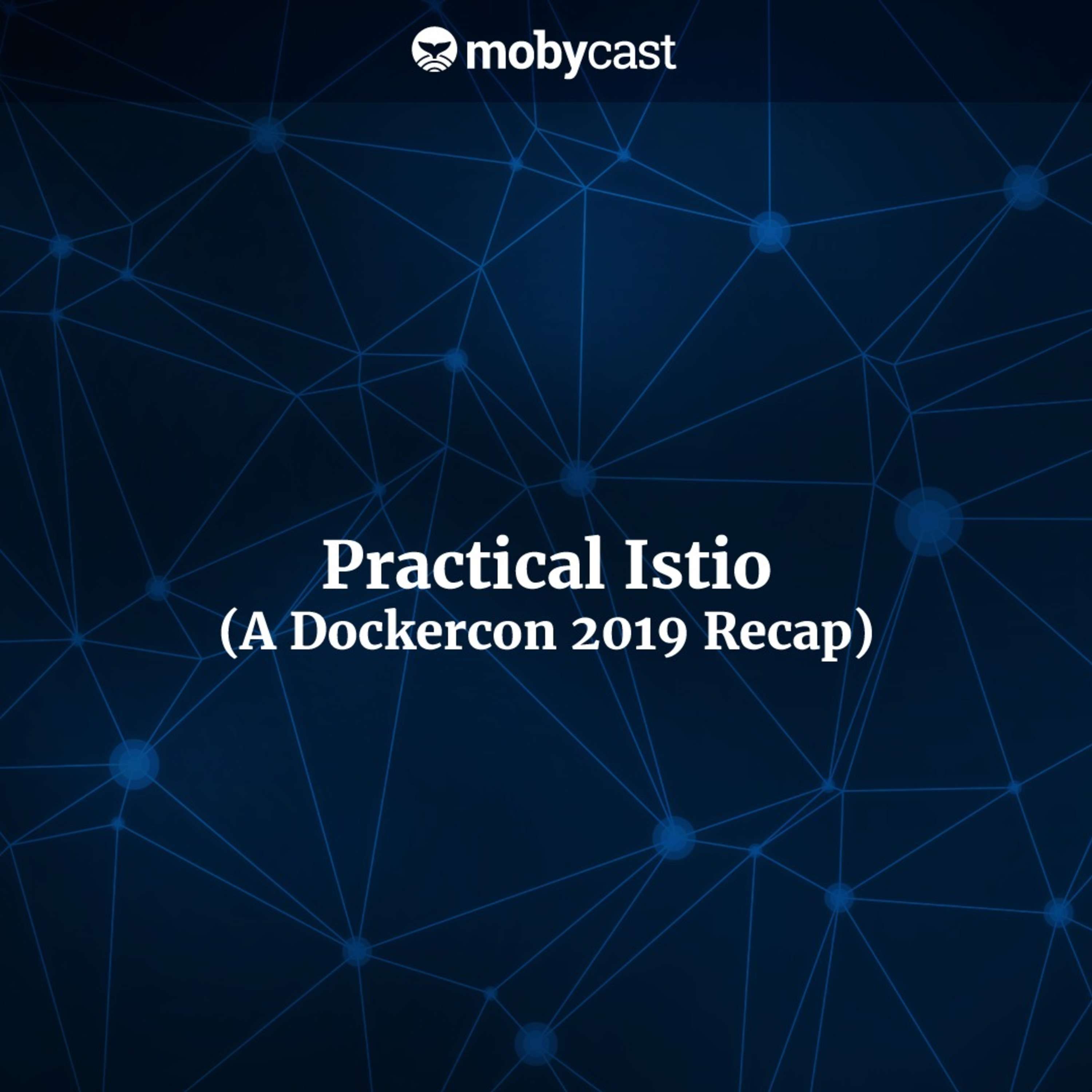
MobycastPractical Istio (A Dockercon 2019 Recap)In episode 62 of Mobycast, we recap another DockerCon 2019 session. This one focuses on Practical Istio by Zack Butcher. Welcome to Mobycast, a weekly conversation about cloud-native development, AWS, and building distributed systems.
2019-05-2934 min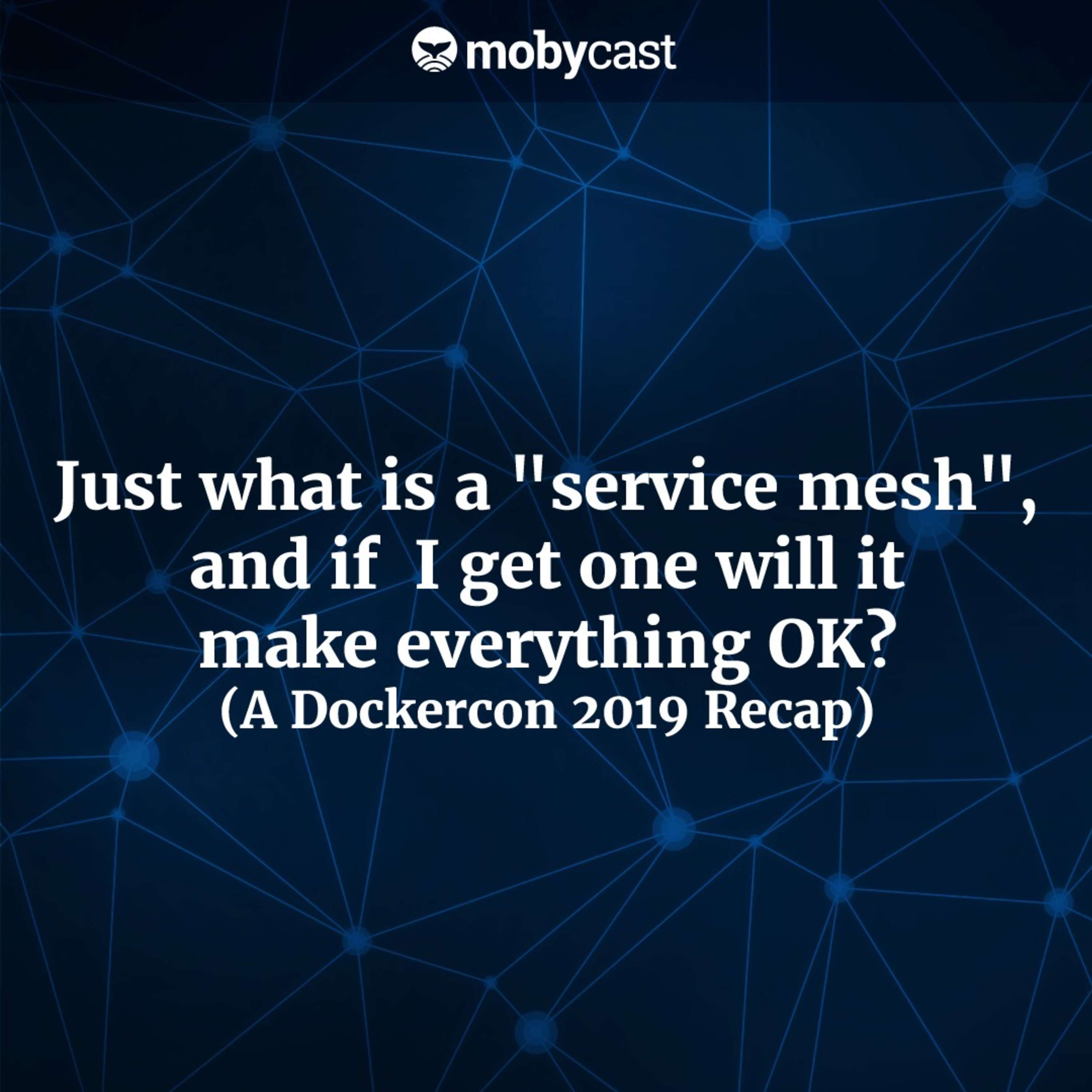
MobycastJust What is a "Service Mesh", and If I Get One Will It Make Everything OK? (A Dockercon 2019 Recap)In episode 61 of Mobycast, we recap another DockerCon 2019 session titled "Just What Is A 'Server Mesh,' And If I Get One Will It Make Everything OK?" by Elton Stoneman. Welcome to Mobycast, a weekly conversation about cloud-native development, AWS, and building distributed systems.
2019-05-2230 min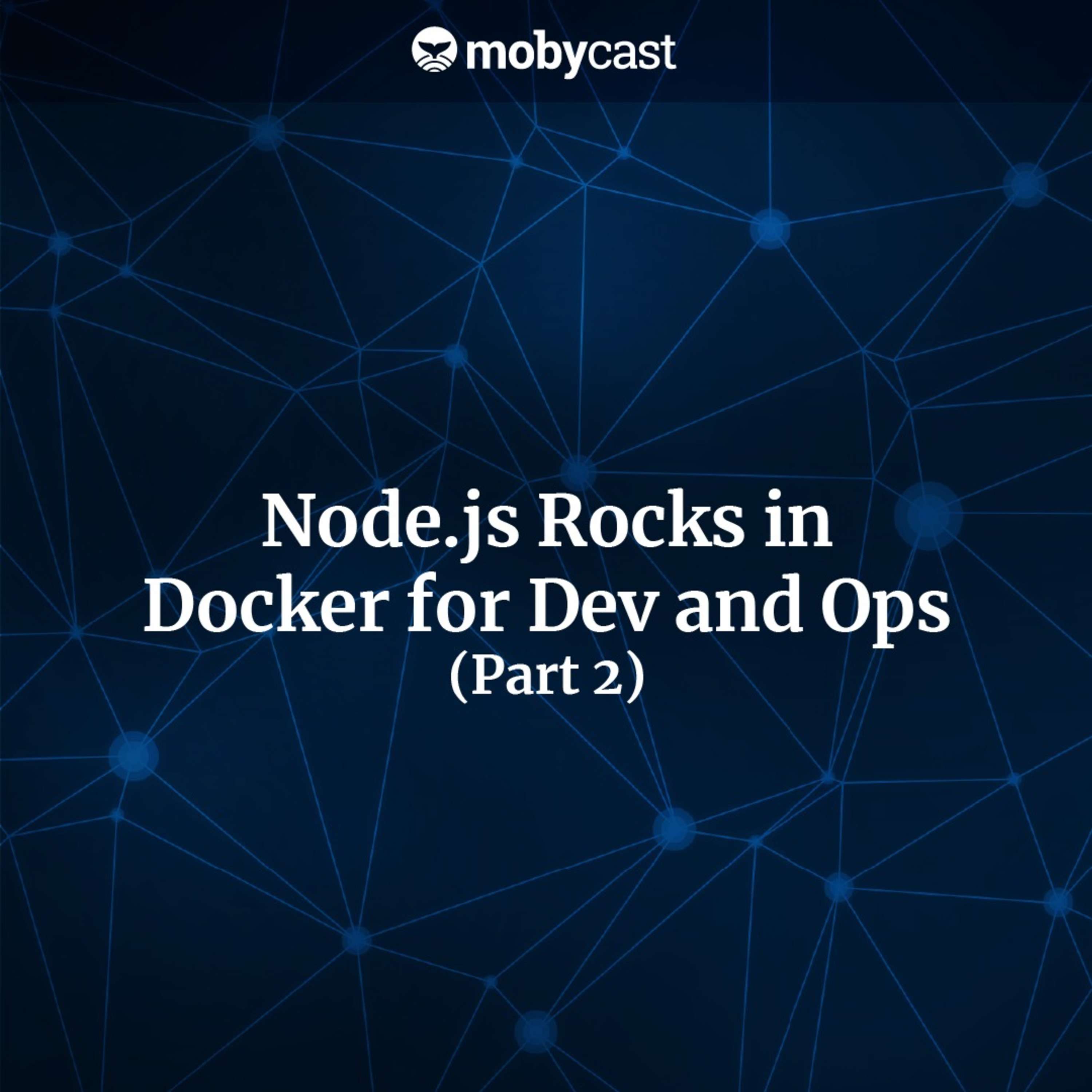
MobycastNode.js Rocks in Docker for Dev and Ops (Part 2)In episode 60 of Mobycast, we conclude our series on Bret Fisher's DockerCon session, Node.js Rocks in Docker for Dev and Ops. Welcome to Mobycast, a weekly conversation about cloud-native development, AWS, and building distributed systems.
2019-05-1531 min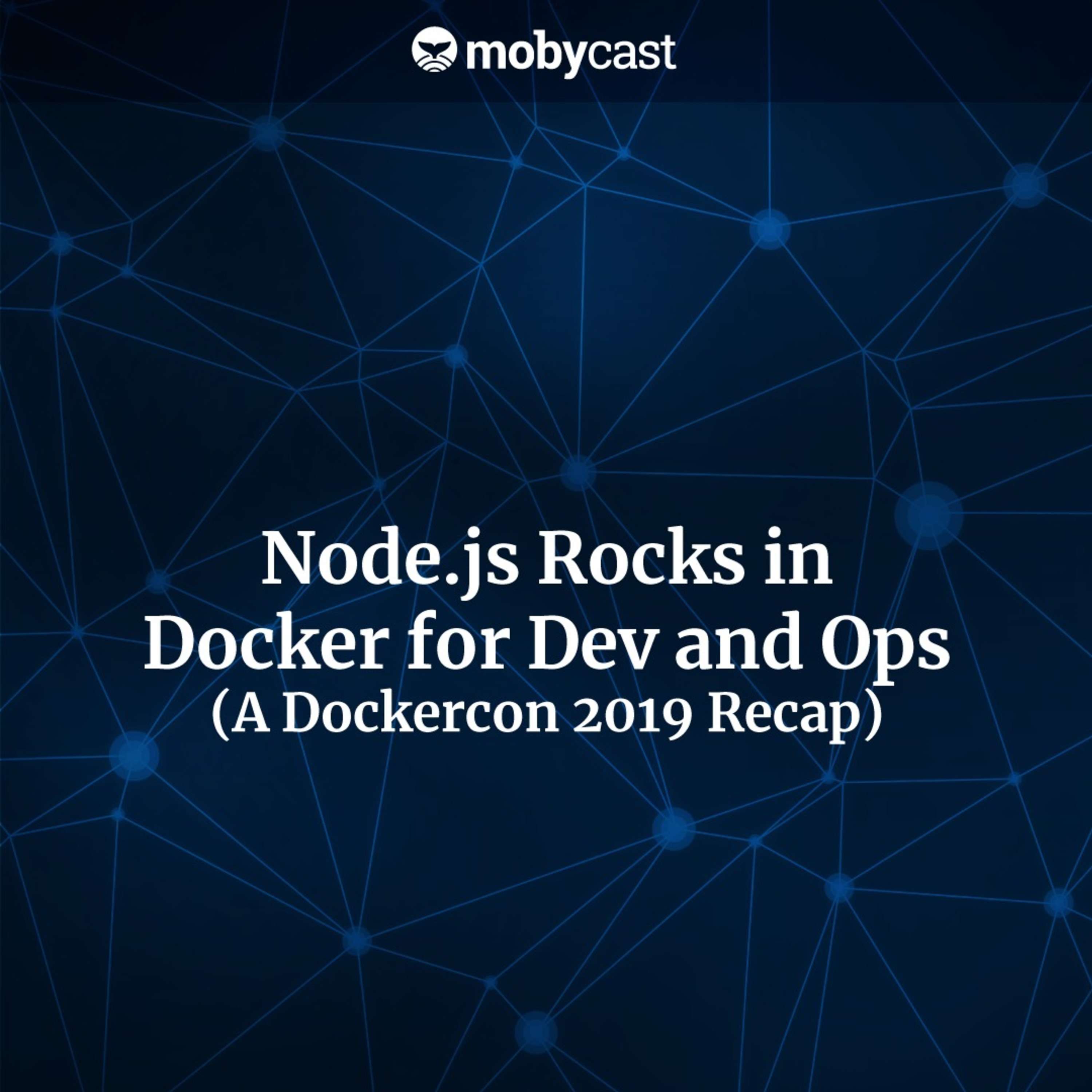
MobycastNode.js Rocks in Docker for Dev and Ops (A Dockercon 2019 Recap)In Episode 59 of Mobycast, Jon and Chris break down Bret Fisher’s DockerCon 2019 session which was titled, Node.js Rocks in Docker for Dev and Ops. Welcome to Mobycast, a weekly conversation about cloud-native development, AWS, and building distributed systems.
2019-05-0825 min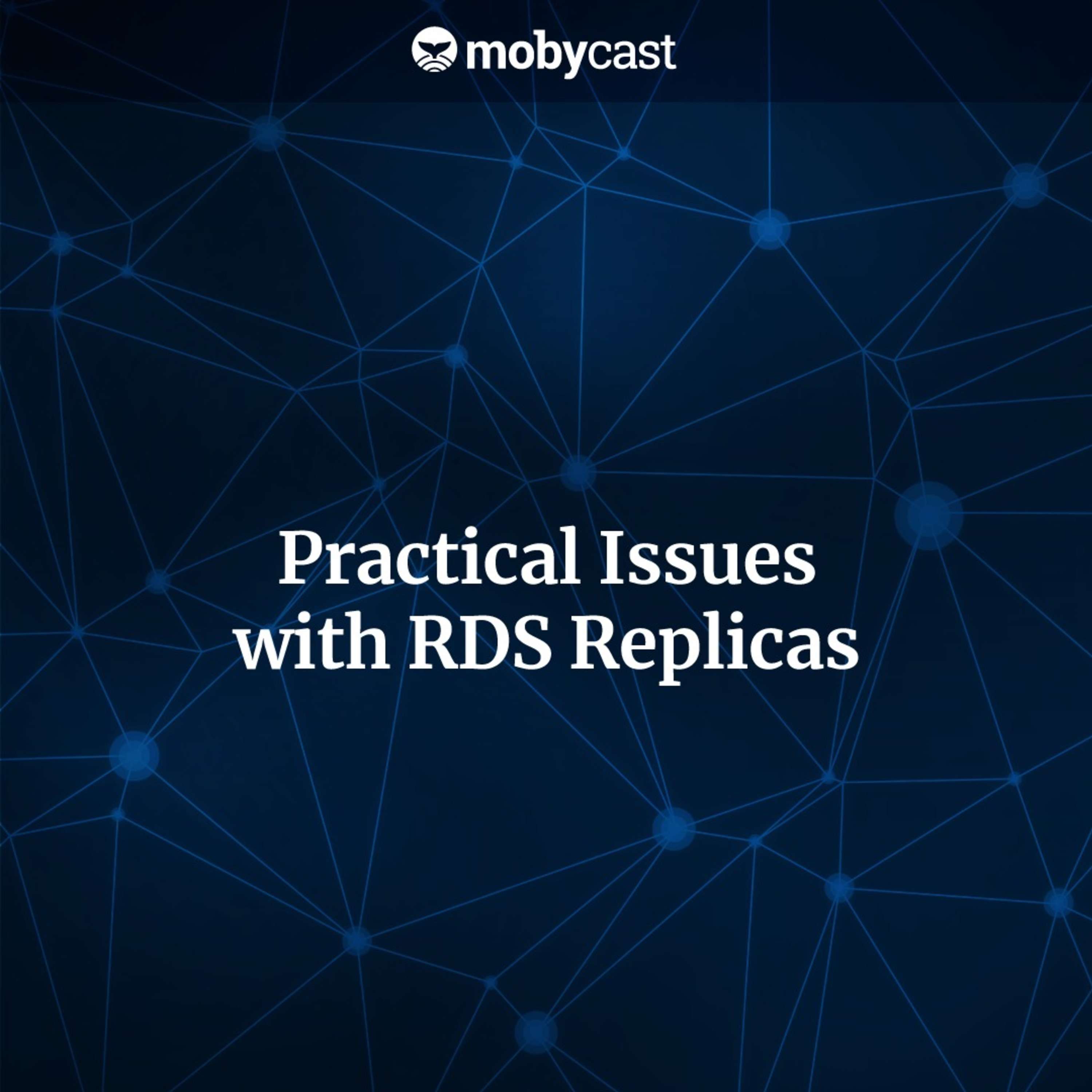
MobycastPractical Issues with RDS ReplicasIn episode 58 of Mobycast, Jon and Chris discuss the practical issues with RDS replicas. Welcome to Mobycast, a weekly conversation about cloud-native development, AWS, and building distributed systems.
2019-05-0123 min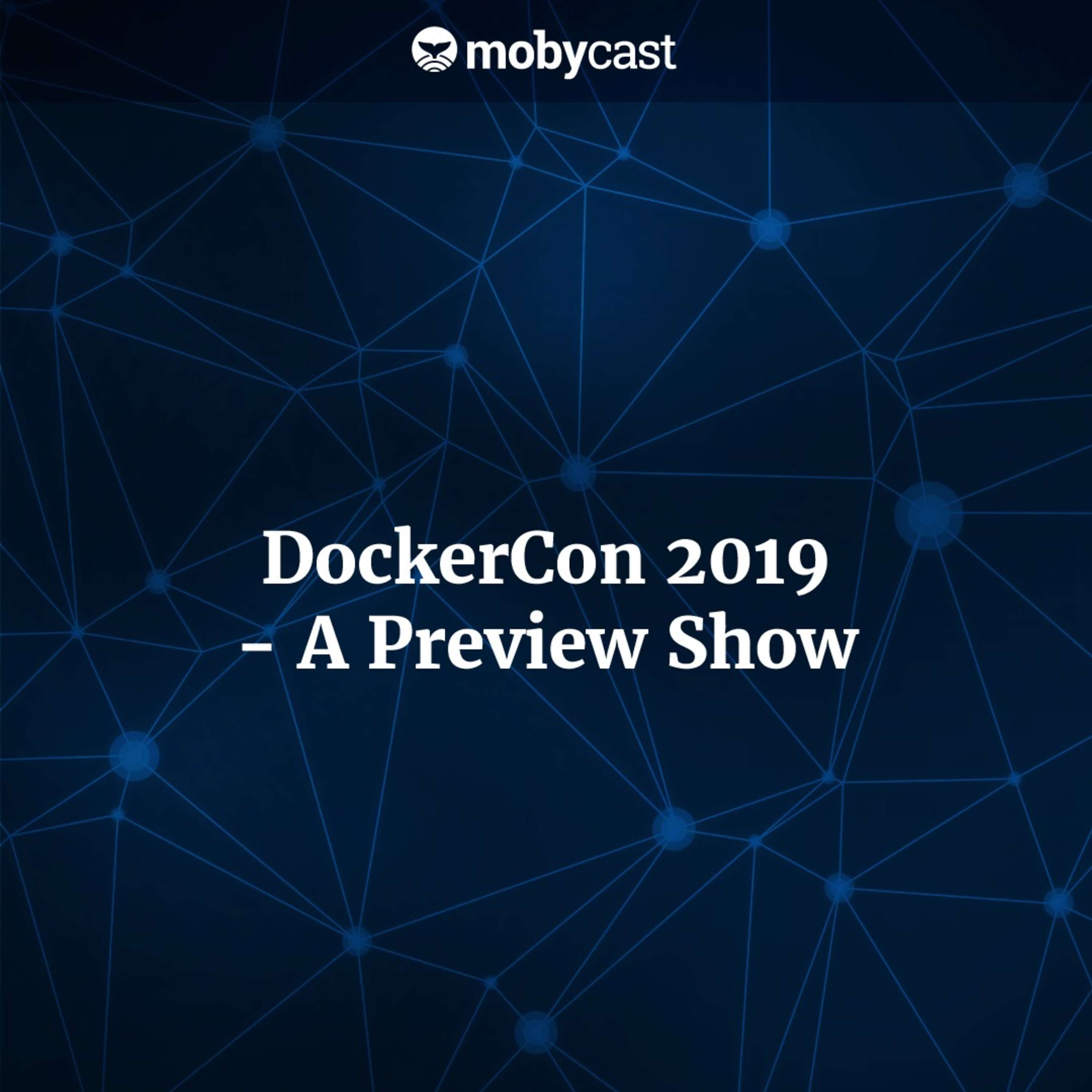
MobycastDockerCon 2019 - A Preview ShowIn episode 57 of Mobycast, we look ahead towards DockerCon 2019, discuss what to expect and throw down a few predictions. Welcome to Mobycast, a weekly conversation about cloud native development, AWS, and building distributed systems.
2019-04-2424 min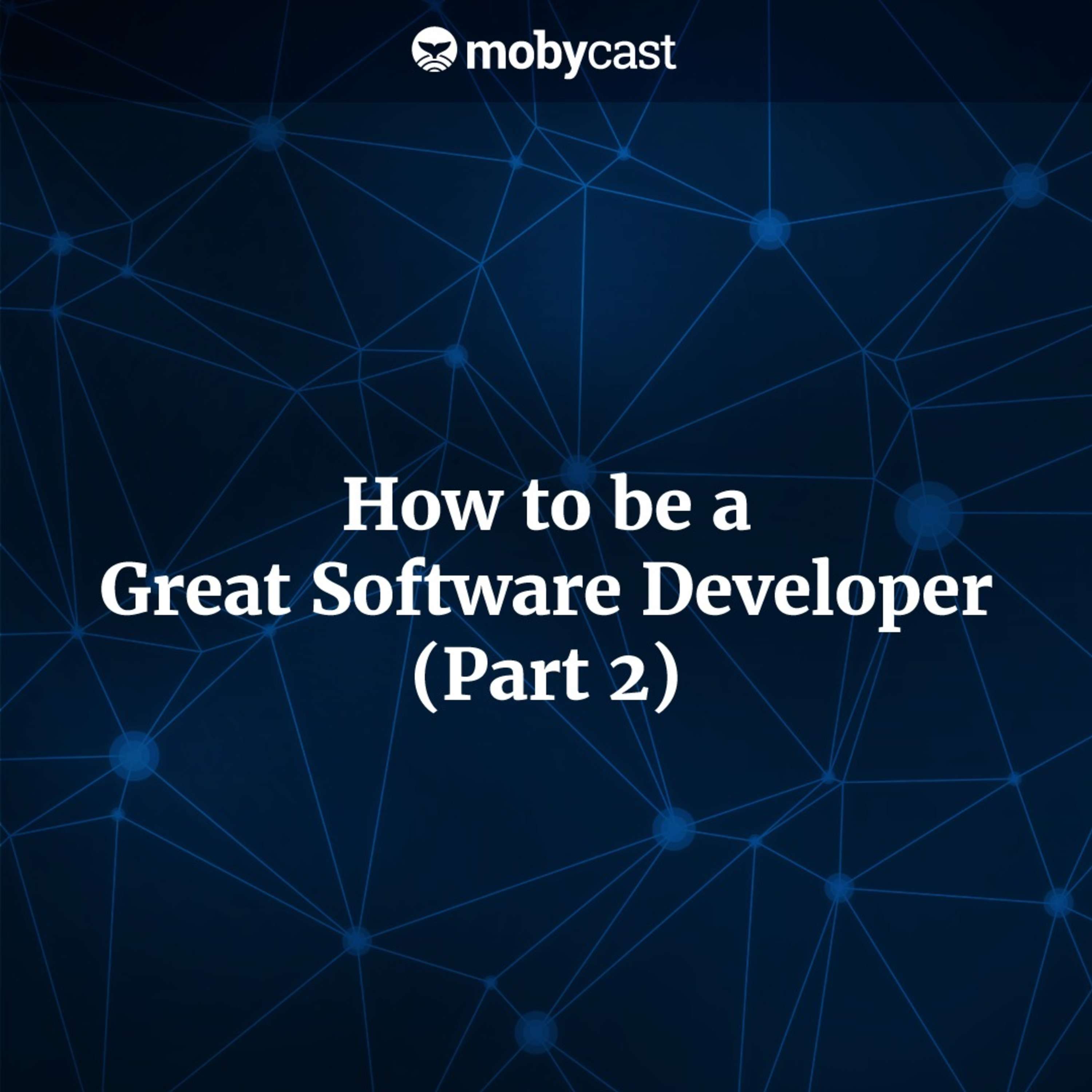
MobycastHow to Become a Great Software Developer (Part 2)In Episode 56 of Mobycast, we conclude our mini series on how to become a great software developer. Welcome to Mobycast, a weekly conversation about cloud-native development, AWS, and building distributed systems.
2019-04-1723 min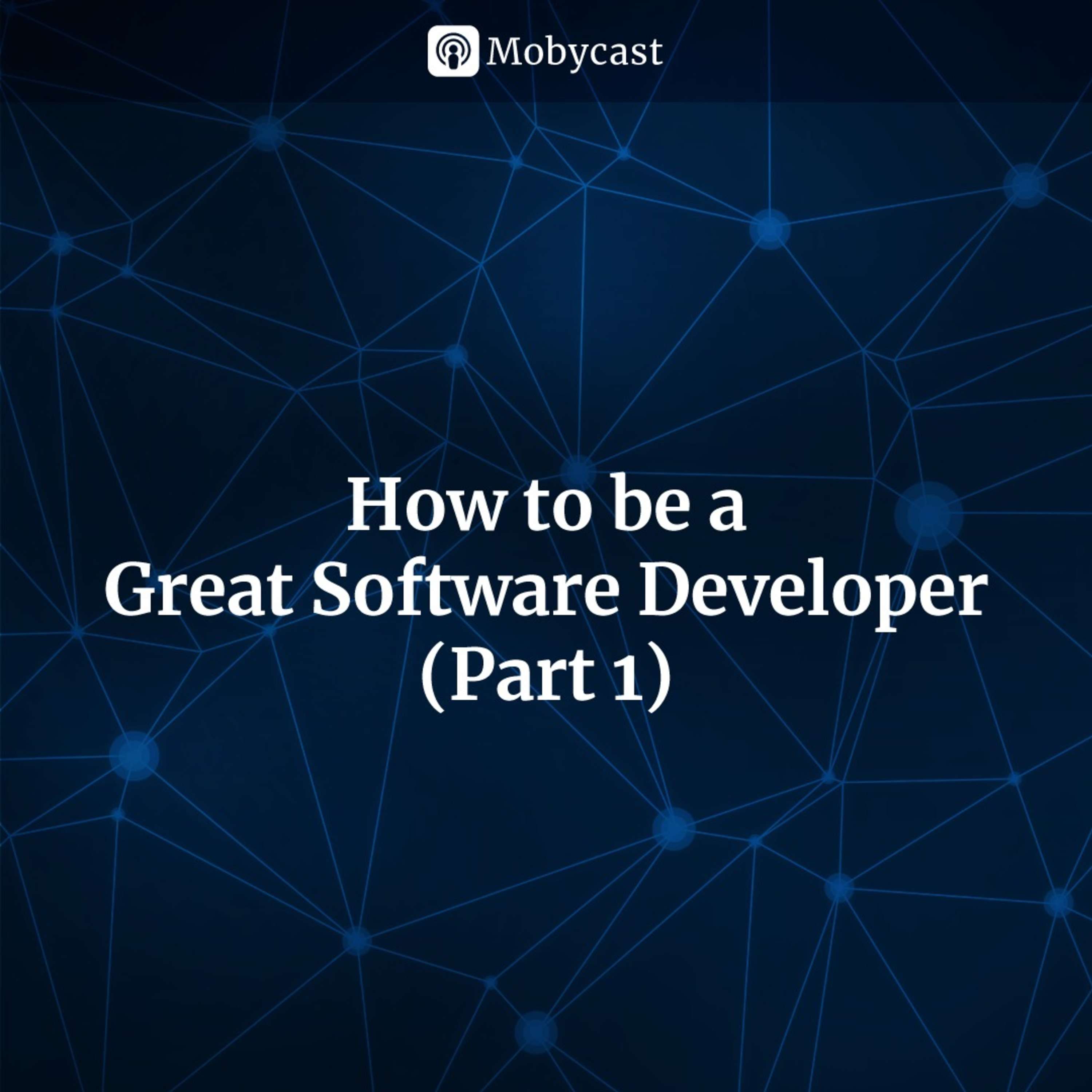
MobycastHow to Become a Great Software Developer (Part 1)In Episode 55 of Mobycast, we start a new miniseries on how to become a great software developer. Welcome to Mobycast, a weekly conversation about cloud-native development, AWS, and building distributed systems.
2019-04-1030 min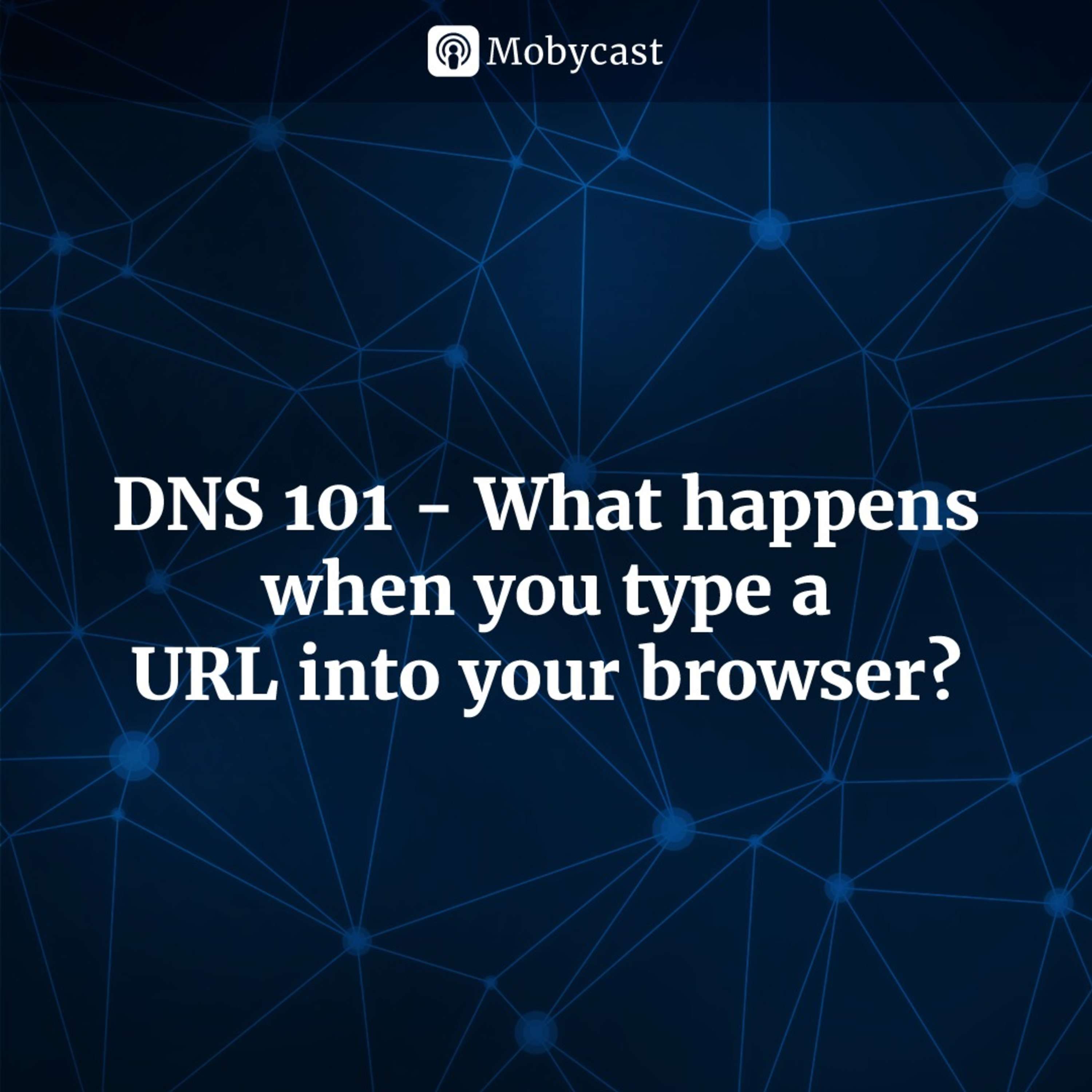
MobycastDNS 101In Episode 54 of Mobycast, Jon and Chris teach a primer on DNS and explain exactly what happens when you type the URL into the browser. Welcome to Mobycast, a weekly conversation about cloud-native development, AWS, and building distributed systems.
2019-04-0325 min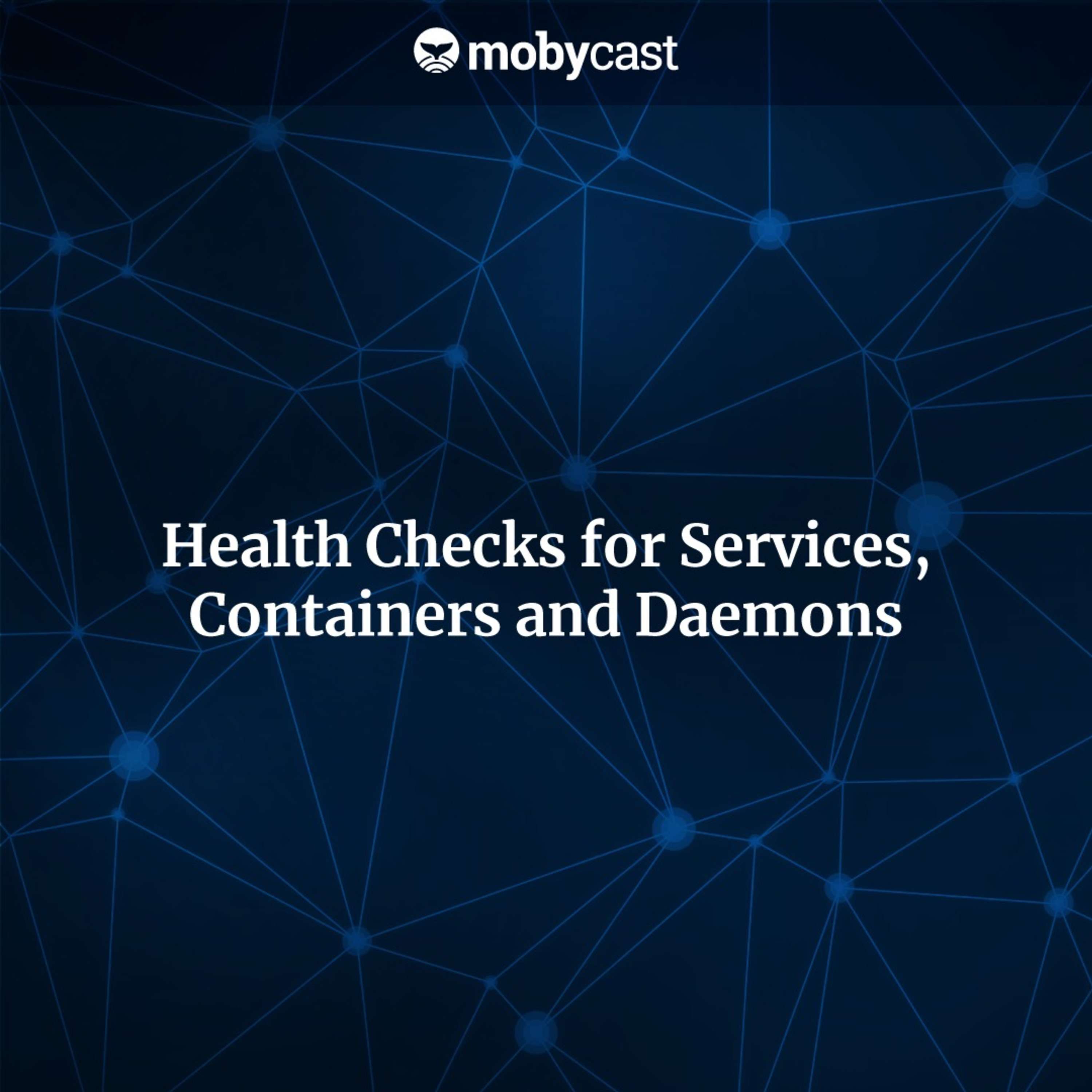
MobycastHealth Checks for Services, Containers and DaemonsIn episode 53 of Mobycast, Jon and Chris discuss health checks for services, containers,
and daemons. Welcome to Mobycast, a weekly conversation about cloud-native development,
AWS, and building distributed systems.
2019-03-2729 min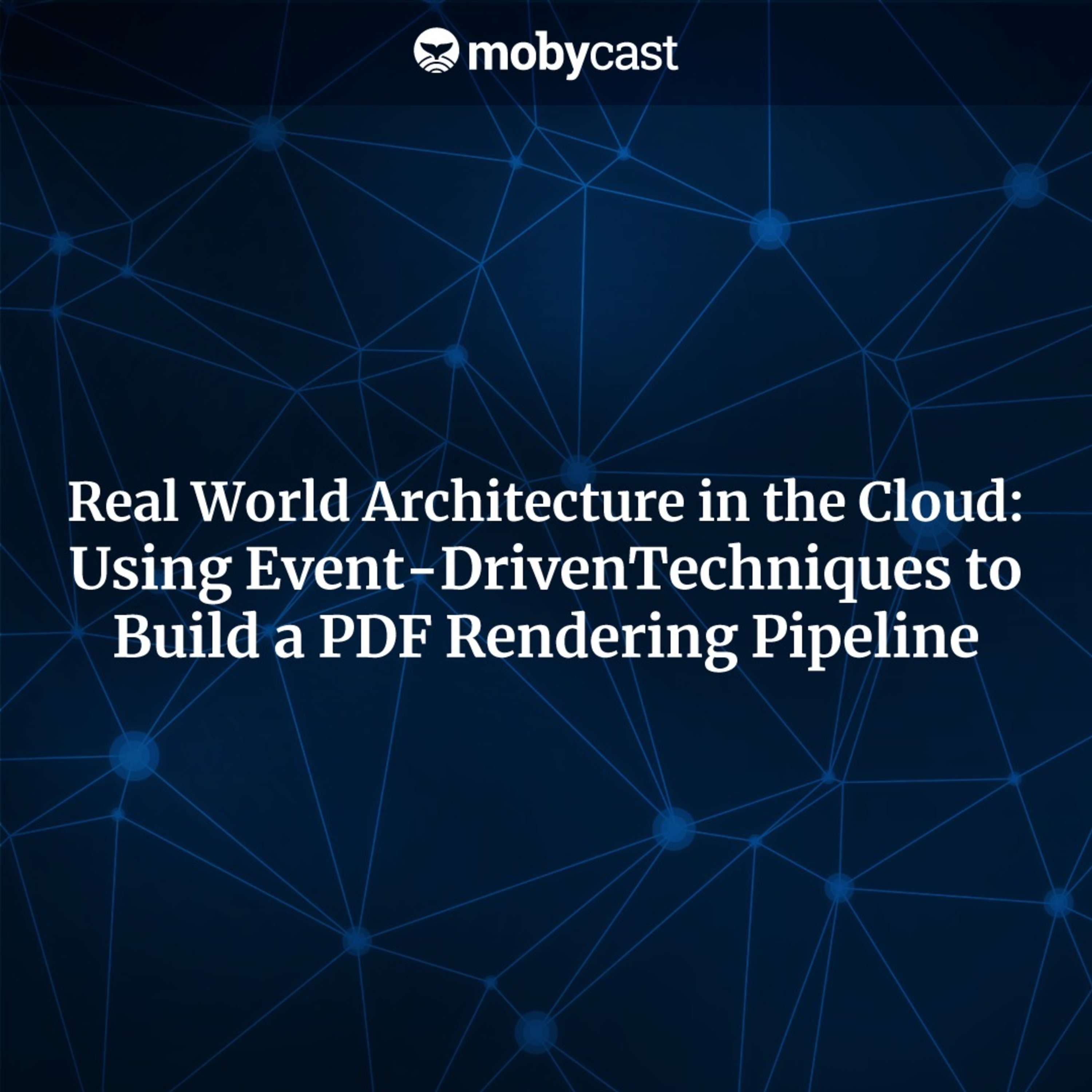
MobycastReal World Architecture in the Cloud Using Event-Driven Techniques to Build a PDF Rendering PipelineIn episode 52 of Mobycast, we discuss a real world example of using event-driven techniques to add a new feature to an existing application. Welcome to Mobycast, a weekly conversation about cloud native developments, AWS, and building distributed systems.
2019-03-2026 min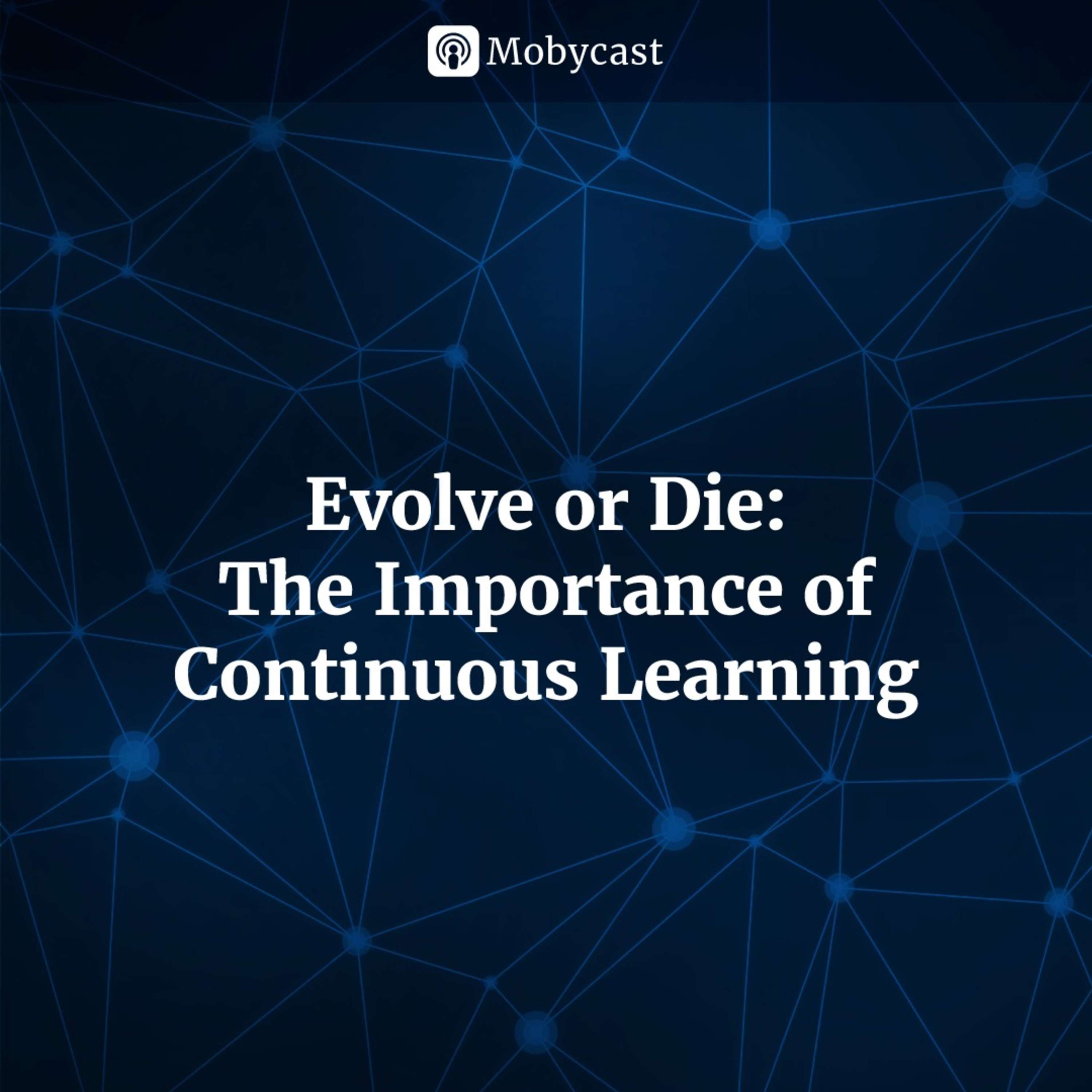
MobycastEvolve or Die - The Importance of Continuous LearningIn episode 51 of Mobycast, we talk about the importance of continuous learning for both the software developer as well as the organization in general. Welcome to Mobycast, a weekly conversation about cloud-native development, AWS, and building distributed systems.
2019-03-1325 min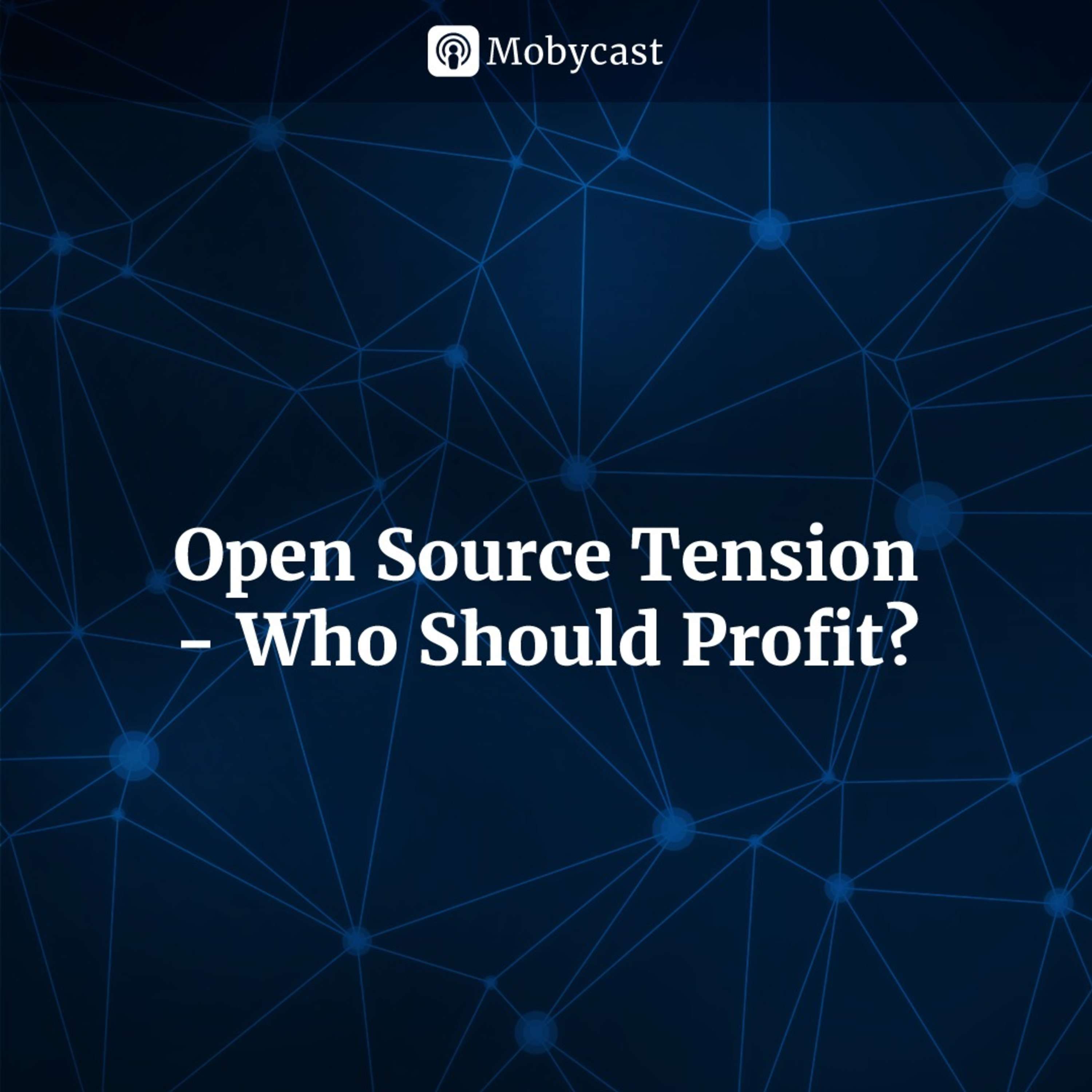
MobycastOpen Source Tension - Who Should Profit?In Episode 50 of Mobycast, we discuss the tension between creators of open-source projects and those that use the software commercially. Welcome to Mobycast, a weekly conversation about cloud-native development.
2019-03-0635 min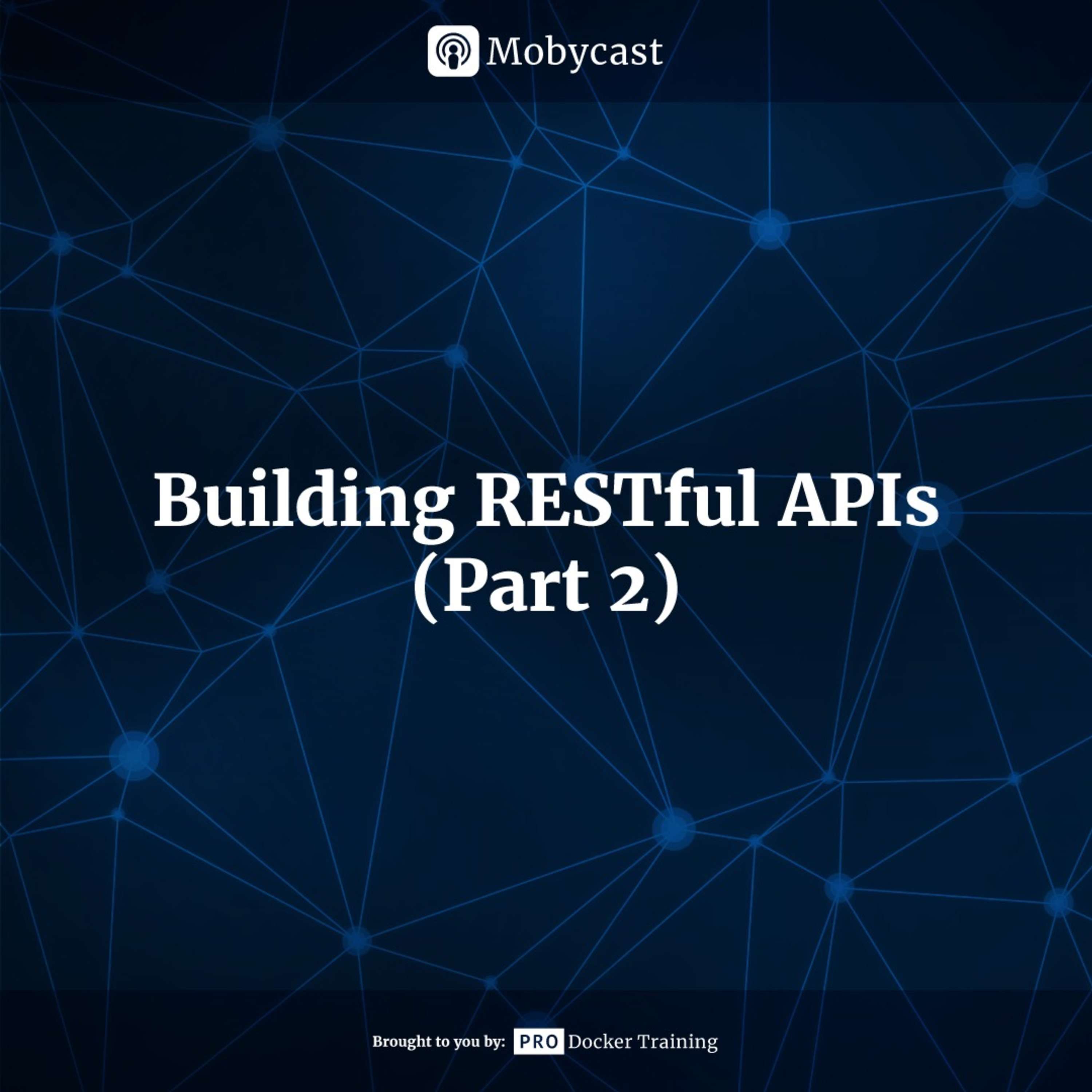
MobycastBuilding RESTful APIs (Part 2)In episode 49 of Mobycast, we continue our conversation on building RESTful APIs. In particular, we discuss authentication and error handling. Welcome to Mobycast, a weekly conversation about containerization, Docker, and modern software deployment.
2019-02-2742 min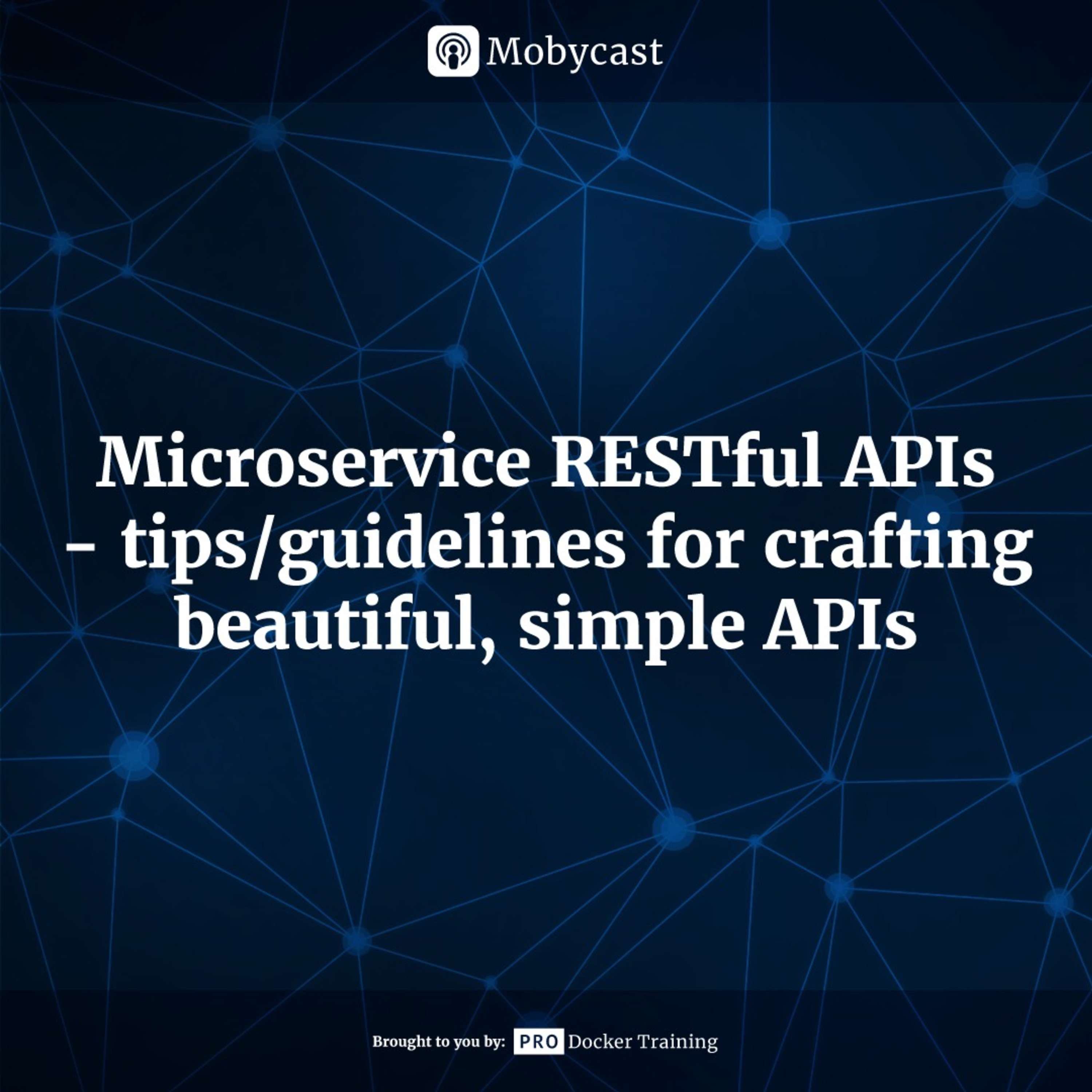
MobycastMicroservice RESTful APIs - Tips & Guidelines for Crafting Beautiful, Simple APIsIn Episode 48 of Mobycast, we discuss tips and guidelines for creating beautiful simple APIs. Welcome to Mobycast, a weekly conversation about containerization, Docker and modern software deployment.
2019-02-2019 min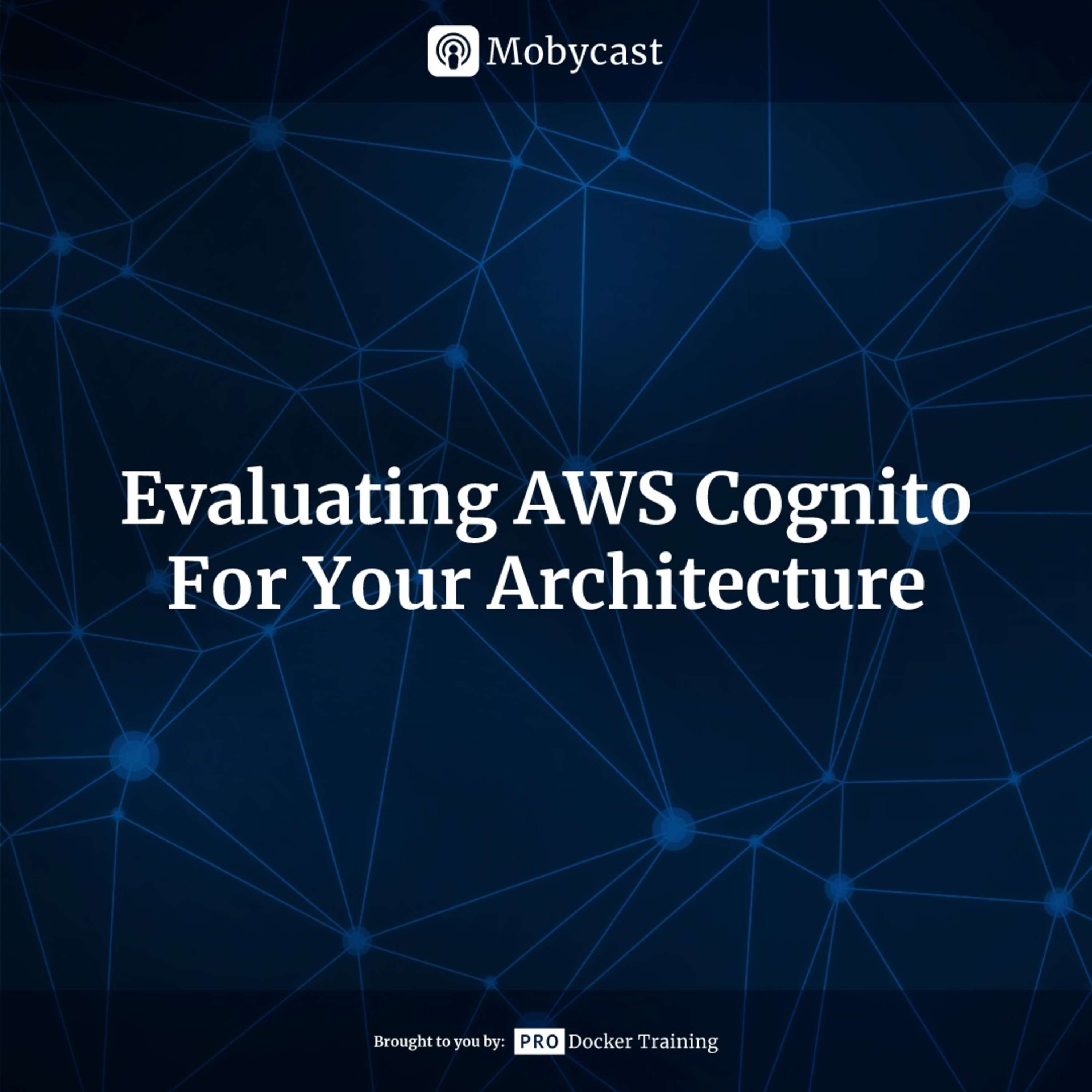
MobycastEvaluating AWS Cognito For Your ArchitectureIn episode 47 of Mobycast, we take a high level look at AWS Cognito and discuss when it's a good option for your projects. Welcome to Mobycast, a weekly conversation about containerization, Docker, and modern software deployment.
2019-02-1318 min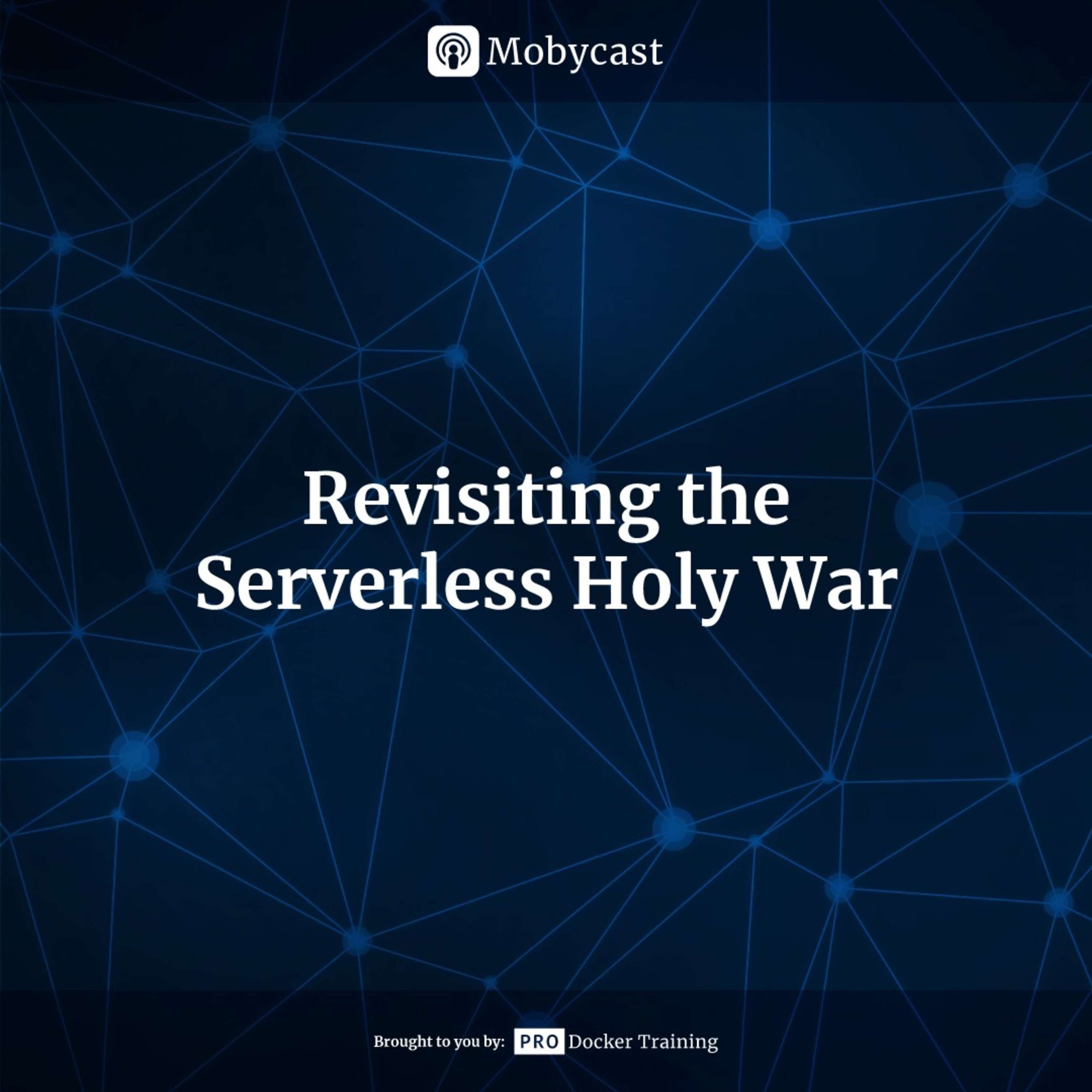
MobycastRevisiting the Serverless Holy WarIn episode 46 of Mobycast, we revisit the holy war of serverless API development, whether or not it's a good idea for real-load projects. Welcome to Mobycast, a weekly conversation about containerization, Docker, and modern software deployment.
2019-02-0625 min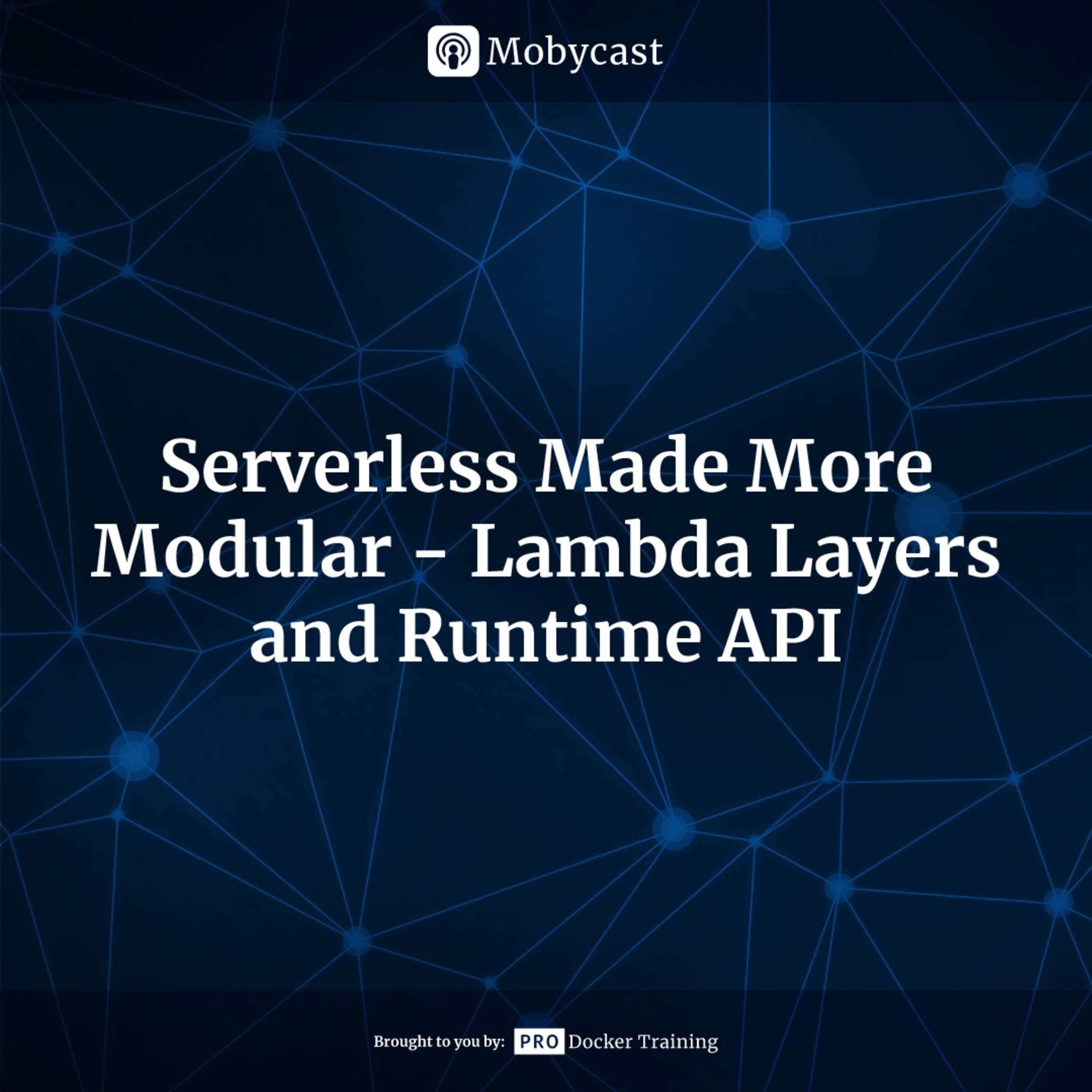
MobycastServerless Made More Modular - Lambda Layers and Runtime APIIn episode 45 of Mobycast, we discuss Lambda Layers, the Runtime API, and how to make serverless more modular. Welcome to Mobycast, a weekly conversation about containerization, Docker, and modern software deployment.
2019-01-3051 min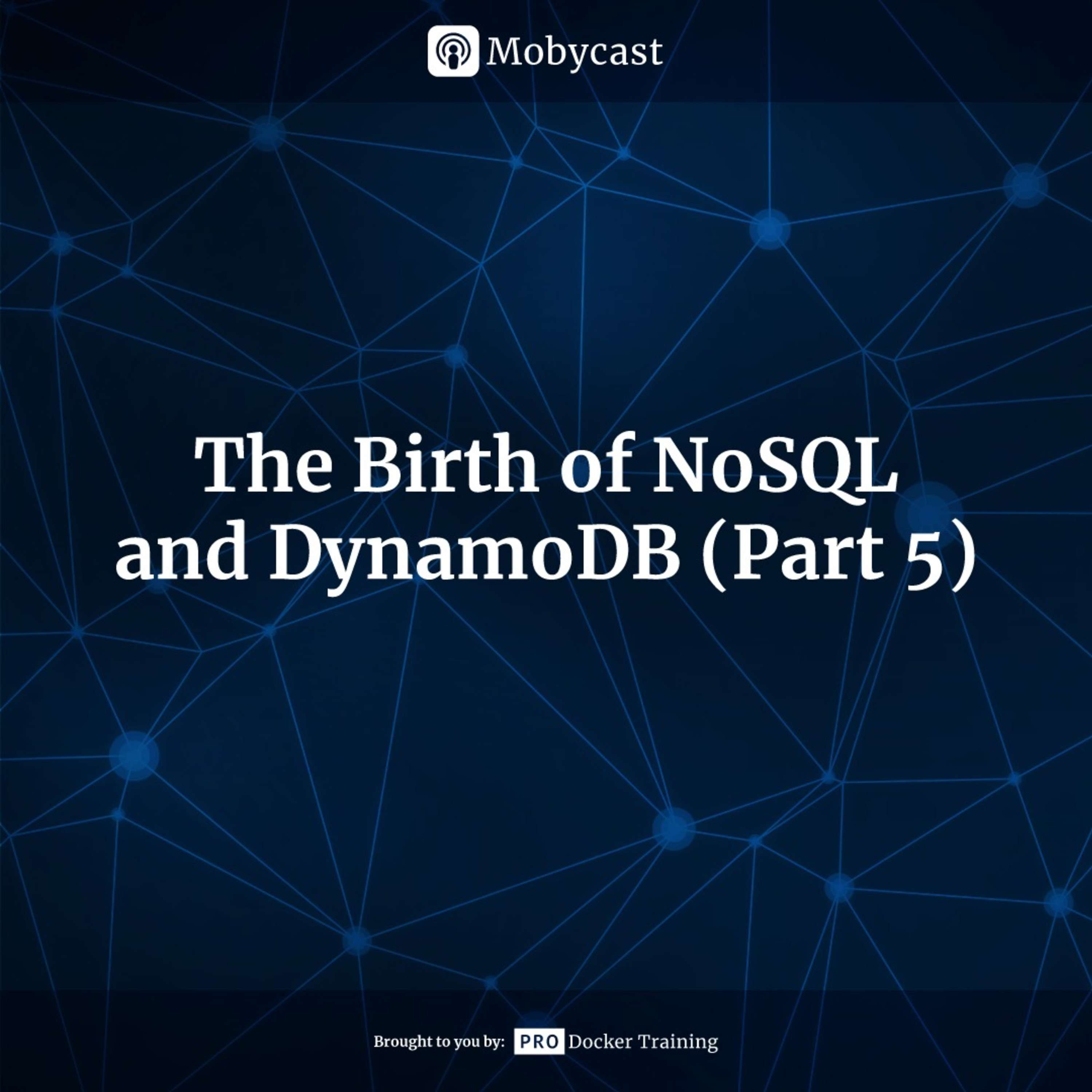
MobycastThe Birth of NoSQL and DynamoDB - Part 5In episode 43 of Mobycast, we conclude our series on the birth of NoSQL and DynamoDB. In particular, we take a deeper look at Leviathan, the NoSQL database created by Chris’ startup in the late 90s and we compare it to DynamoDB today. Welcome to Mobycast, a weekly conversation about containerization, Docker, and modern software deployment.
2019-01-2332 min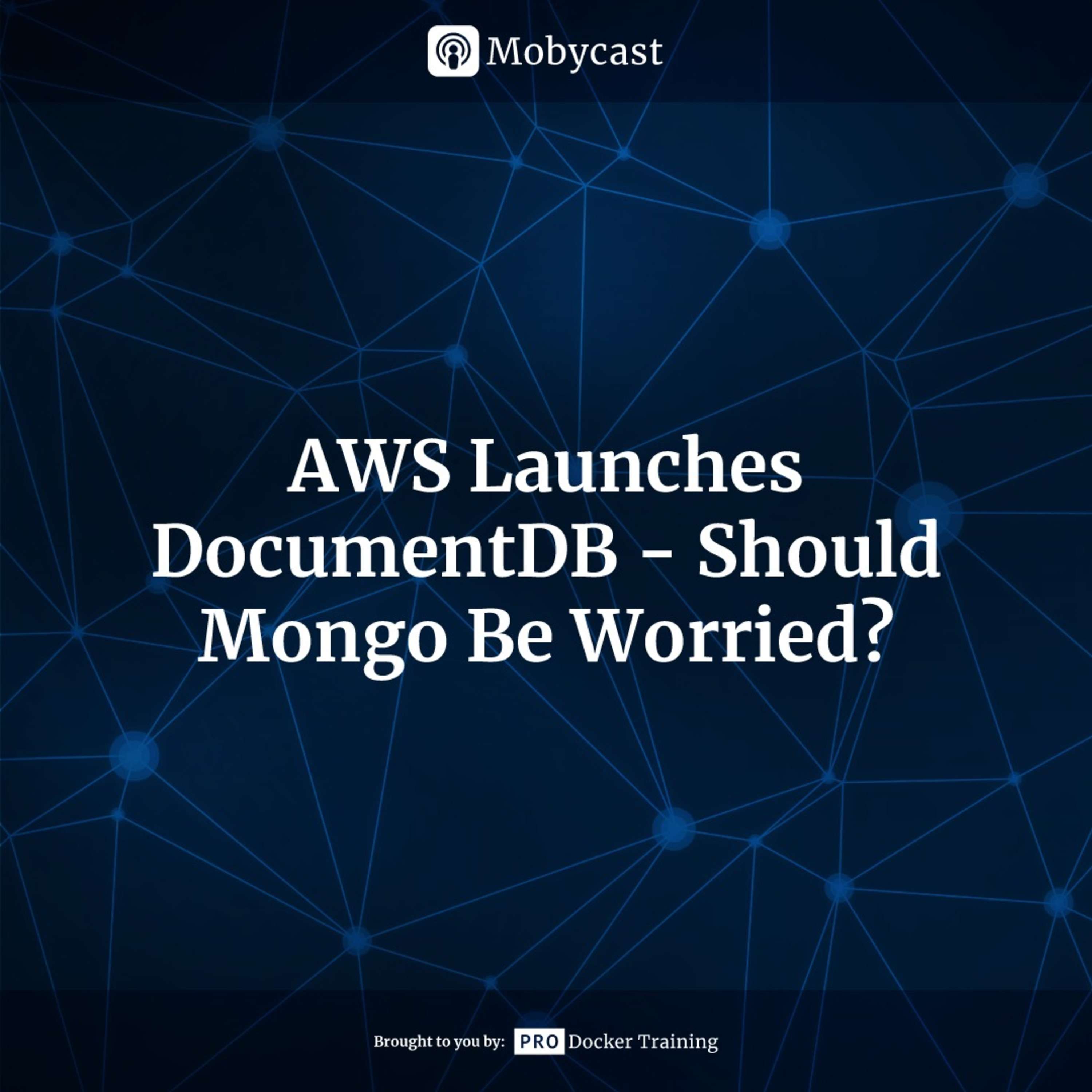
MobycastAWS Launches DocumentDB - Should Mongo Be Worried?In episode 44 of Mobycast, we discuss AWS's launch of DocumentDB, and whether or not Mongo should be worried.
2019-01-1636 min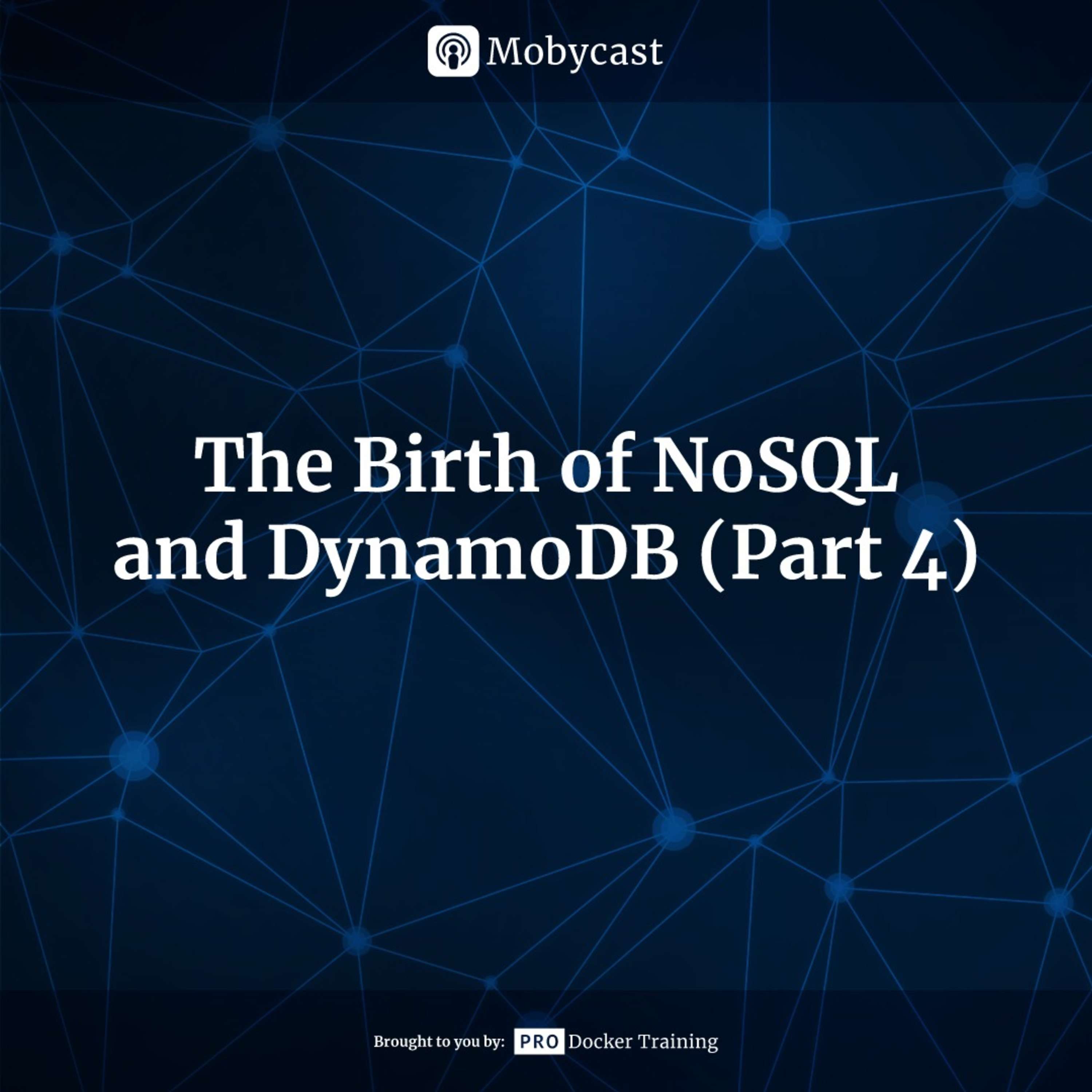
MobycastThe Birth of NoSQL and Dynamo DB - Part 4In episode 42 of Mobycast, we continue our conversation on DynamoDB, this time diving deep into its architecture and components. Welcome to Mobycast, a weekly conversation about containerization, Docker, and modern software deployment.
2019-01-0931 min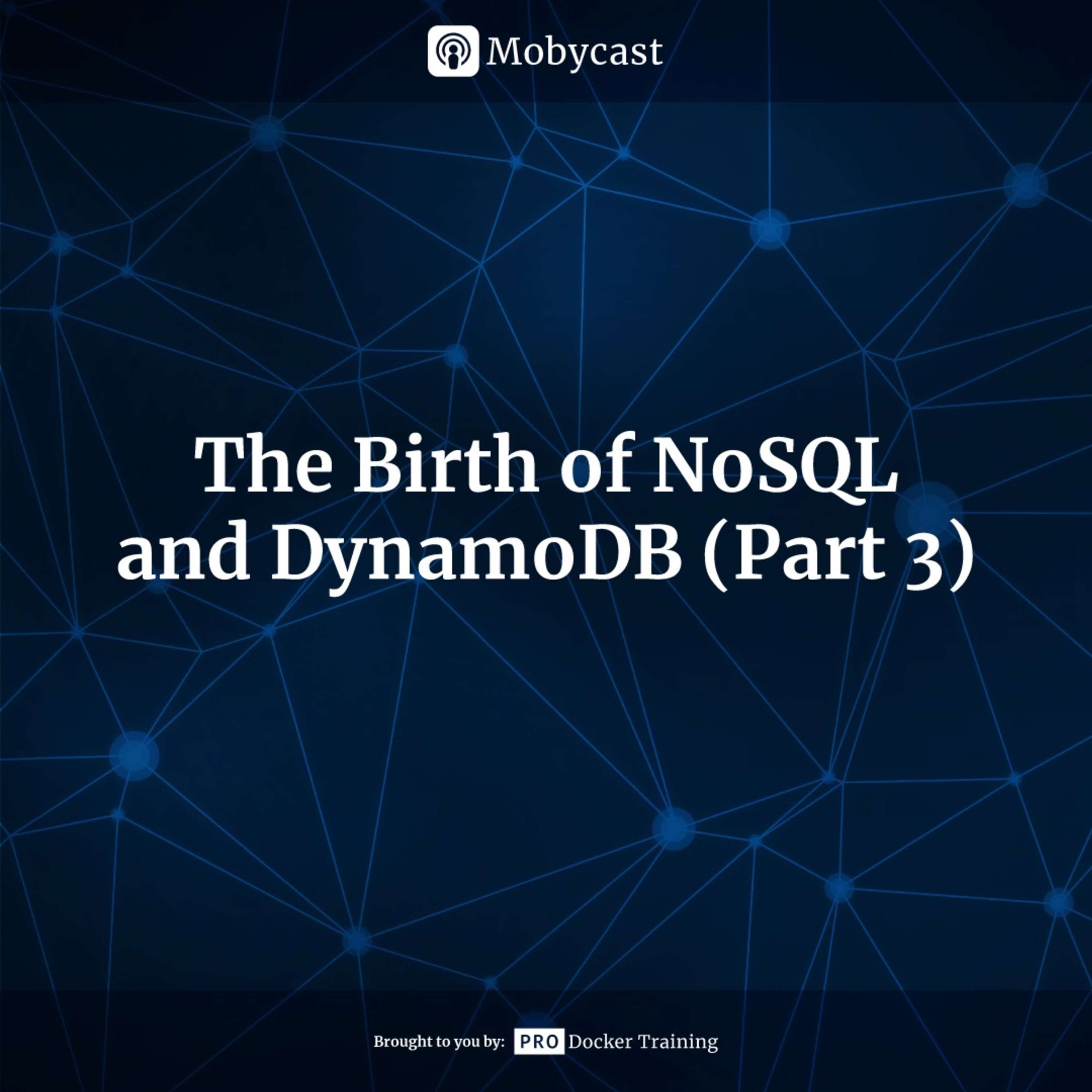
MobycastThe Birth of NoSQL and DynamoDB - Part 3In episode 41 of Mobycast, we continue our conversation on the birth of NoSQL and DynamoDB. In particular, we pull back the covers on DynamoDB, examine its architecture and discuss why it’s such a popular solution for internet-scale databases.
2019-01-0220 min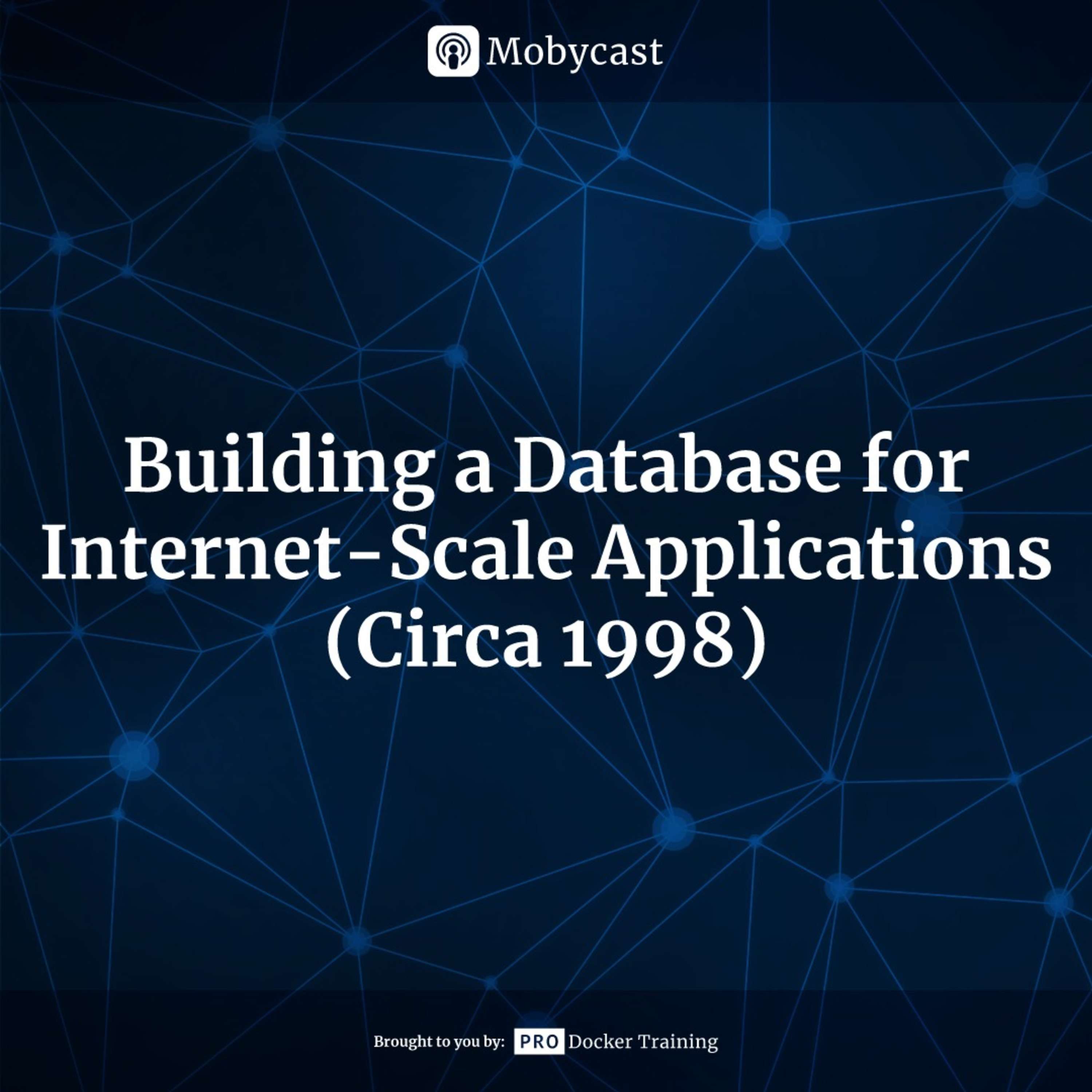
MobycastThe Birth of NoSQL and DynamoDB - Part 2In episode 40 of Mobycast, we learn about Chris's first venture-backed startup circa 1998 and their goal to build a database for internet scale applications. Welcome to Mobycast, a weekly conversation about containerization, Docker, and modern software deployment.
2018-12-2626 min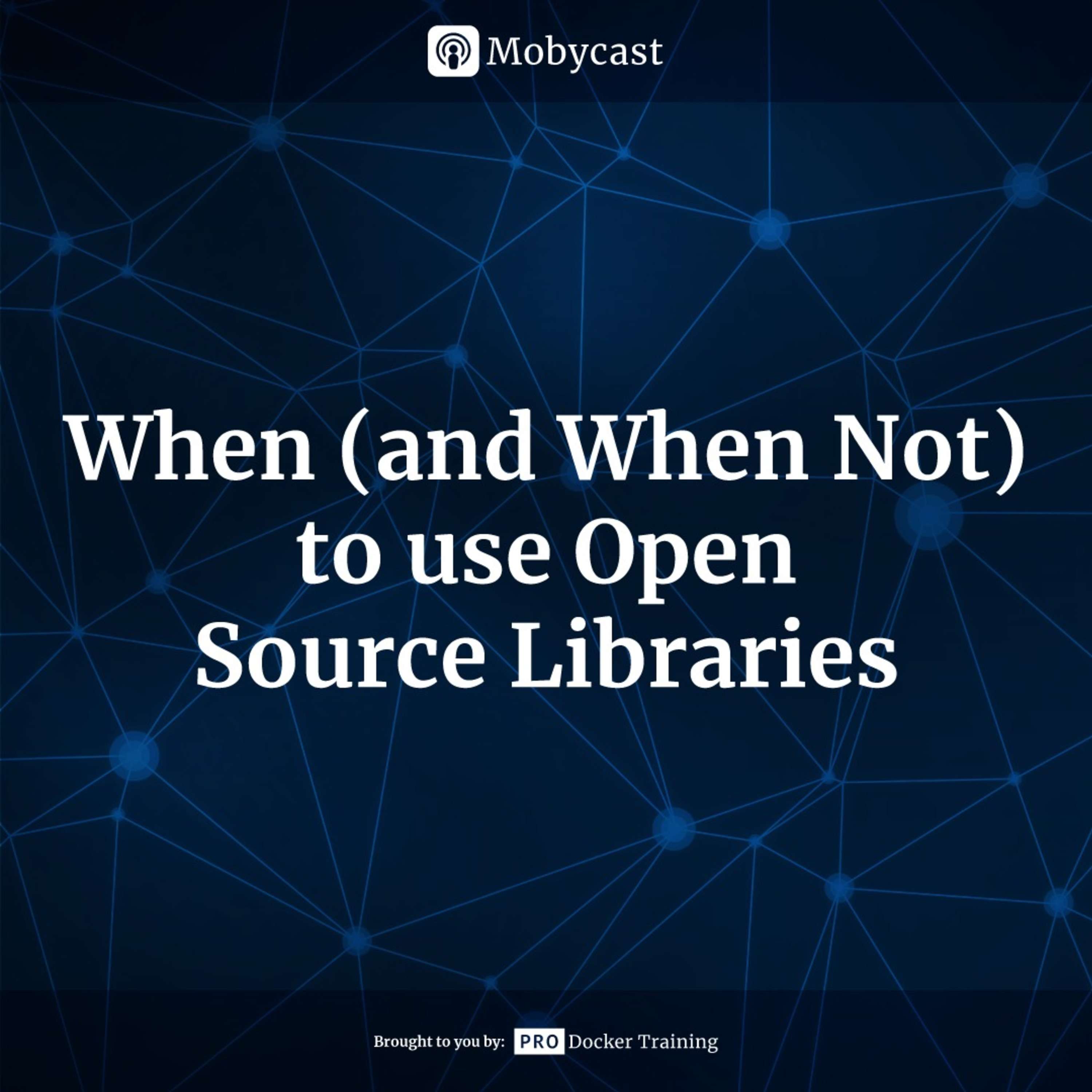
MobycastWhen (and When Not) to use Open Source LibrariesIn episode 38 of Mobycast, we discuss when and when not to use open source libraries in your projects. Welcome to Mobycast, a weekly conversation about containerization, Docker and modern software deployment.
2018-12-1230 min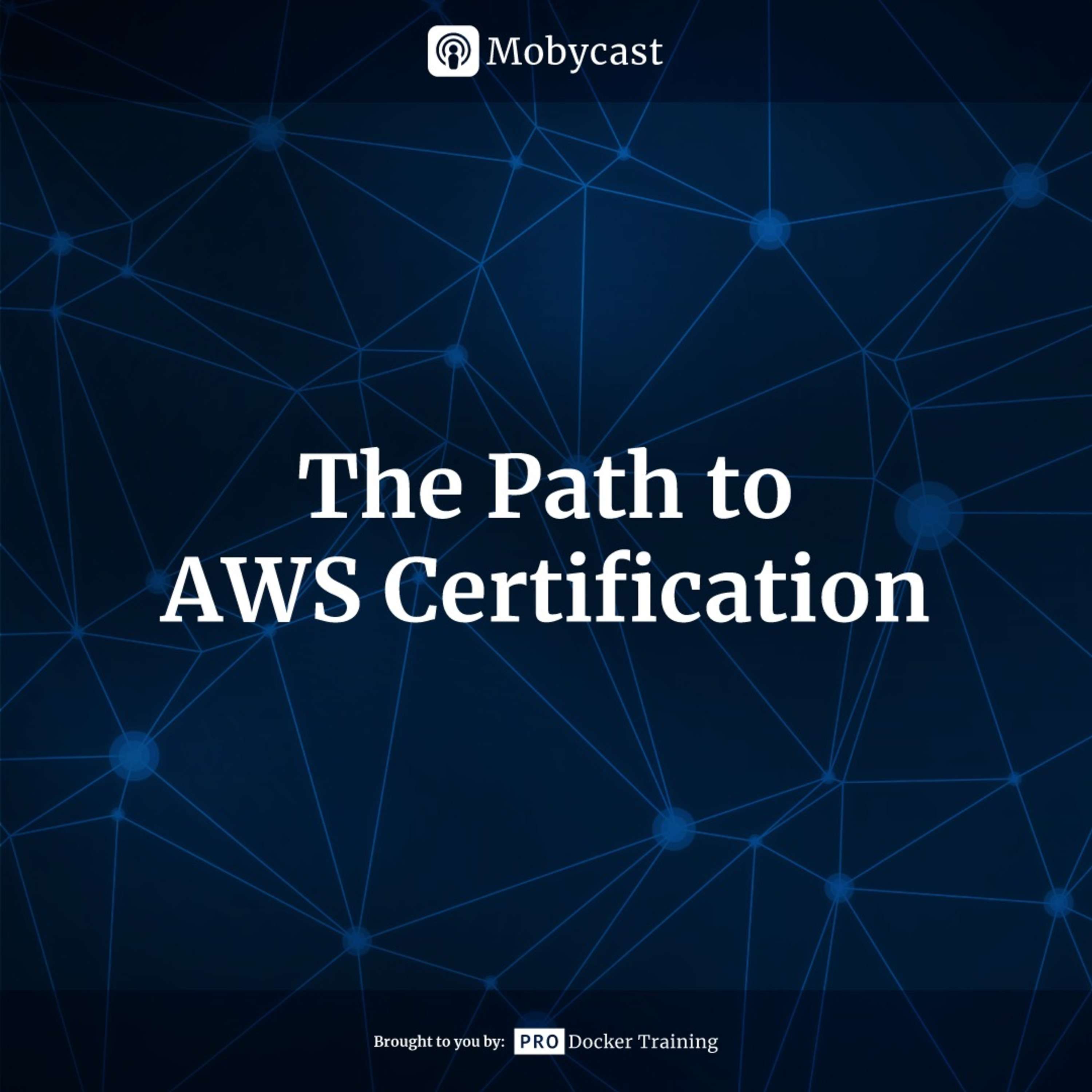
MobycastThe Path to AWS CertificationIn episode 37 of Mobycast, we discuss the process of becoming AWS certified. Including a few tips on how to prepare and pass the exam. Welcome to Mobycast, a weekly conversation about containerization, Docker and modern software deployment.
2018-12-0531 min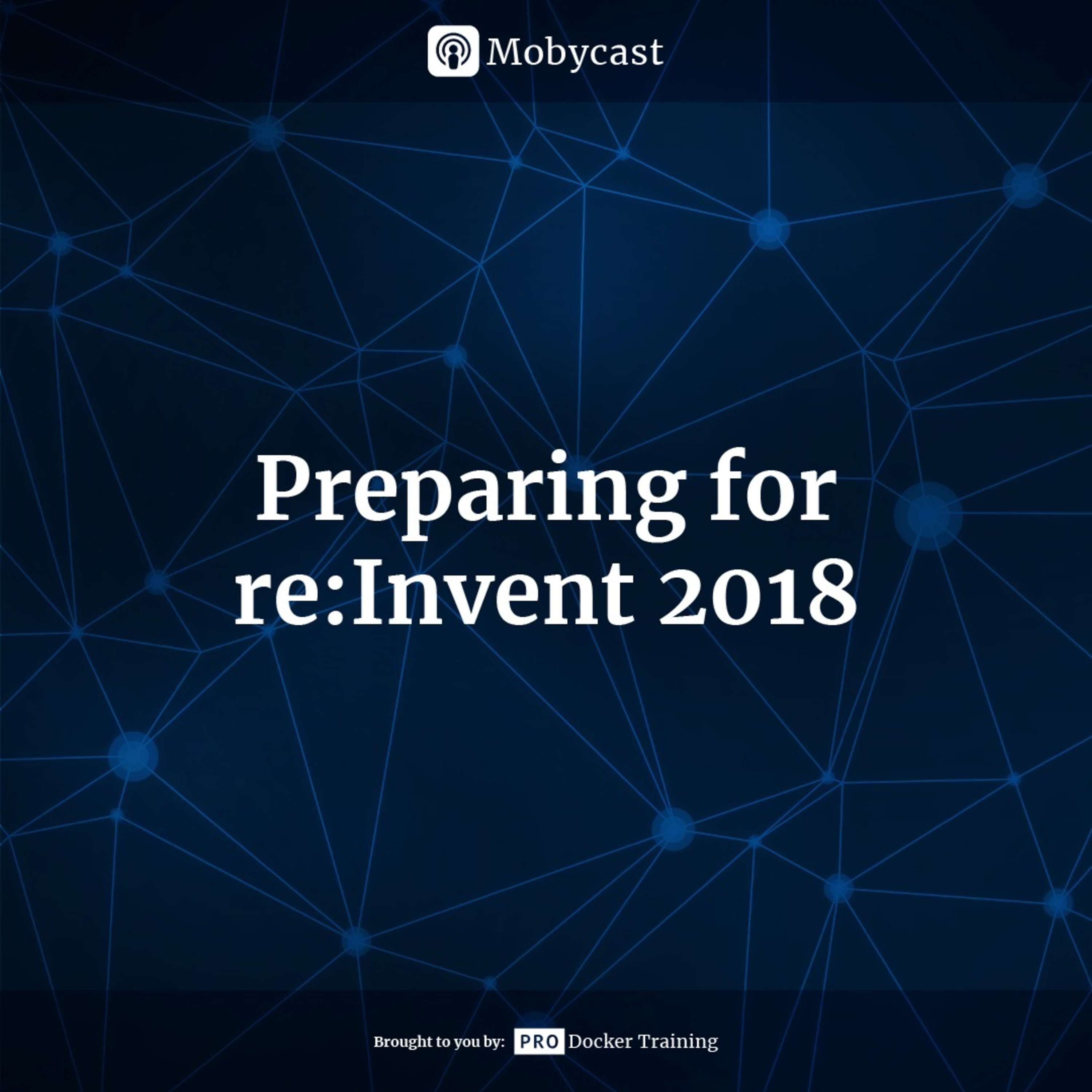
MobycastPreparing for Re:Invent 2018In episode 36 of Mobycast, we look ahead to re:Invent 2018, discuss what to expect as well as offer a few practical tips to get the most value. Welcome to Mobycast, a weekly conversation about containerization, Docker and modern software deployment.
2018-11-1443 min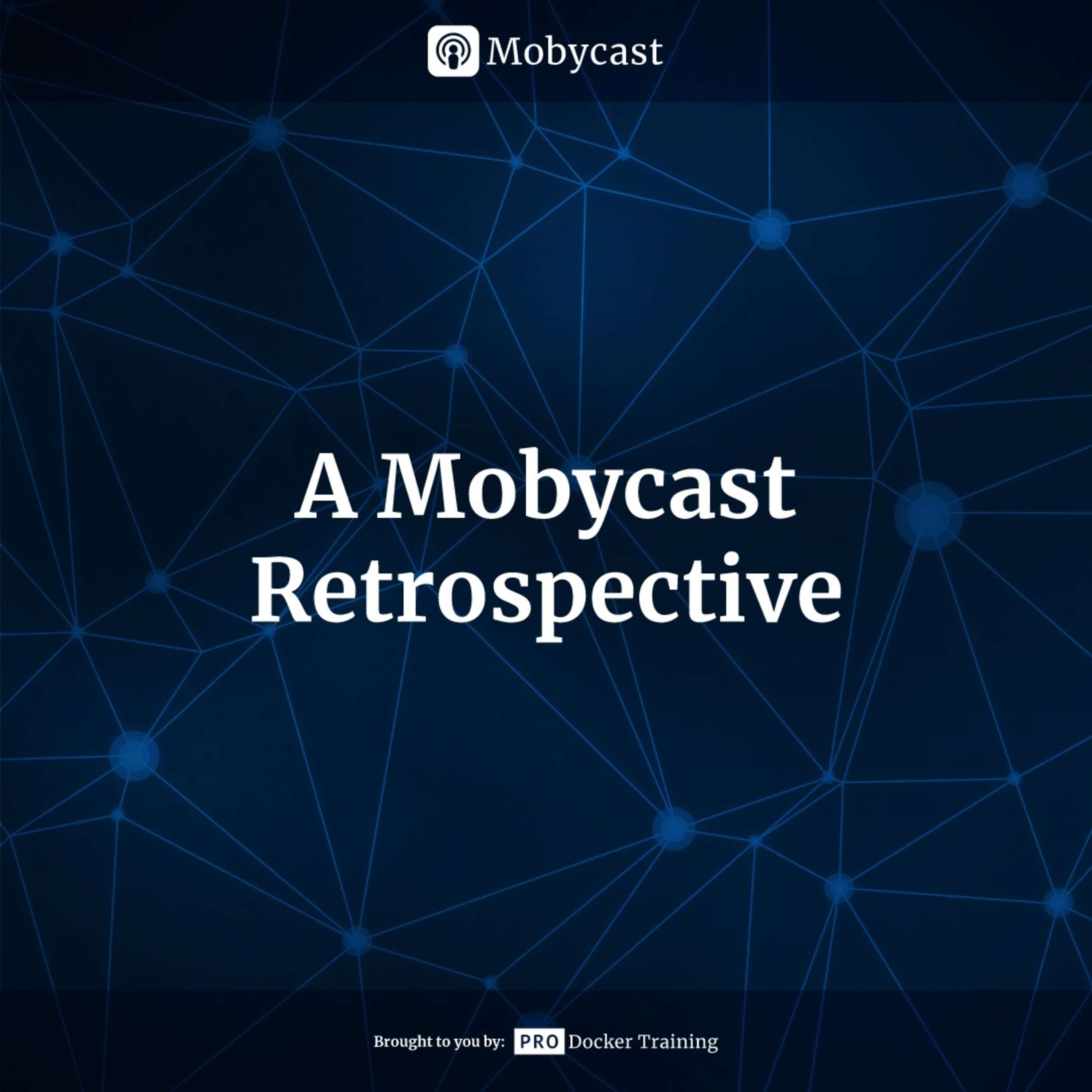
MobycastA Mobycast RetrospectiveIn episode 35 of Mobycast, we’ll talk about the original goals for this podcast and where we plan to take it in the future. Welcome of Mobycast, a weekly conversation about containerization, Docker, and modern software deployment. Let’s jump right in.
2018-11-0721 min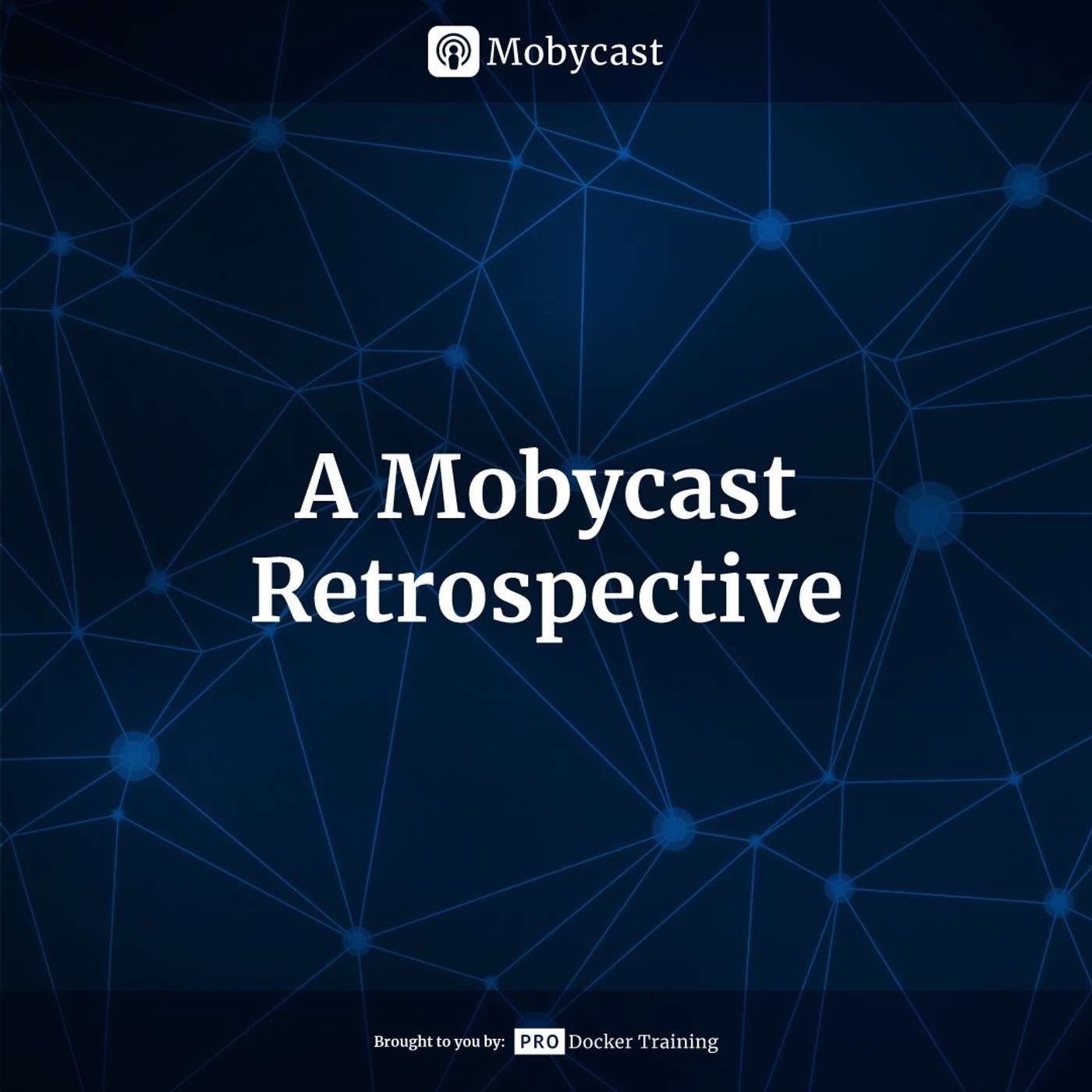
MobycastA Mobycast RetrospectiveIn episode 35 of Mobycast, we’ll talk about the original goals for this podcast and where we plan to take it in the future. Welcome of Mobycast, a weekly conversation about containerization, Docker, and modern software deployment. Let’s jump right in.
2018-11-0721 min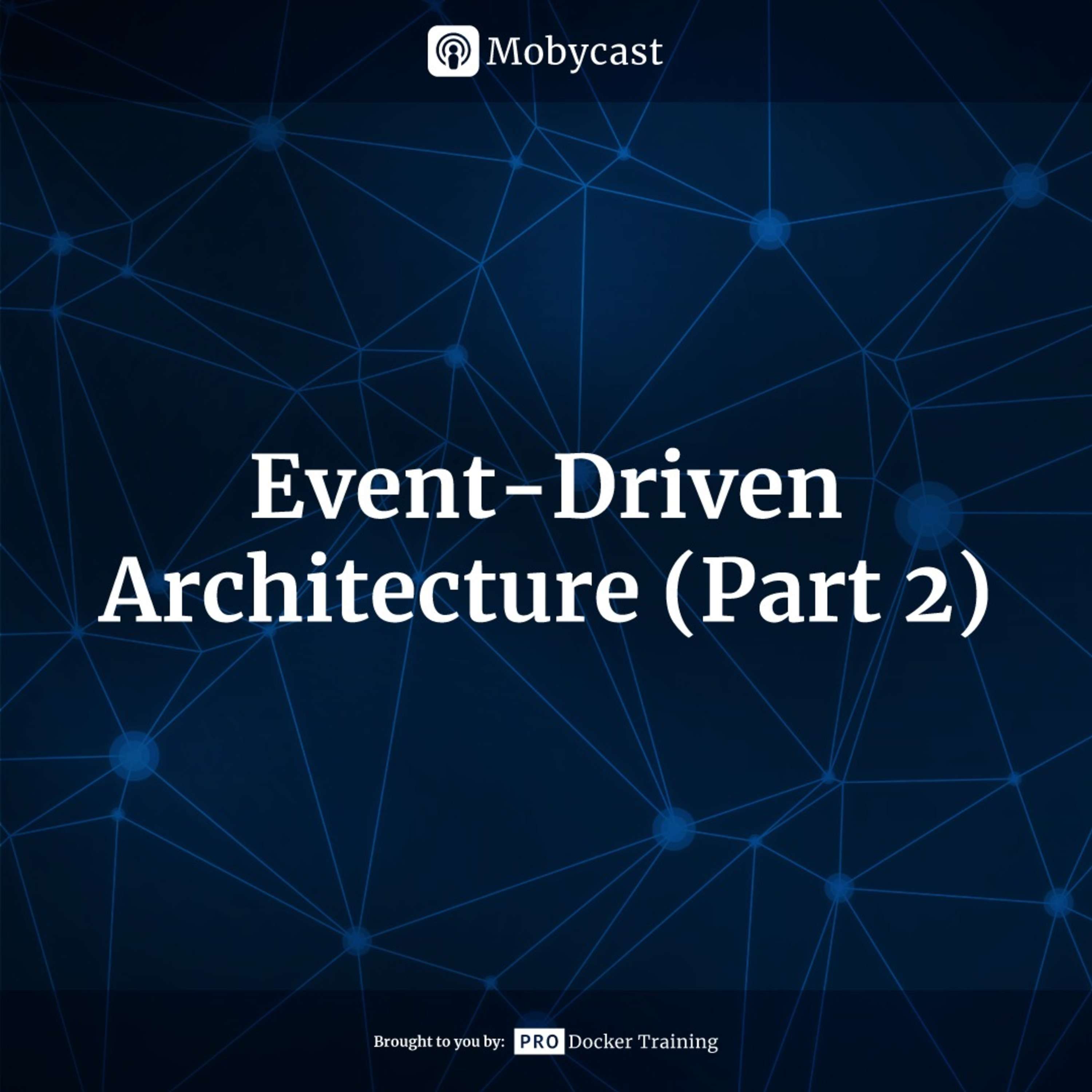
MobycastEvent-Driven Architecture (Part 2)In episode 34 of Mobycast, we dive into part 2 of our micro-series on Event-Driven Architecture. In particular, we discuss a few practical examples used at Kelsus. Welcome to Mobycast, a weekly conversation about containerization, Docker, and modern software deployment.
2018-10-3119 min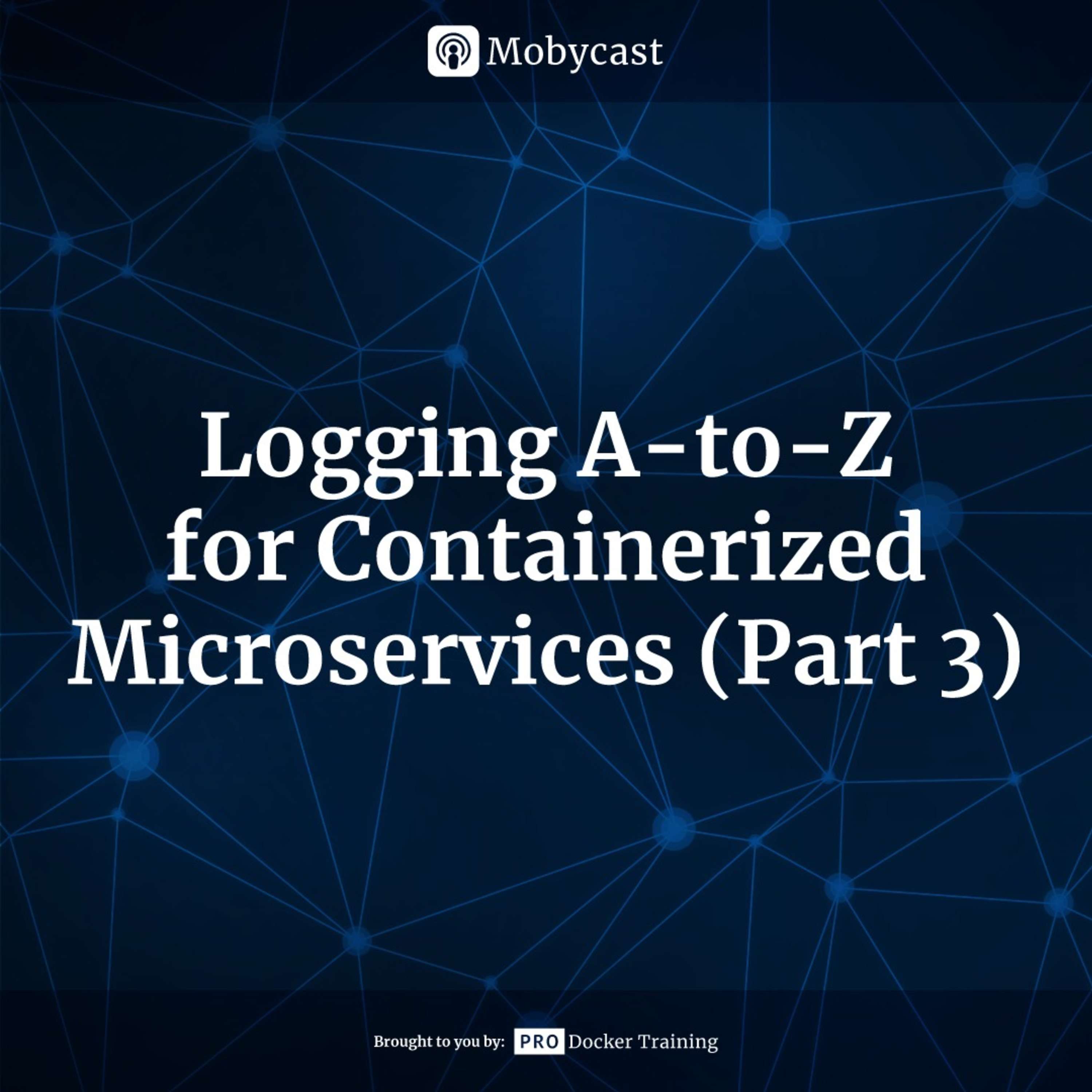
MobycastLogging A-to-Z for Containerized Microservices (Part 3)In Episode 32 of Mobycast, we finished our series on application logging. In particular, we discuss how Kelsus leverages Sumo Logic to manage the logs of their projects. Welcome to Mobycast, a weekly conversation about containerization, Docker and modern software deployment.
2018-10-1724 min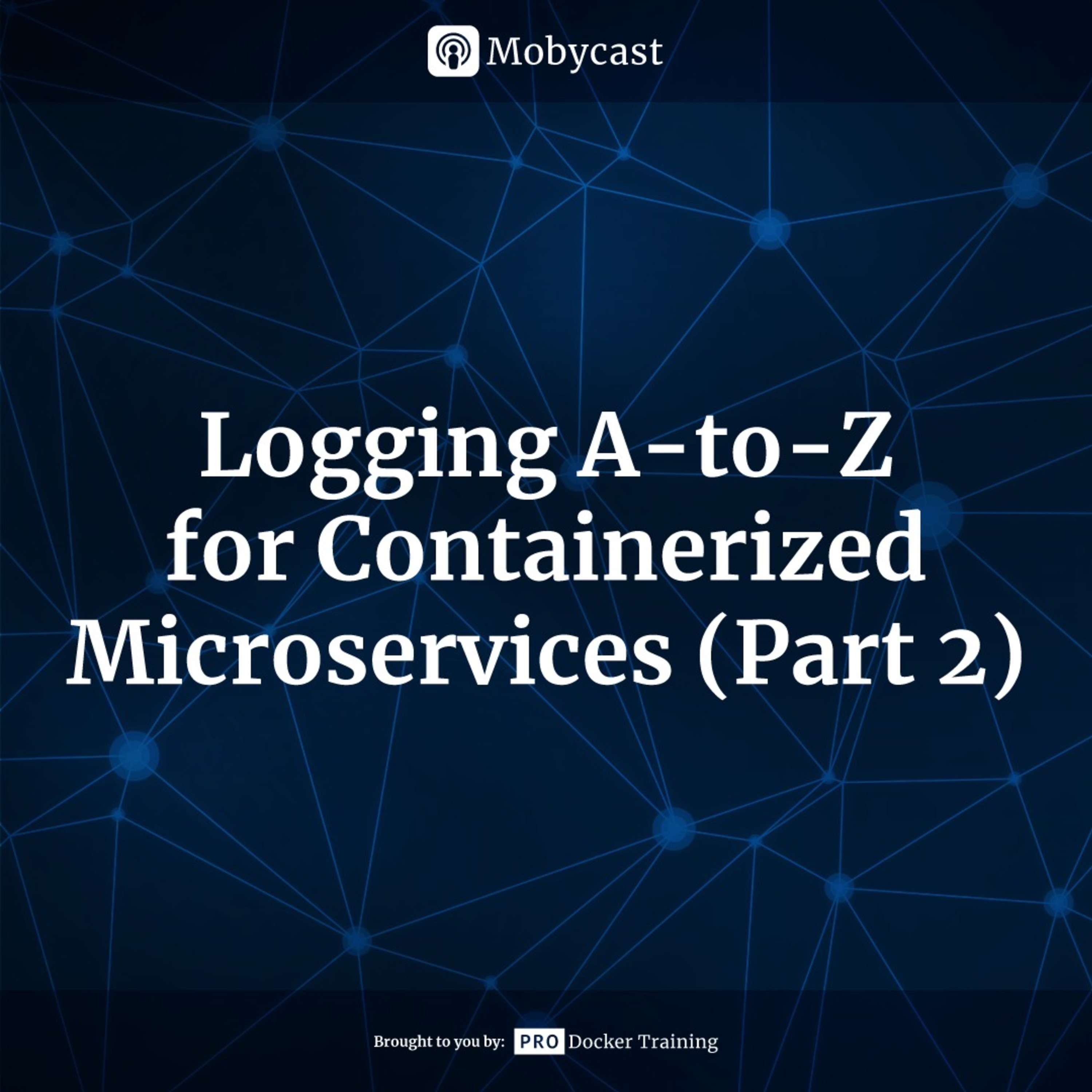
MobycastLogging A-to-Z for Containerized Microservices (Part 2)In Episode 31 of Mobycast, we dive into Part 2 of our series on application logging. In particular, we discuss best practices as well as how to forward logs from your containers to other services. Welcome to Mobycast, a weekly conversation about containerization, Docker and modern software deployment.
2018-10-1025 min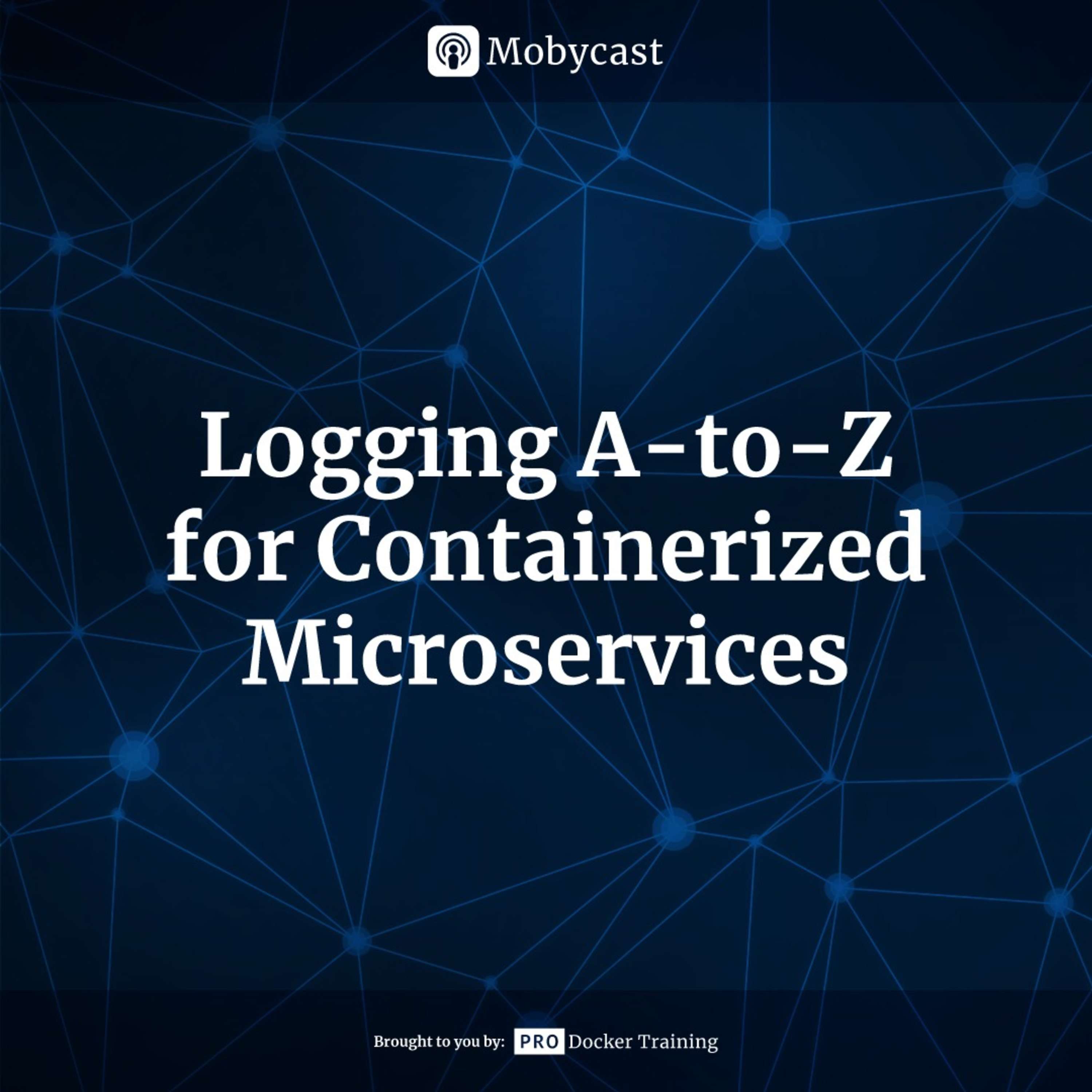
MobycastLogging A-to-Z for Containerized MicroservicesIn episode 30 of Mobycast, Jon and Chris talk about how Kelsus handles application-level logging for the microservices running on ECS. Welcome to Mobycast, a weekly conversation about containerization, Docker, and modern software deployment.
2018-10-0325 min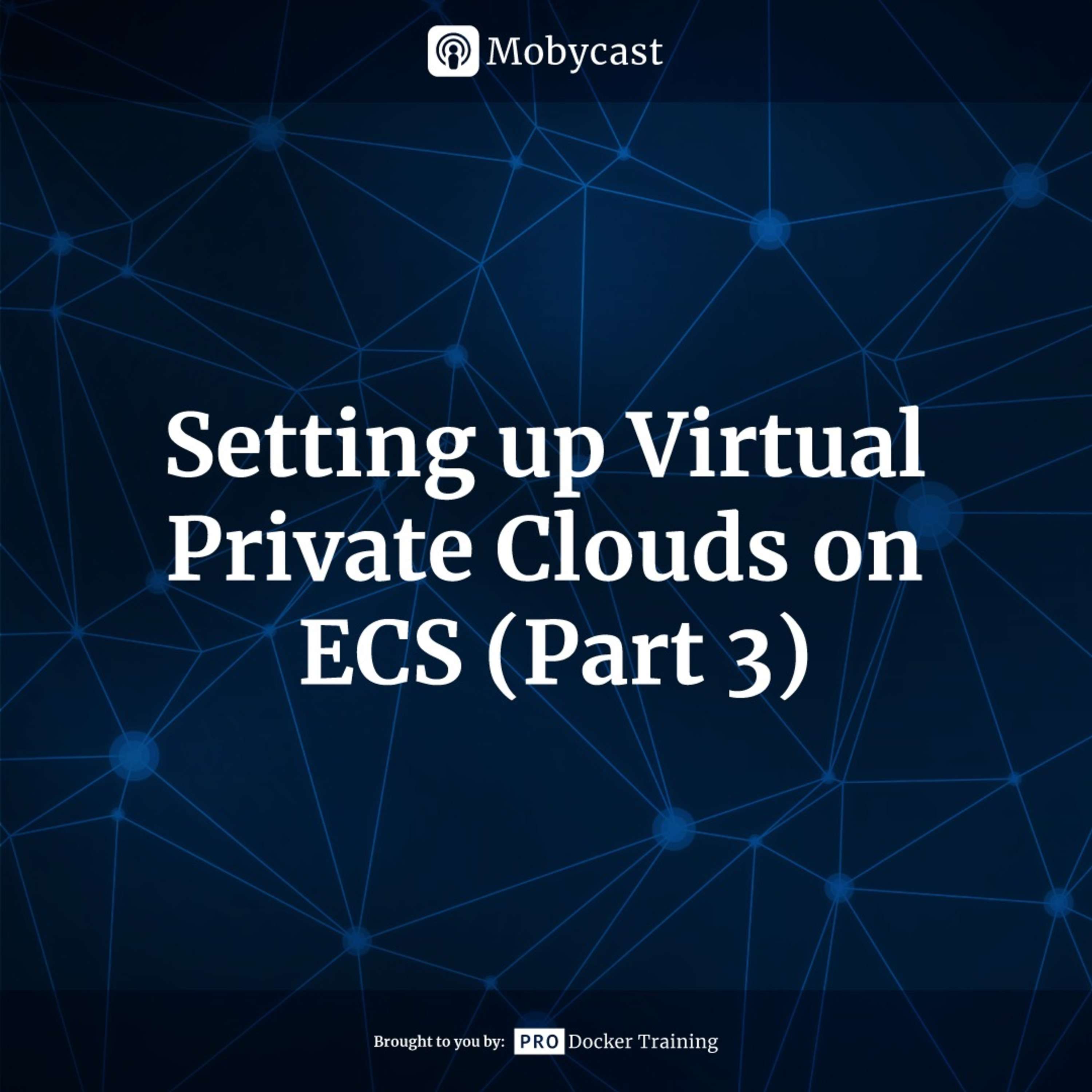
MobycastVPC on AWS (Part 3)In episode 29 of Mobycast, we conclude our series on how to setup your VPC to run ECS workloads. Welcome of Mobycast, a weekly conversation about containerization, Docker, and modern software deployment.
2018-09-2621 min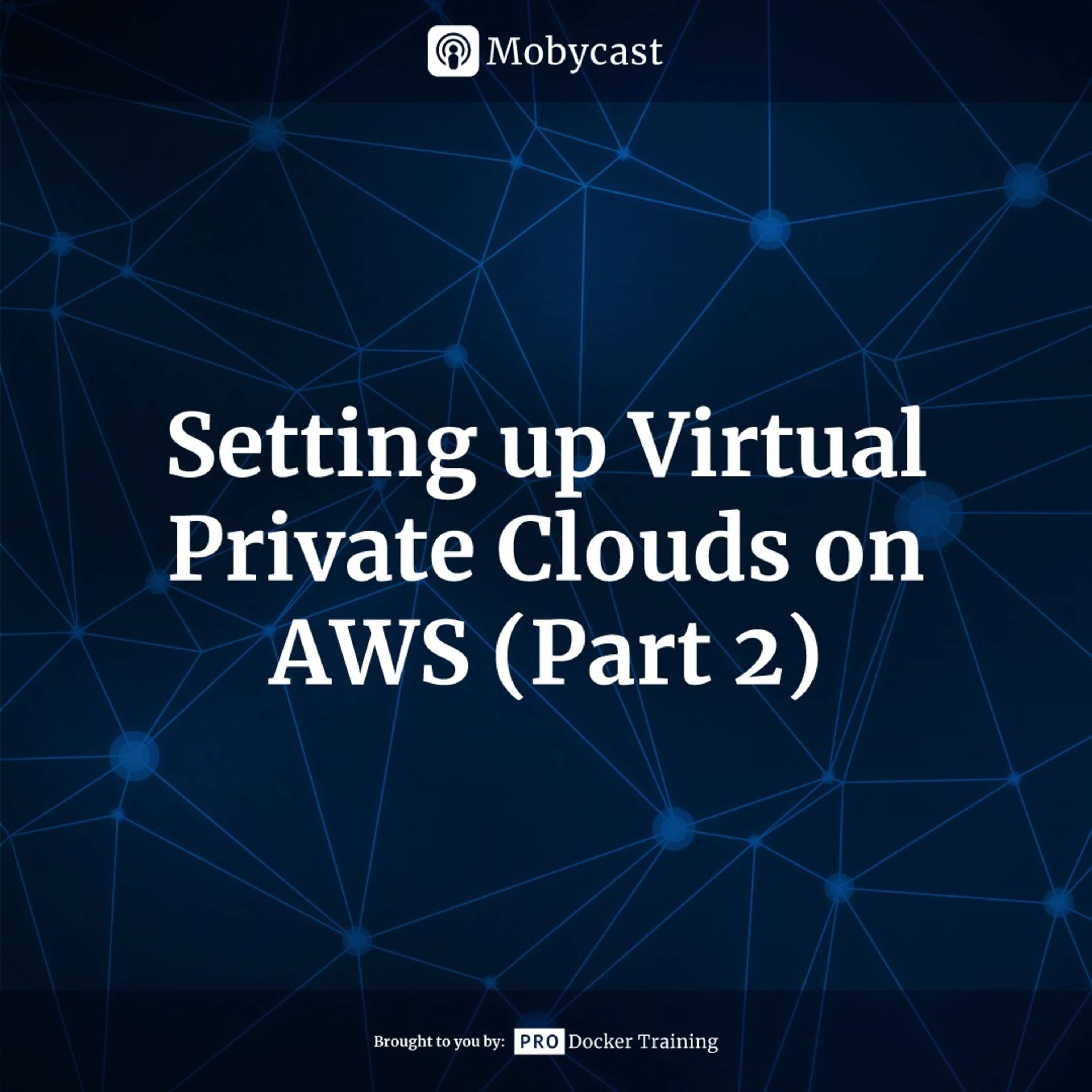
MobycastSetting up Virtual Private Clouds on AWS (Part 2)In Episode 28 of Mobycast, we continue our conversation on VPC setup on AWS. In particular, we discuss availability and security considerations. Welcome to Mobycast, a weekly conversation about containerization, Docker and modern software deployment.
2018-09-1923 min
MobycastSetting up Virtual Private Clouds on AWS (Part 1)In Episode 27 of Mobycast, we start a new micro-series discussing the setup of virtual private clouds on AWS. Welcome to Mobycast, a weekly conversation about containerization, Docker and modern software deployment.
2018-09-1225 min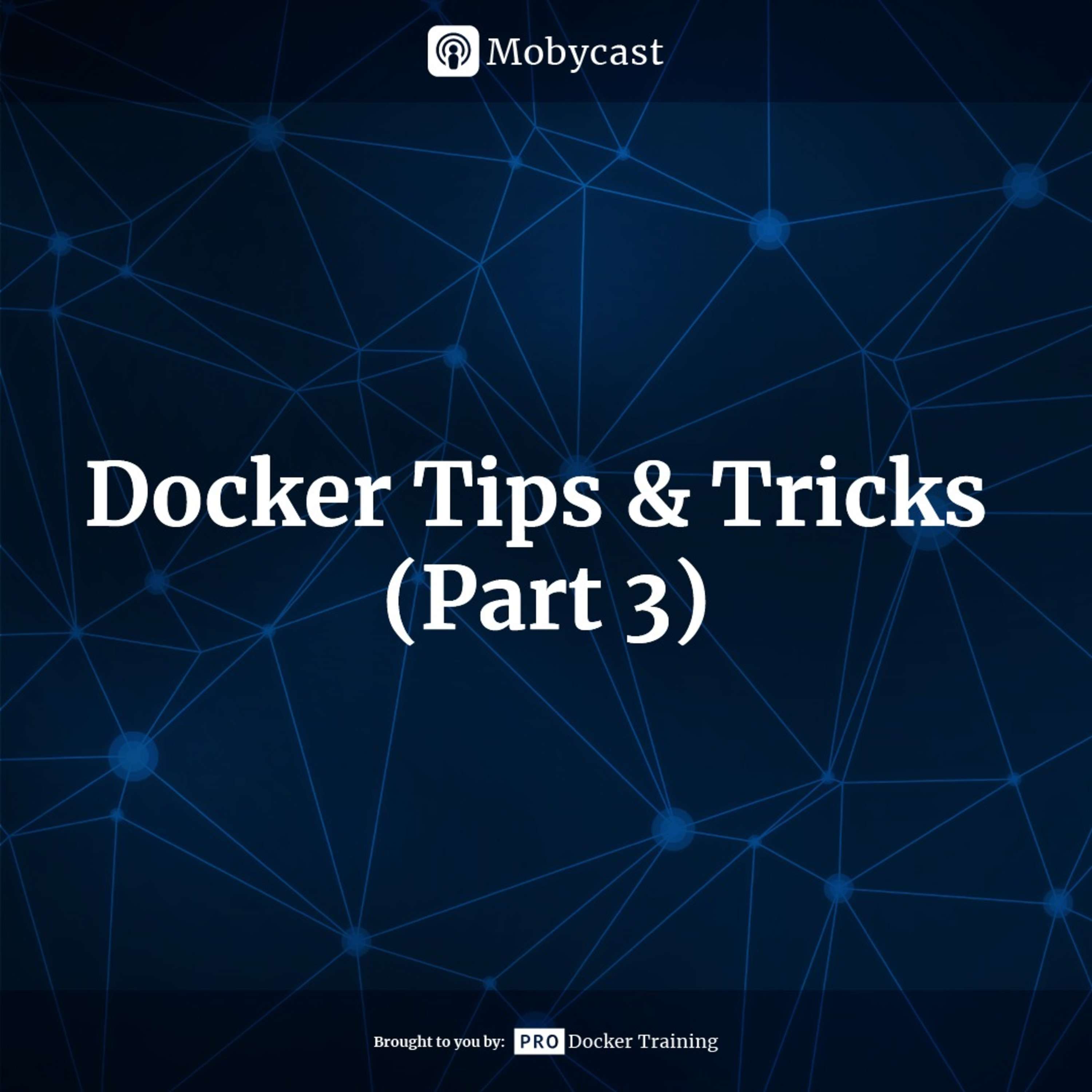
MobycastDocker Tips & Tricks (Part 3)In episode 26 of Mobycast, we conclude our micro series on Docker tips and tricks. In particular, we discuss security and pruning. Welcome to Mobycast, a weekly conversation about containerization, Docker, and modern software deployment.
2018-09-0519 min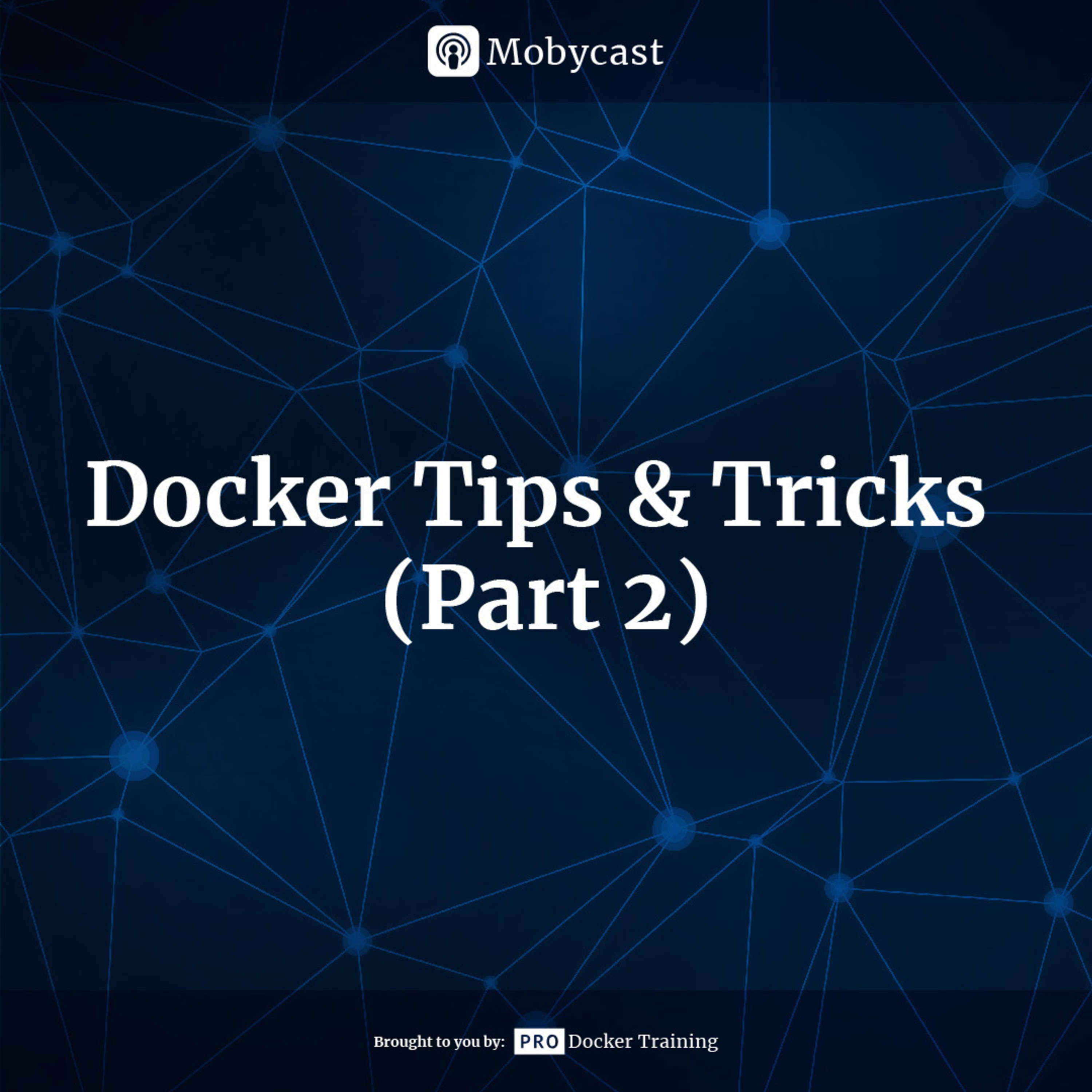
MobycastDocker Tips & Tricks (Part 2)In Episode 25 of Mobycast, we continue our micro-series on Docker Tips and Tricks. In particular, we discuss how to start up containers dependably and shut them down gracefully. Welcome to Mobycast, a weekly conversation about containerization, Docker and modern software deployment.
2018-08-2921 min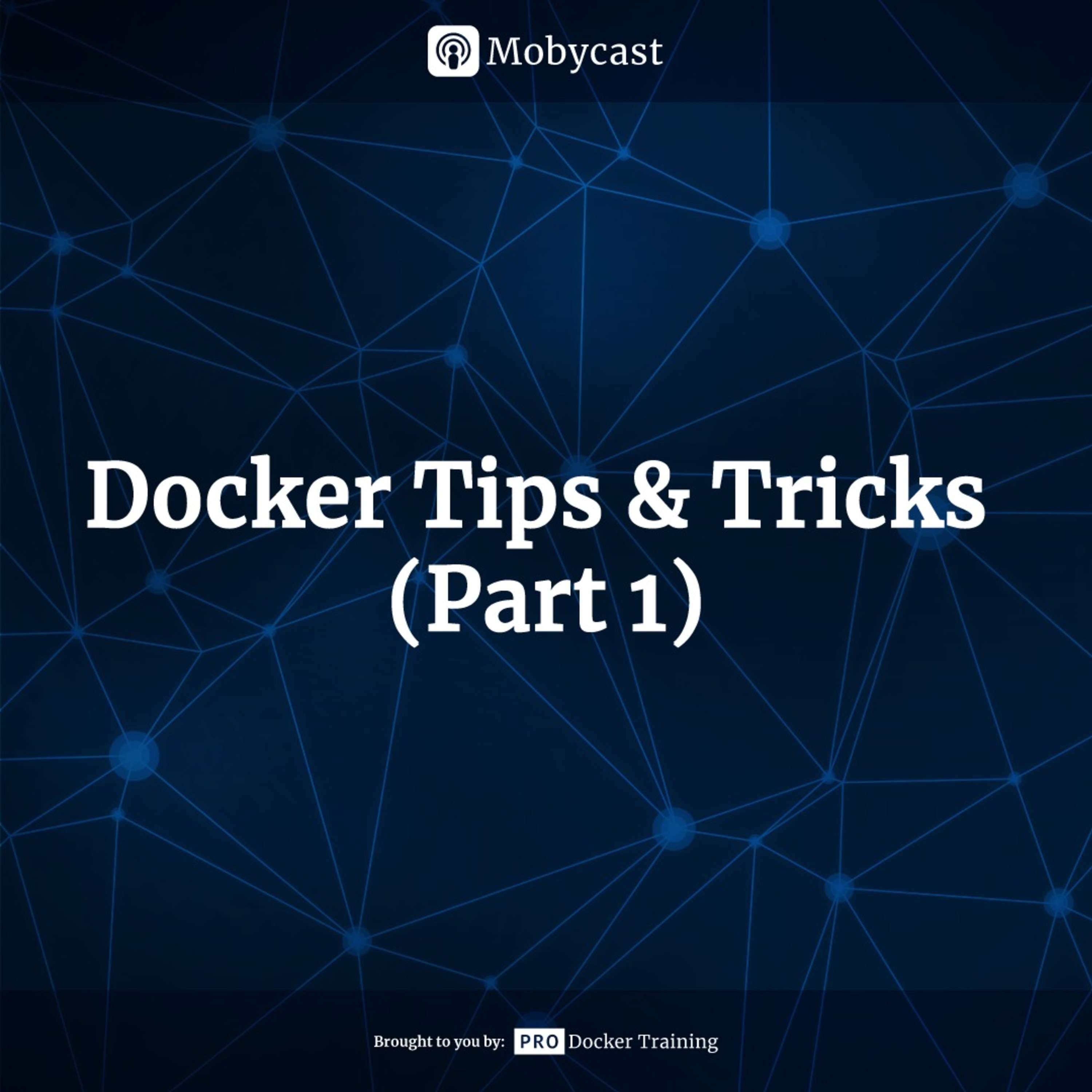
MobycastDocker Tips & Tricks (Part 1)In episode 24 of Mobycast, we dive into a new micro series on Docker tips and tricks. Welcome to Mobycast, a weekly conversation about containerization, Docker, and modern software deployment.
2018-08-2217 min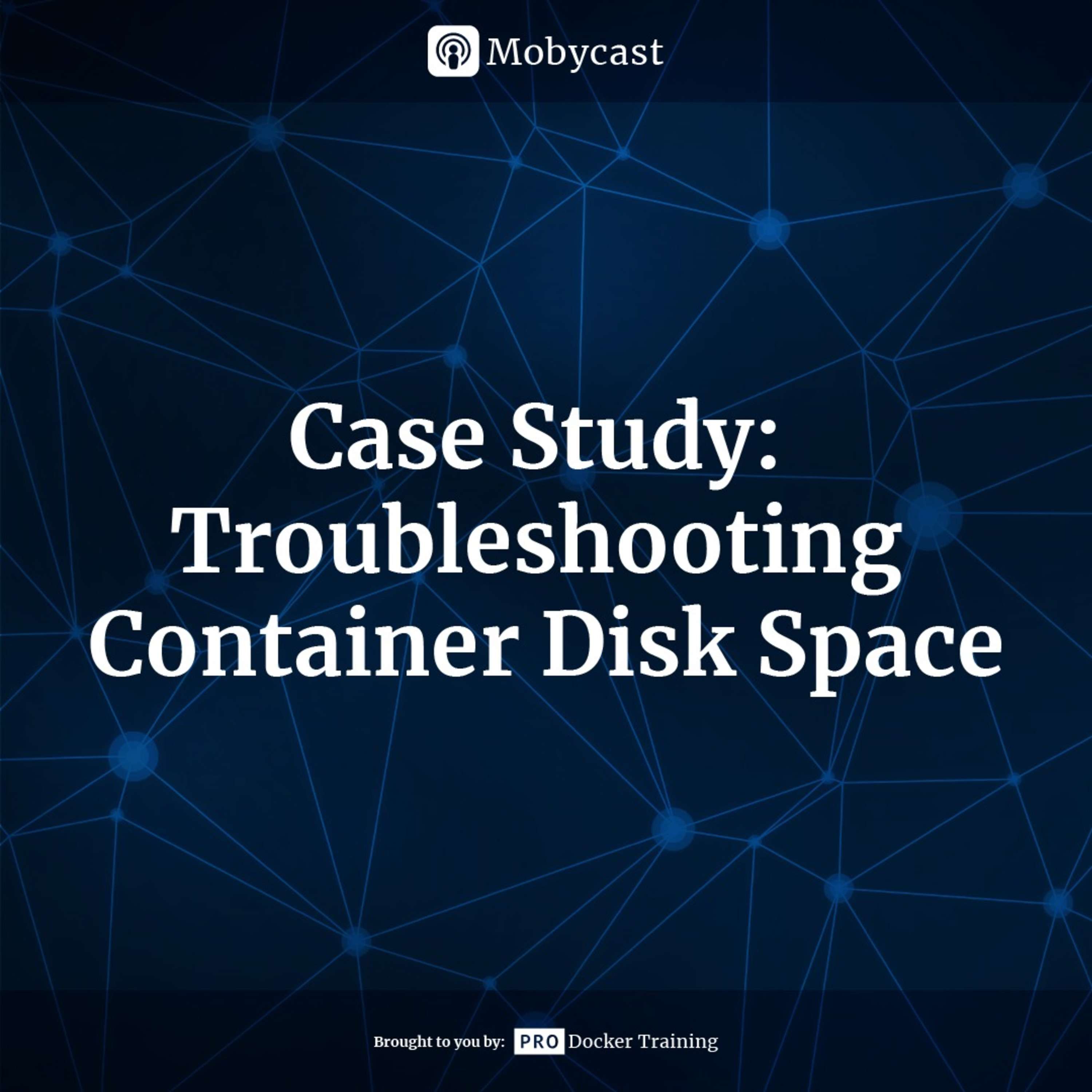
MobycastCase Study: Troubleshooting Container Disk SpaceIn episode 23 of Mobycast, Jon and Chris will dive into another Kelsus case study. This time, we chat about troubleshooting container disk space. Welcome to Mobycast, a weekly conversation about containerization, Docker, and modern software deployment.
2018-08-1533 min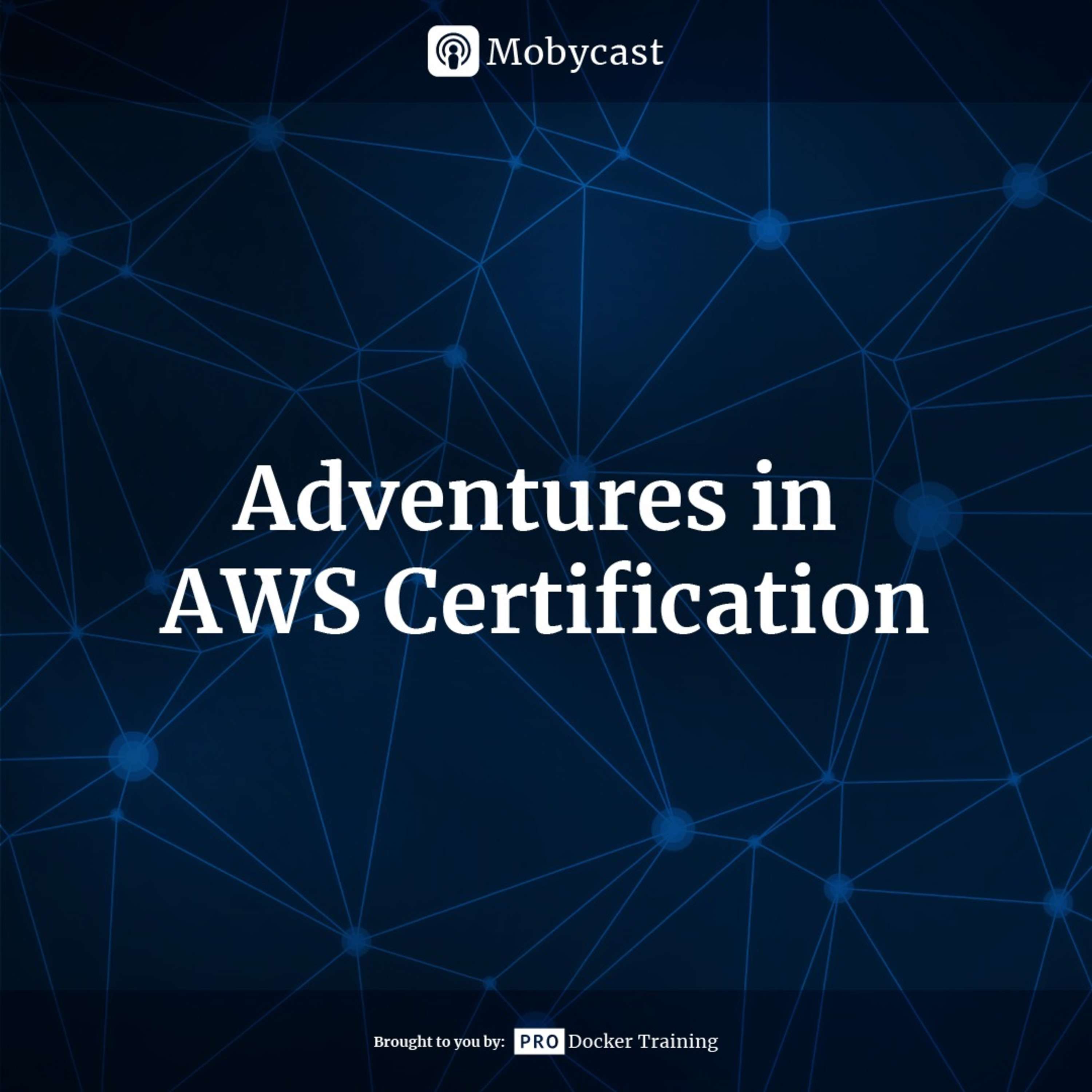
MobycastAdventures in AWS CertificationIn episode 22 of Mobycast, Chris recaps his experience attending a rare, and privileged workshop at the AWS offices in San Francisco. Welcome to Mobycast, a weekly conversation about containerization, Docker, and modern software deployment.
2018-08-0828 min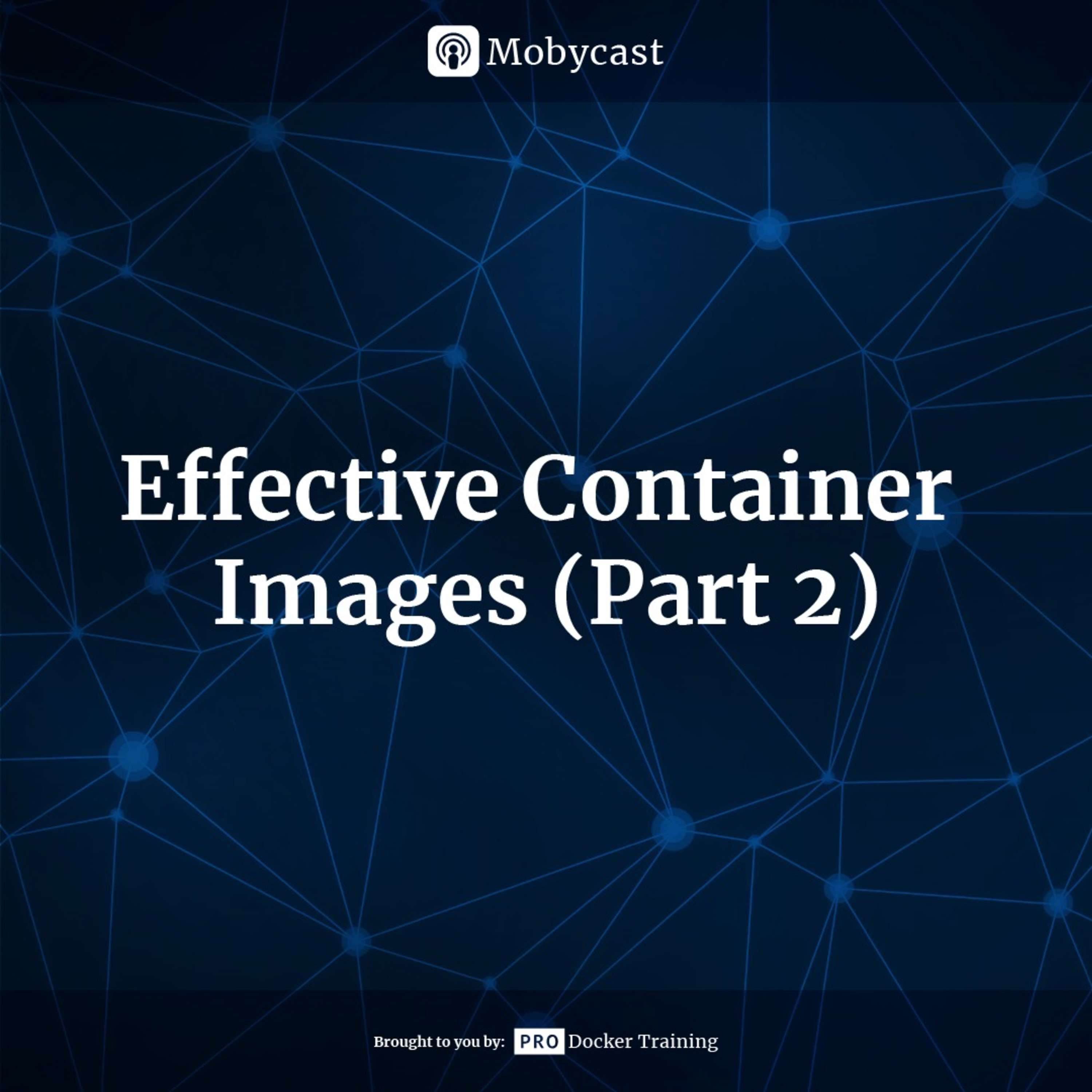
MobycastEffective Container Images (Part 2)In episode 21 of Mobycast, we picked around last week's conversation with part two of how to create effective container images. Welcome to Mobycast, a weekly conversation about containerization, Docker, and modern software deployment.
2018-08-0128 min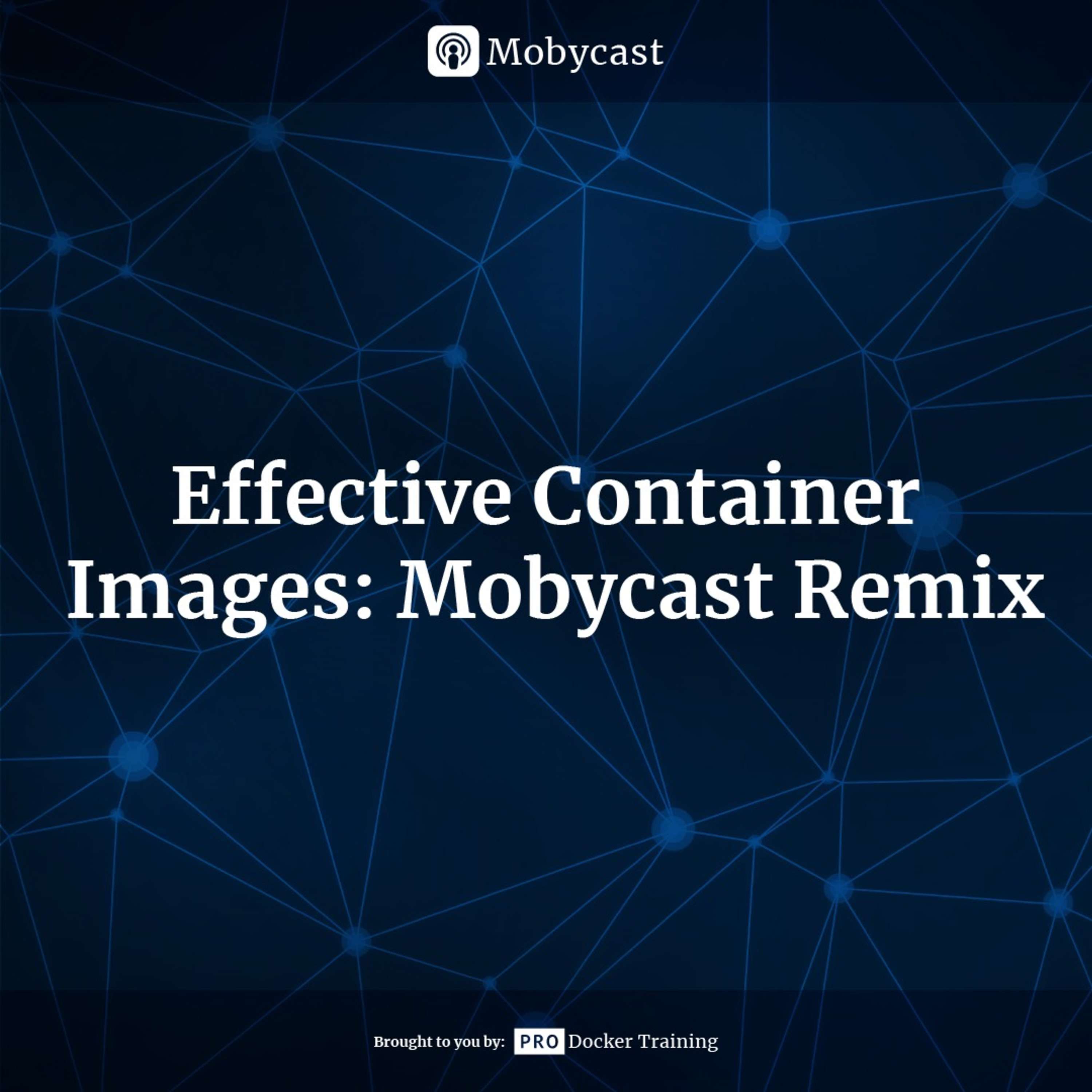
MobycastEffective Container Images (Part 1)In episode 20 of Mobycast, Chris recaps another DockerCon 2018 session, how to create effective container images by Abby Fuller. Welcome to Mobycast, a weekly conversation about containerization, Docker, and modern software deployment.
2018-07-2527 min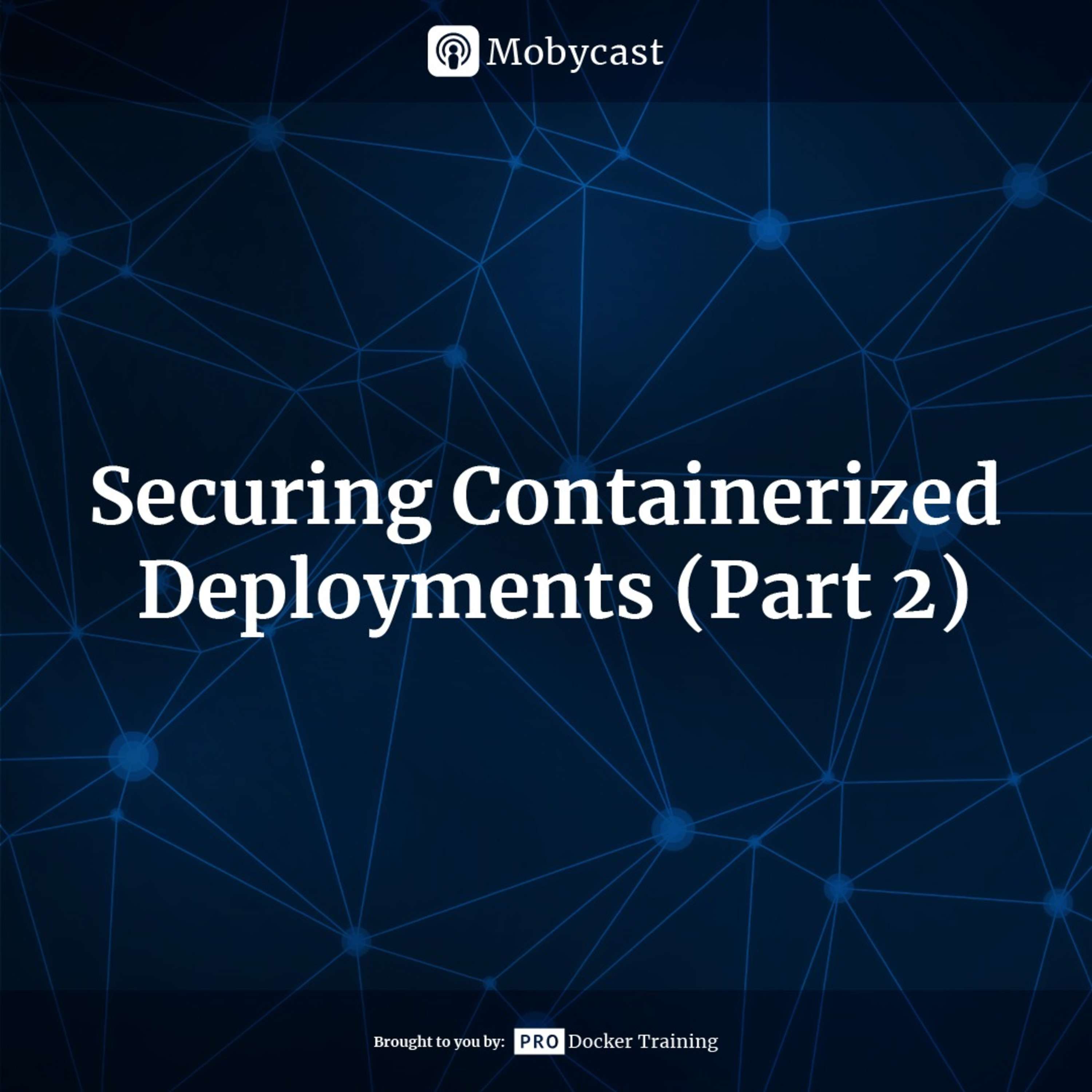
MobycastSecuring Containerized Deployments (Part 2)In episode 19 of Mobycast, Chris leads part two of a discussion about securing containerized deployments. Welcome to Mobycast, a weekly conversation about containerization, Docker, and modern software deployment.
2018-07-1828 min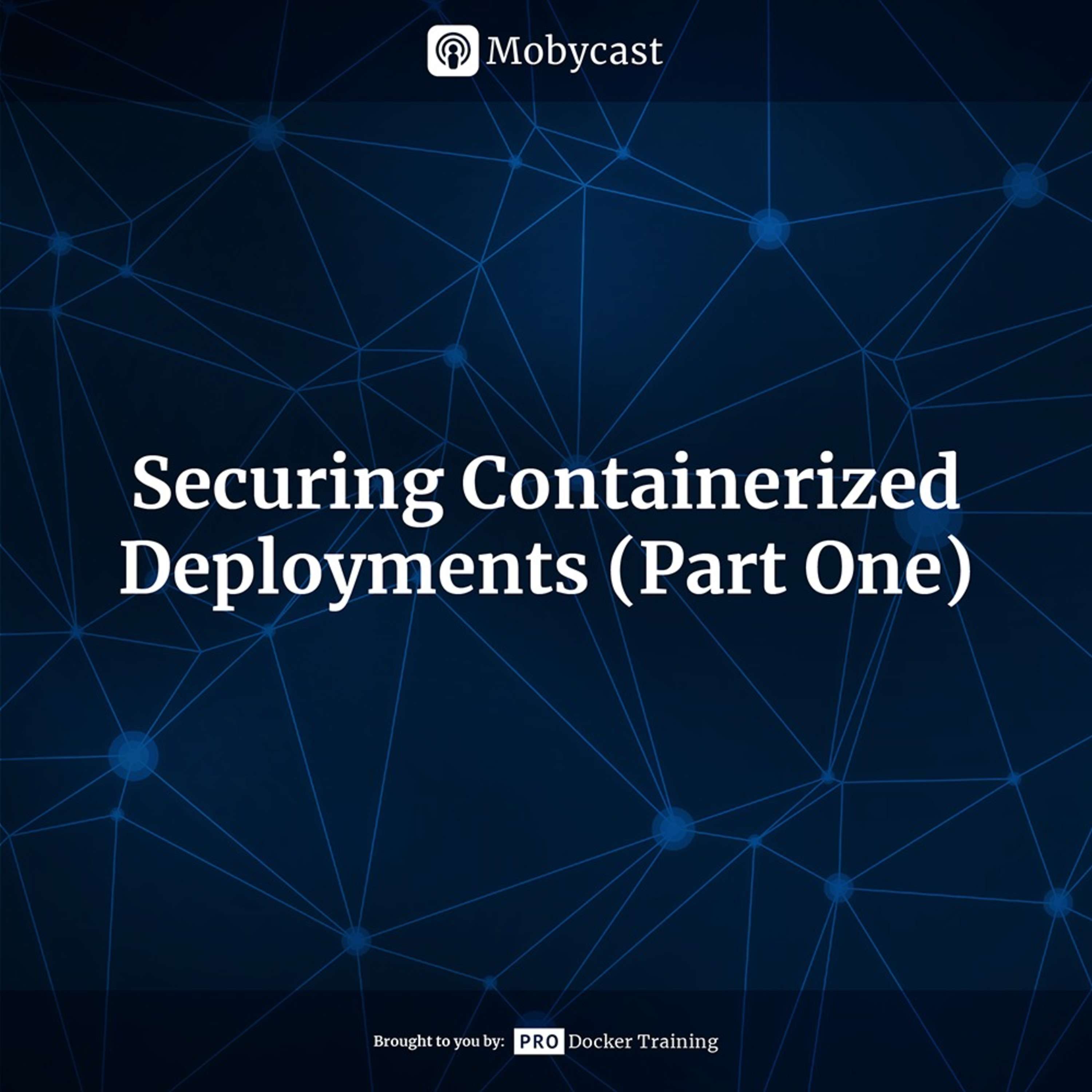
MobycastSecuring Containerized Deployments (Part One)In episode 18 of Mobycast, Chris leads a DockerCon session roll up. In particular, we discussed securing container-based deployments. Welcome to Mobycast, a weekly conversation about containerization, Docker, and modern software deployment.
2018-07-1123 min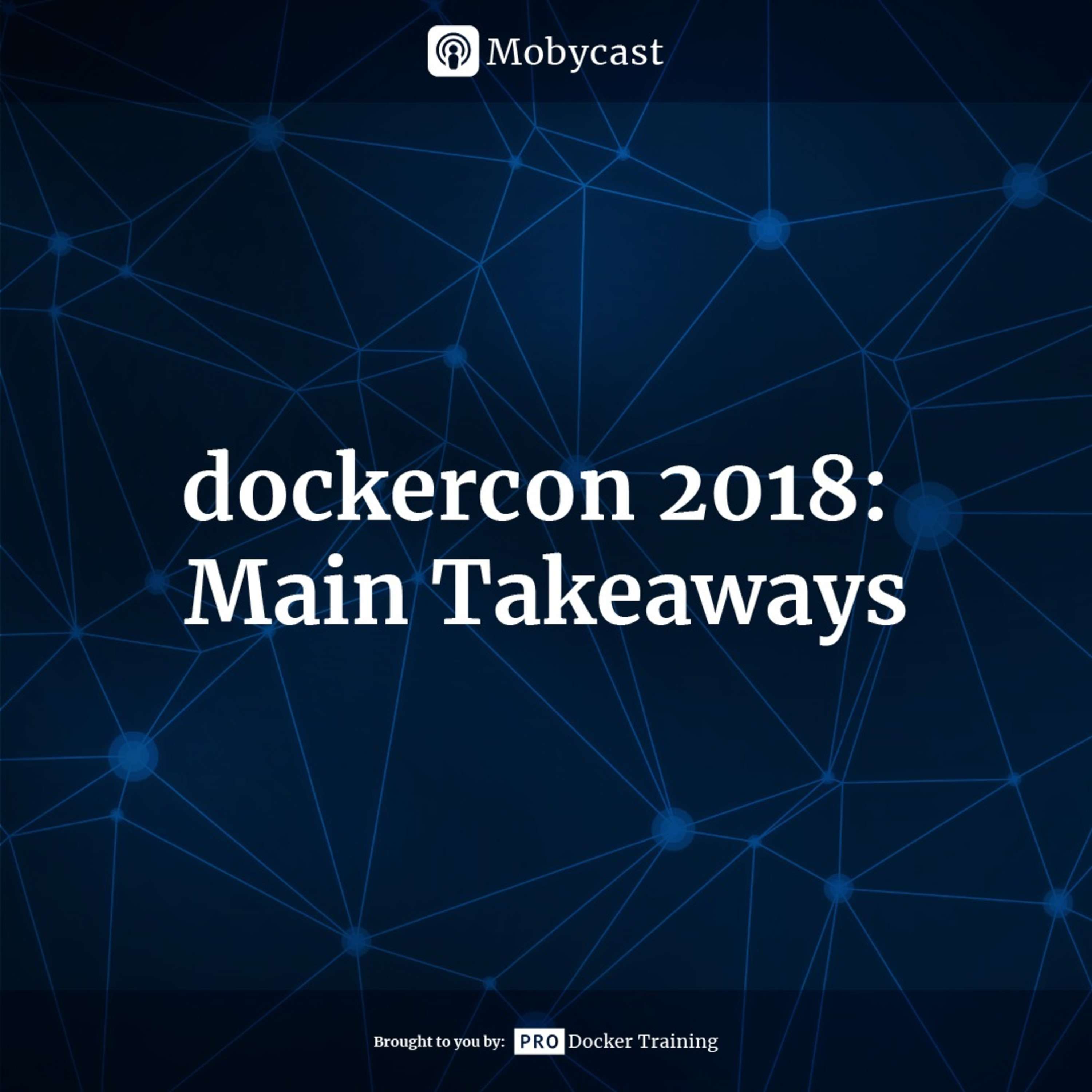
MobycastTakeaways from Dockercon 2018In episode 17 of Mobycast, Chris provides his main takeaways from dockercon 2018. Welcome to Mobycast, a weekly conversation about containerization, Docker, and modern software deployment.
2018-07-0425 min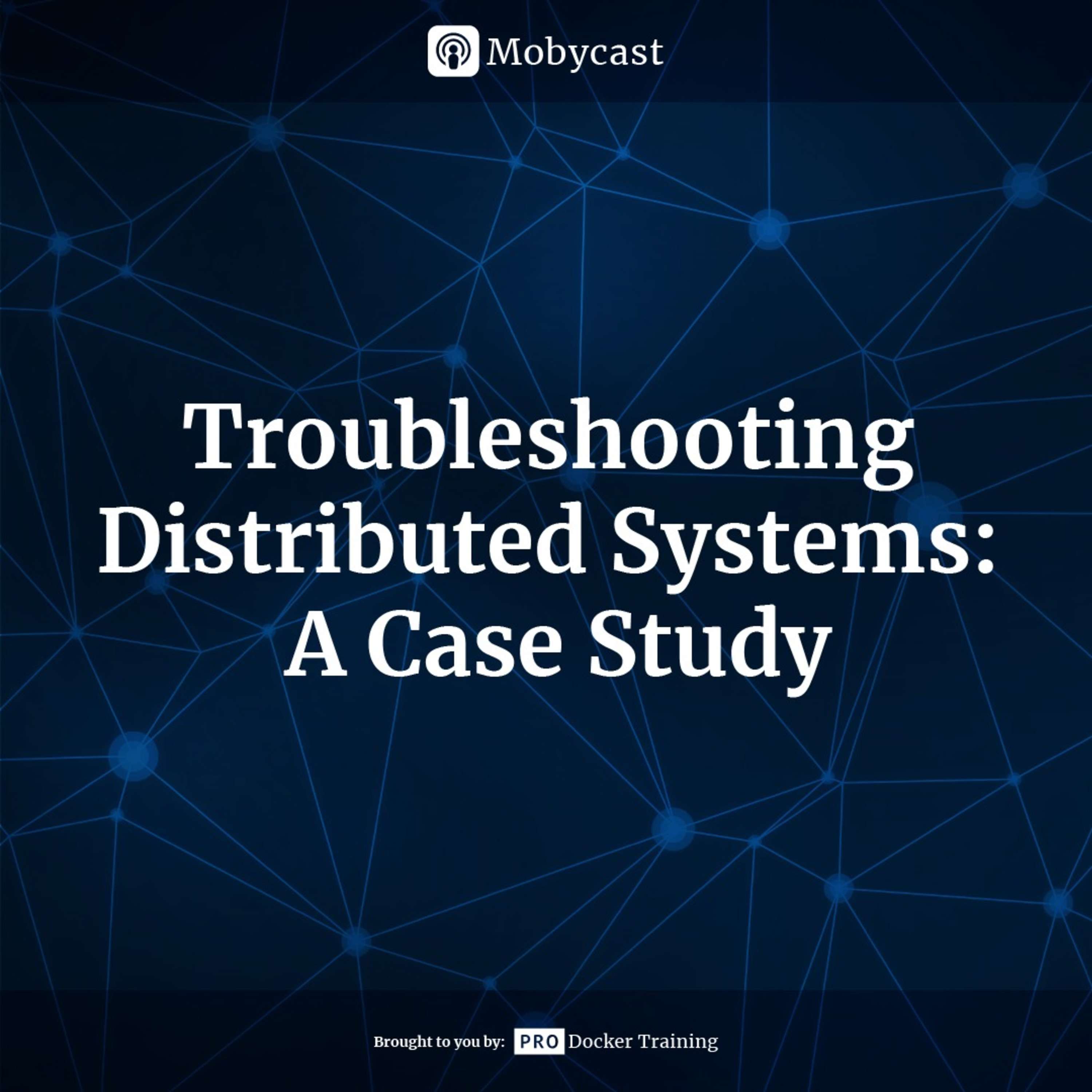
MobycastTroubleshooting Distributed Systems: A Case StudyIn episode 16 of Mobycast, Jon and Chris discuss how they recently troubleshot a client’s distributed system. Welcome to Mobycast, a weekly conversation about containerization, Docker, and modern software deployment.
2018-06-2730 min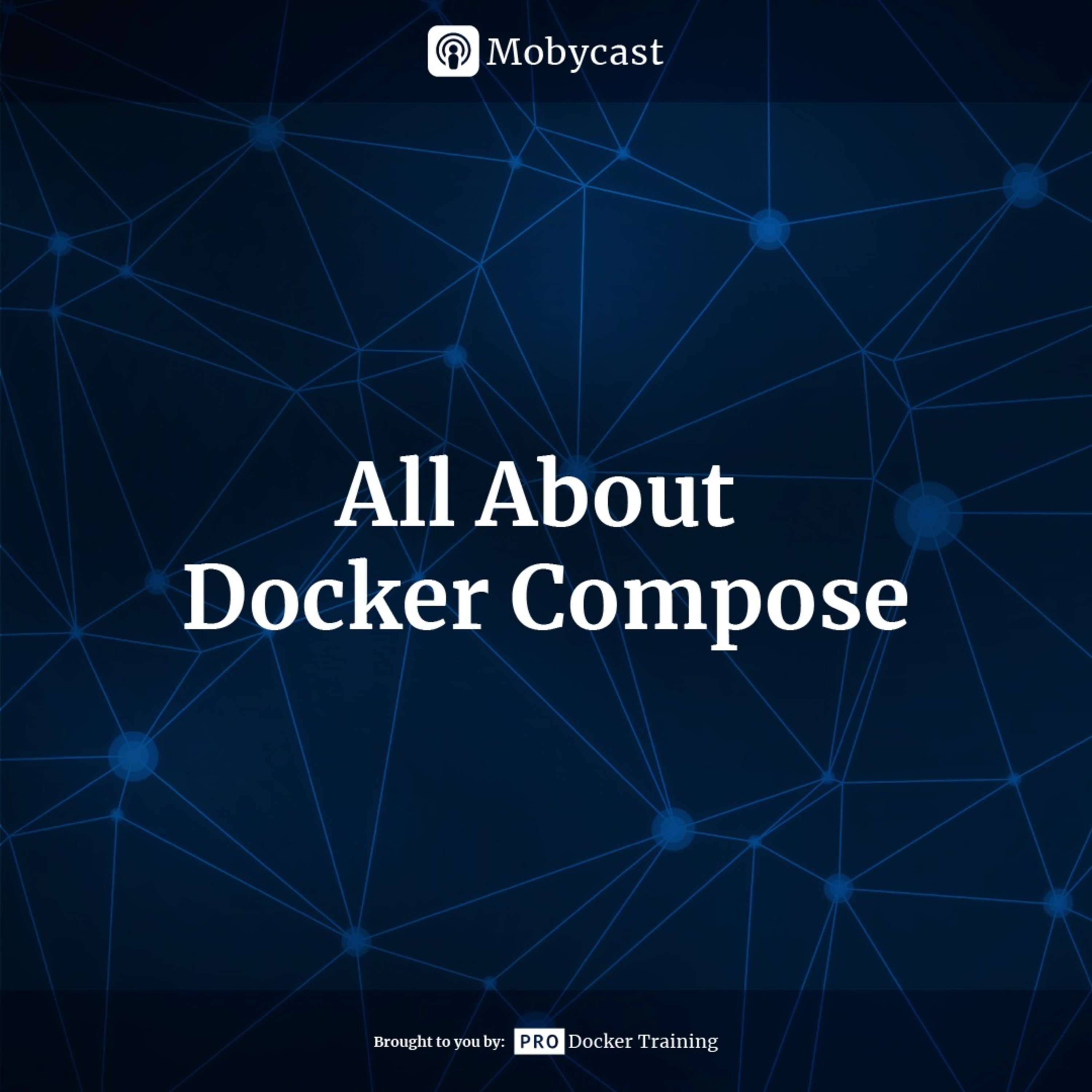
MobycastAll About Docker ComposeIn episode 15 of Mobycast, Jon and Chris teach me all about Docker Compose. Welcome to Mobycast, a weekly conversation about containerization, Docker, and modern software deployment.
2018-06-2025 min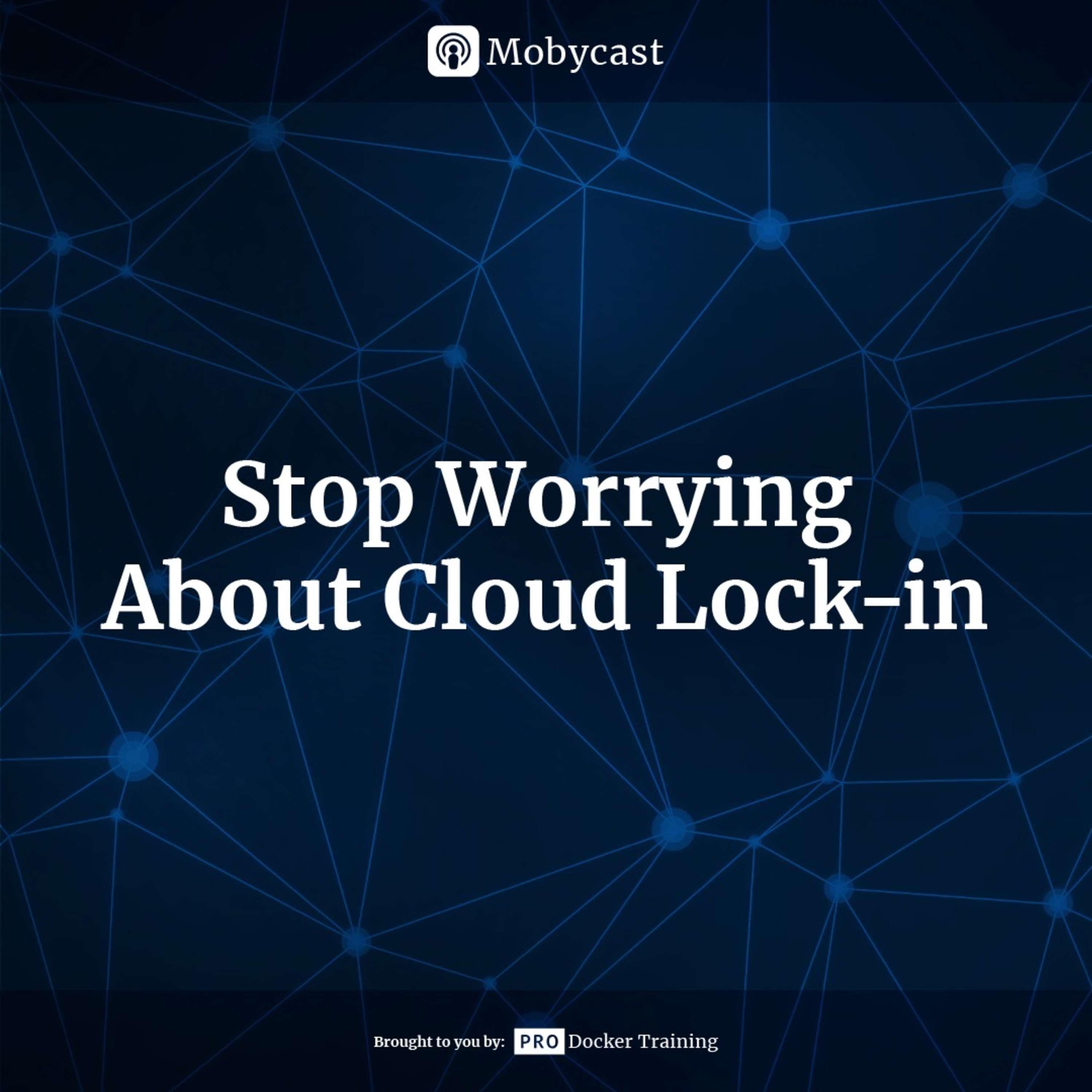
MobycastStop Worrying About Cloud Lock-inIn Episode 14 of Mobycast, Jon and Chris explained why you should stop worrying about cloud lock-in. Welcome to Mobycast, a weekly conversation about containerization, Docker and modern software deployment.
2018-06-1324 min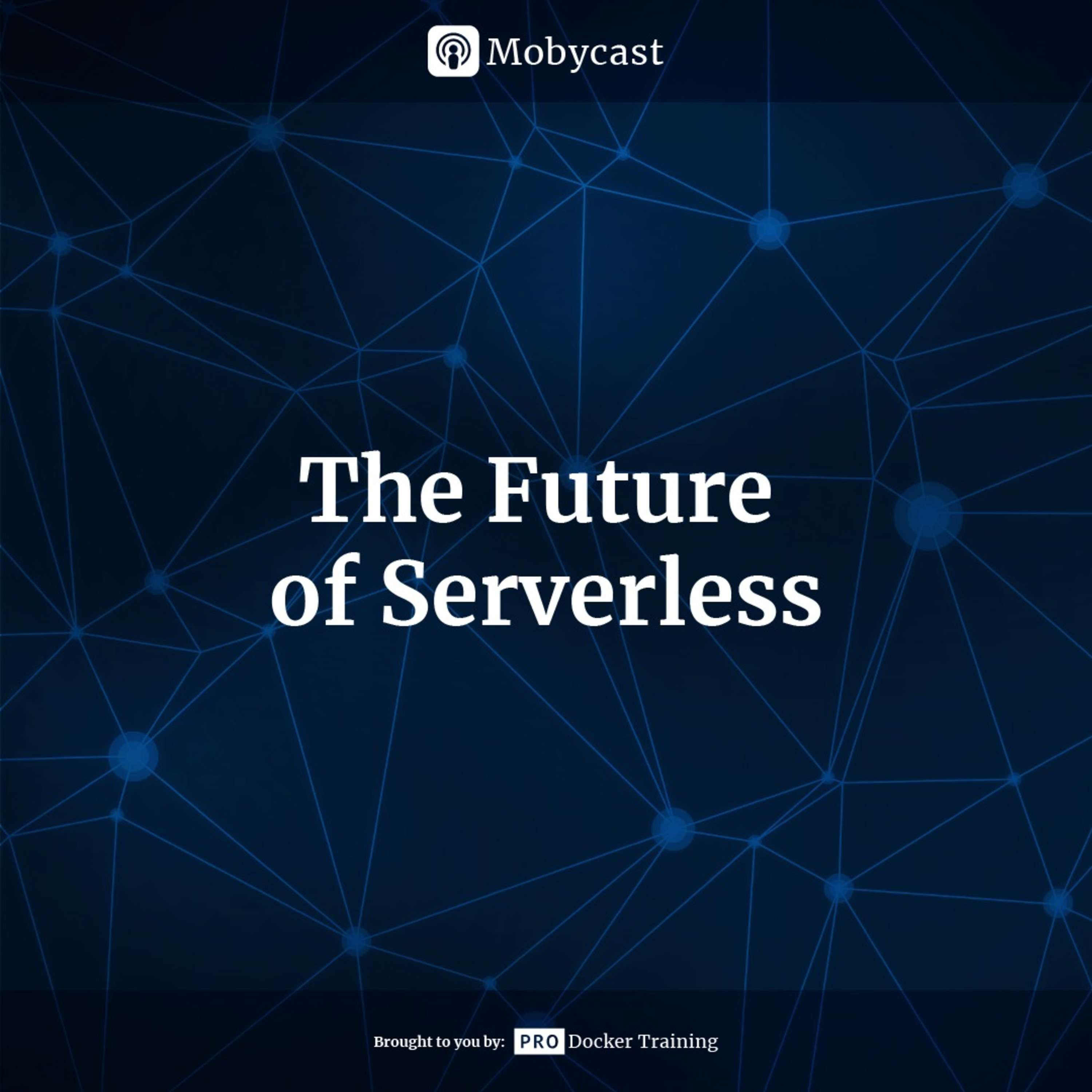
MobycastThe Future of ServerlessIn episode 13 of Mobycast, Jon and Chris discussed the future of serverless. Welcome to Mobycast, a weekly conversation about containerization, Docker, and modern software deployment.
2018-06-0626 min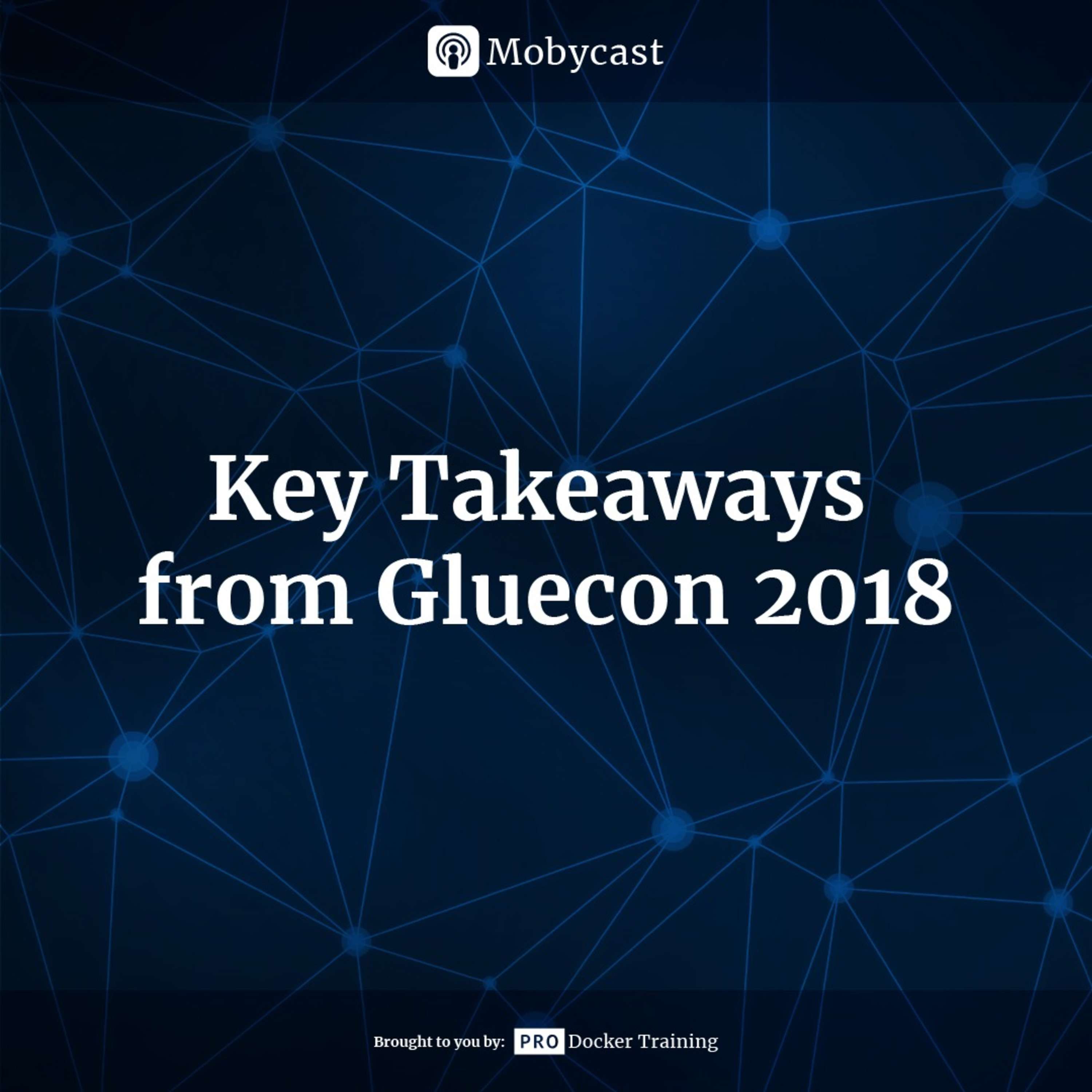
MobycastKey Takeaways from Gluecon 2018In episode 12 of Mobycast, John discusses his key takeaways from GlueCon 2018. Welcome to Mobycast, a weekly conversation about containerization, Docker and modern software deployment.
2018-05-3026 min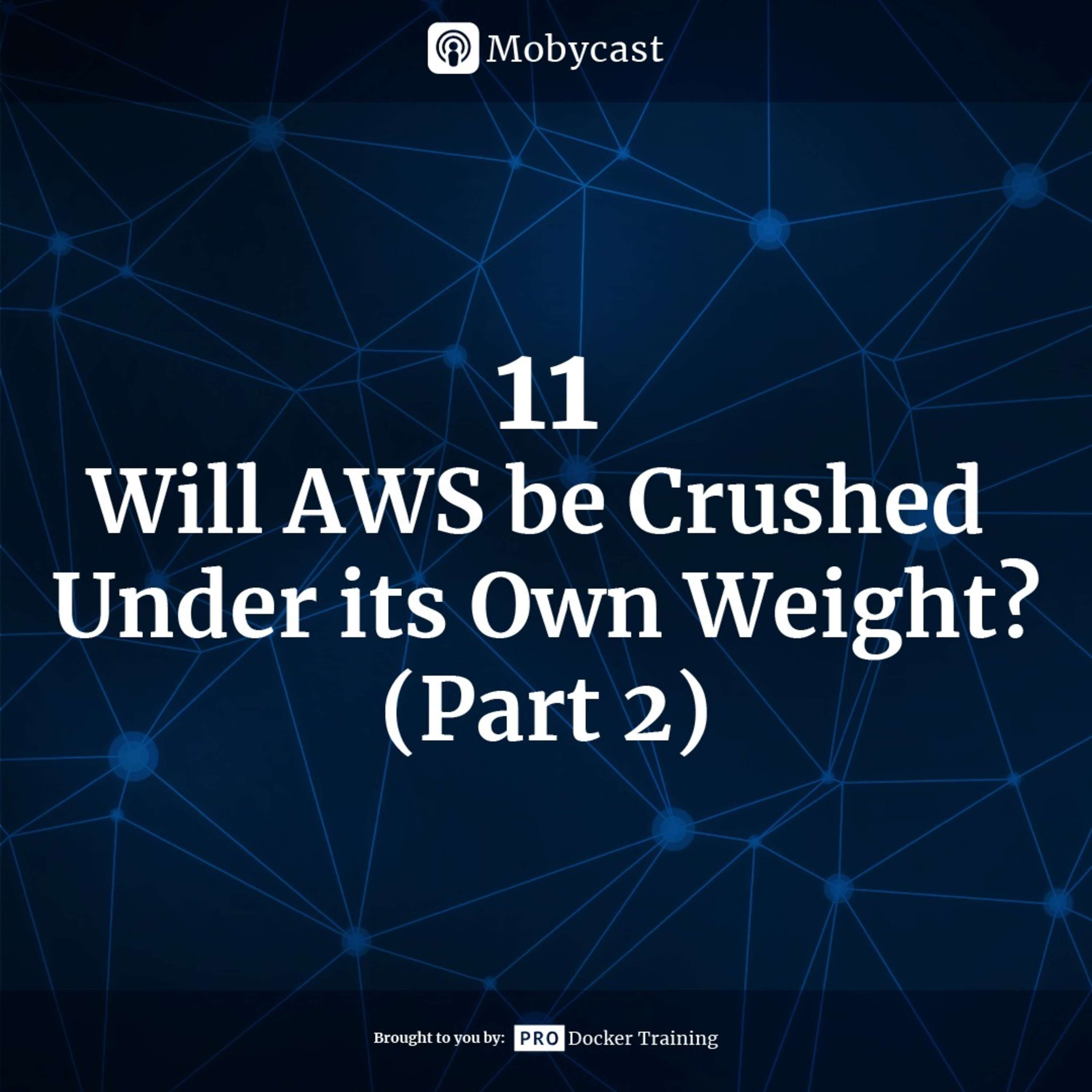
MobycastWill AWS be Crushed Under it's Own Weight? (Part 02)In Episode 11 of Mobycast, we continue last week’s conversation regarding the negative implications of AWS’ rapid growth. Welcome to Mobycast, a weekly conversation about containerization, Docker, and modern software deployment.
2018-05-2321 min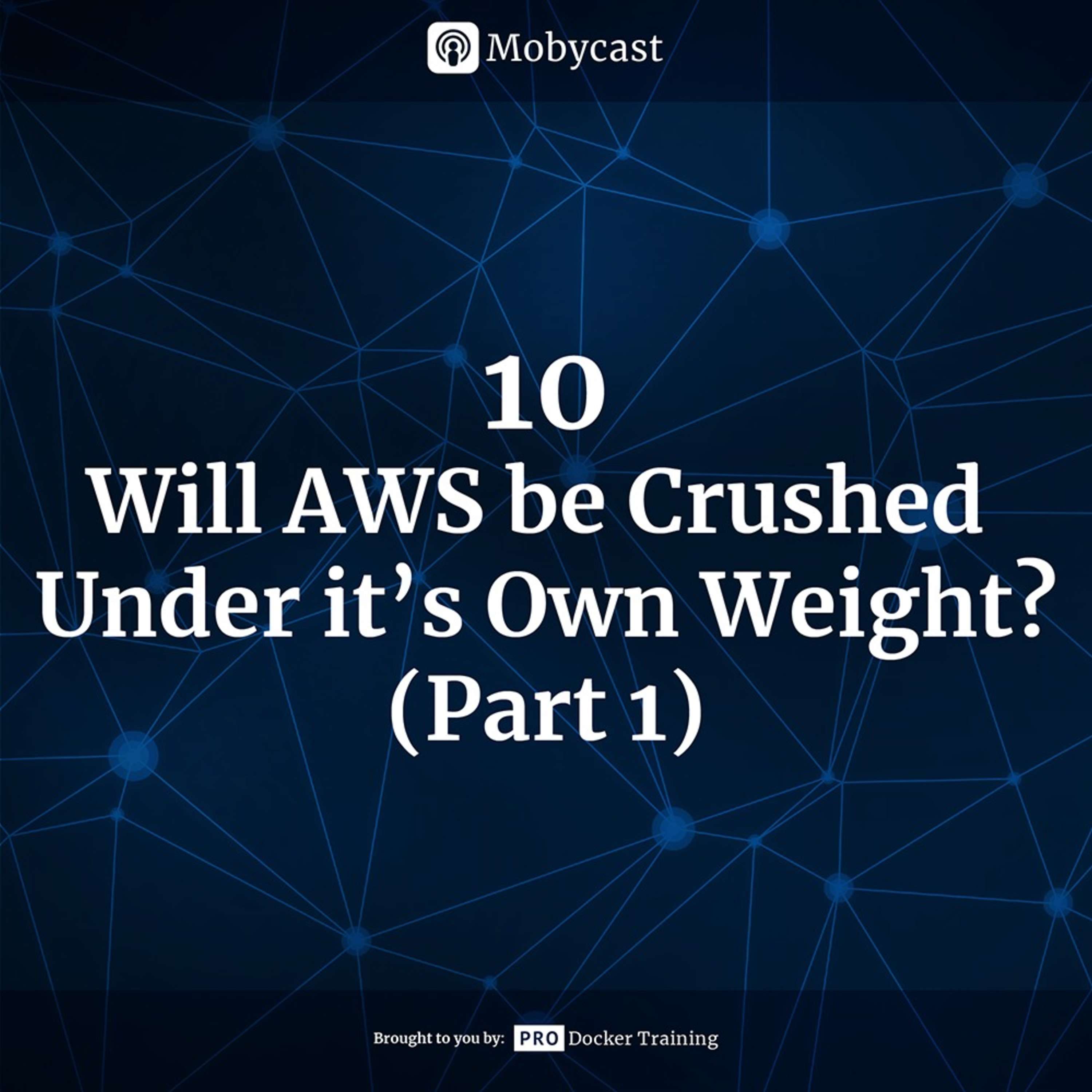
MobycastWill AWS Be Crushed Under it’s Own Weight? (Part 01)In episode 10 of Mobycast, Jon and Chris consider a reality where AWS crushes under its own weight. Welcome to Mobycast, a weekly conversation about containerization, Docker, and modern software deployment.
2018-05-1623 min